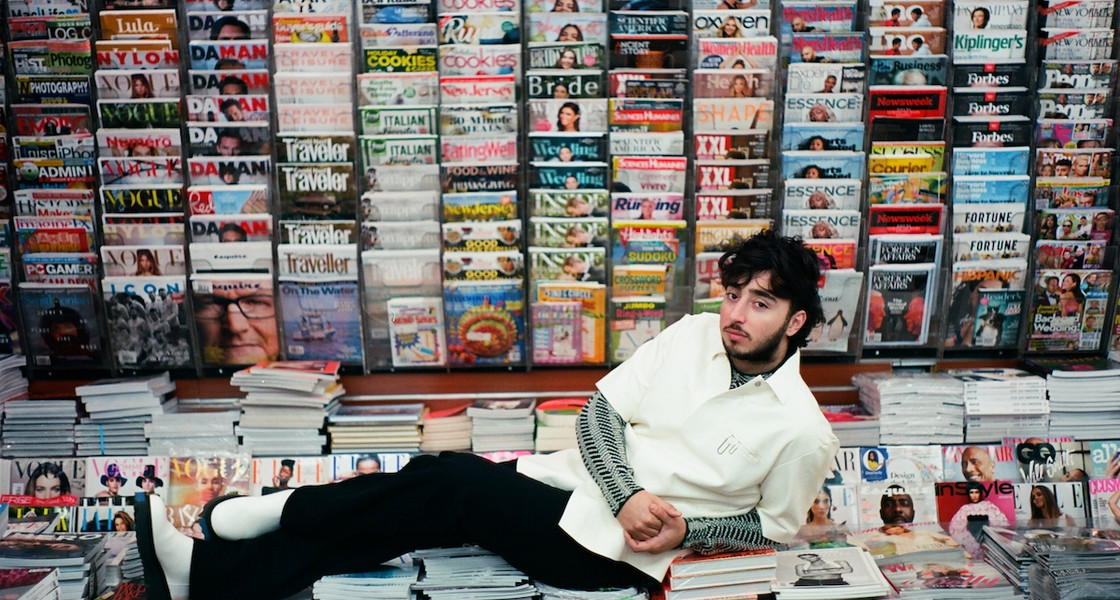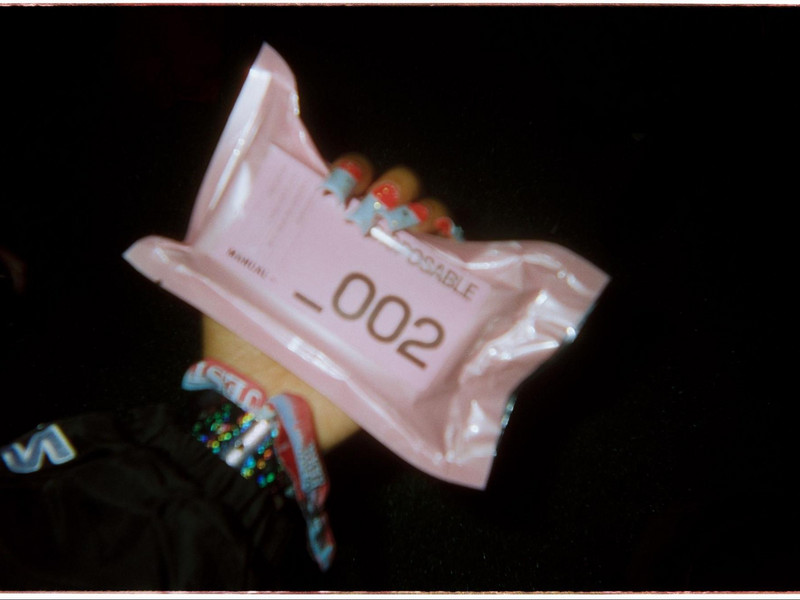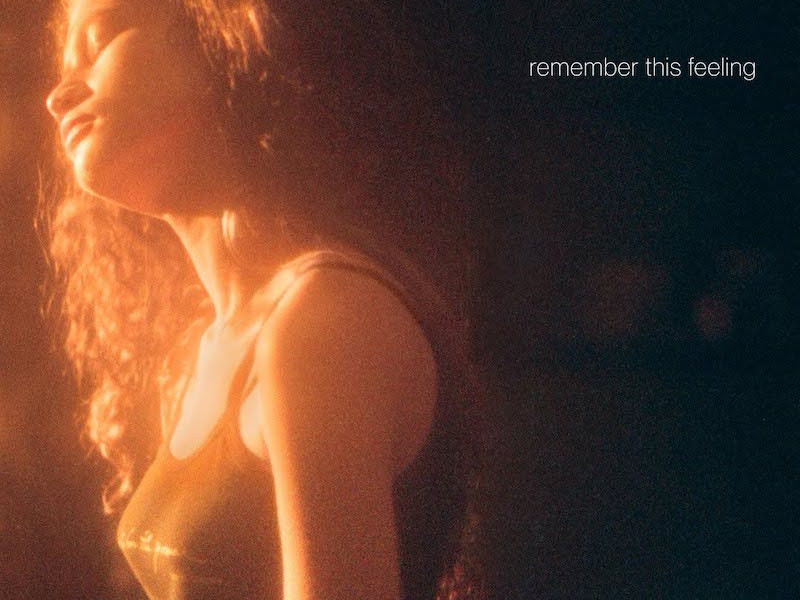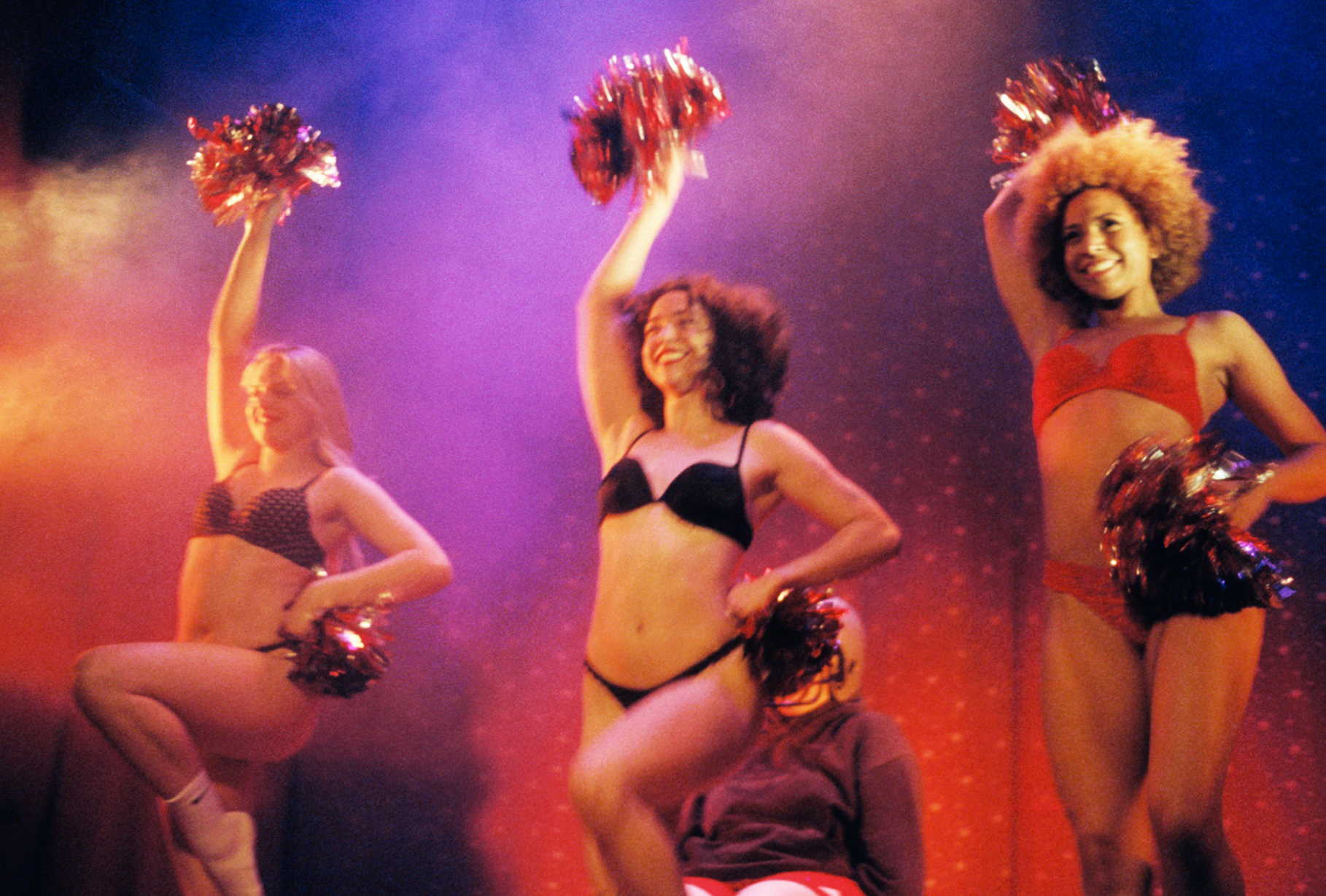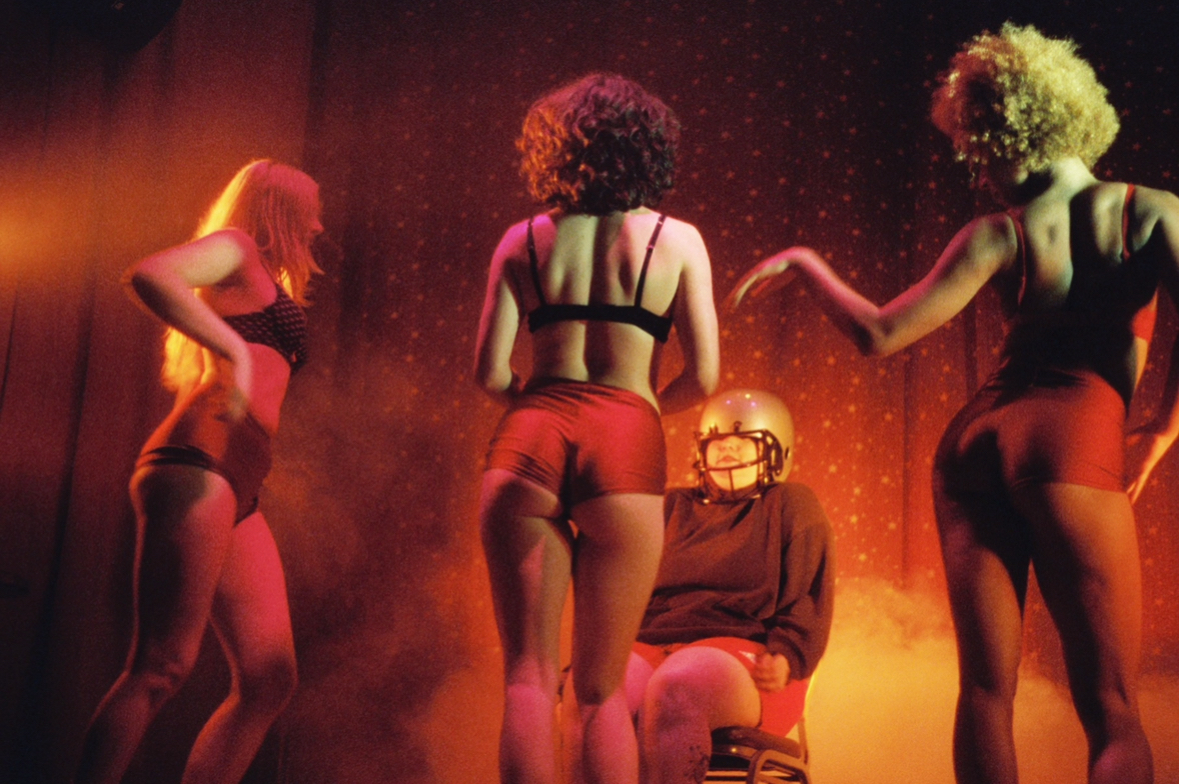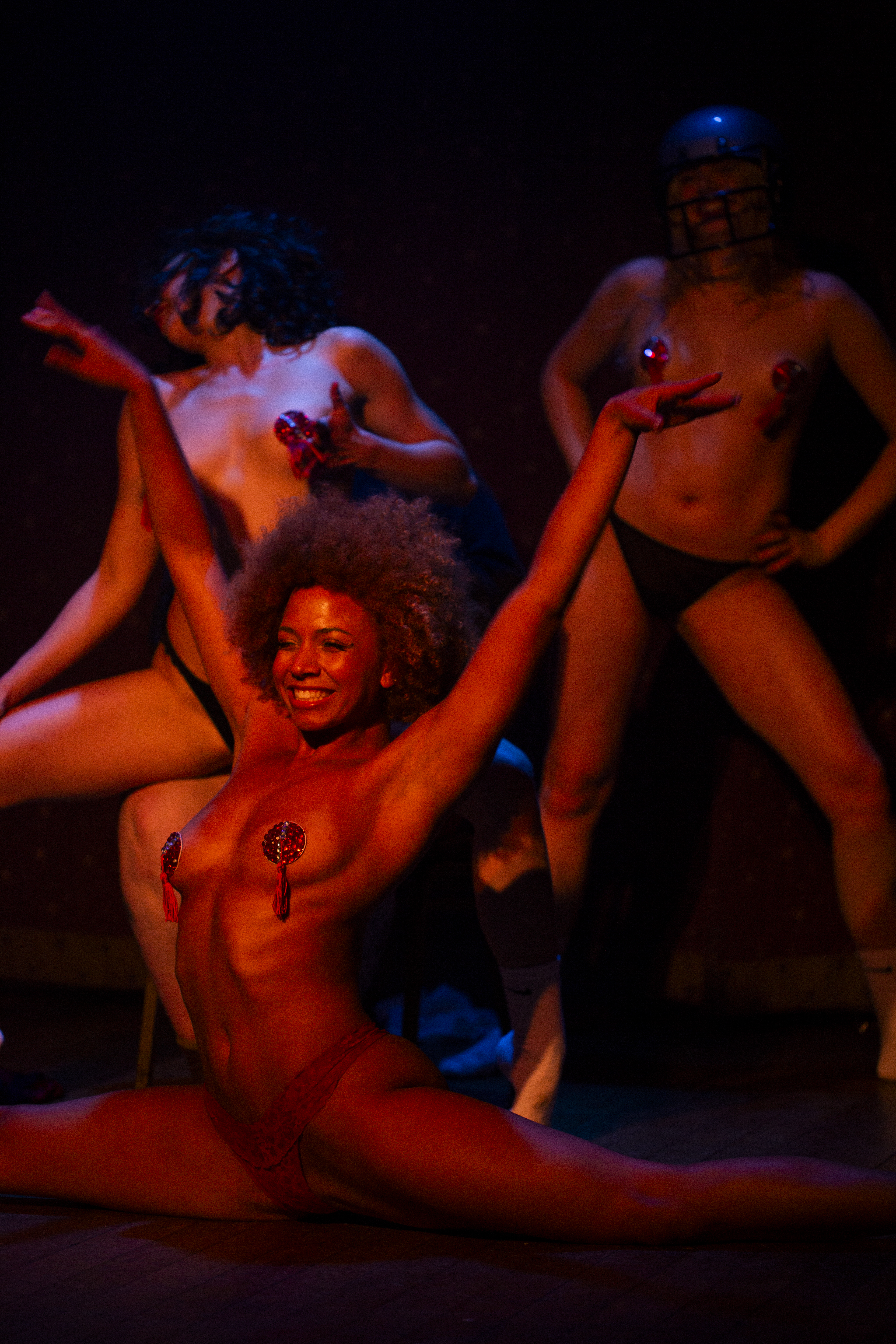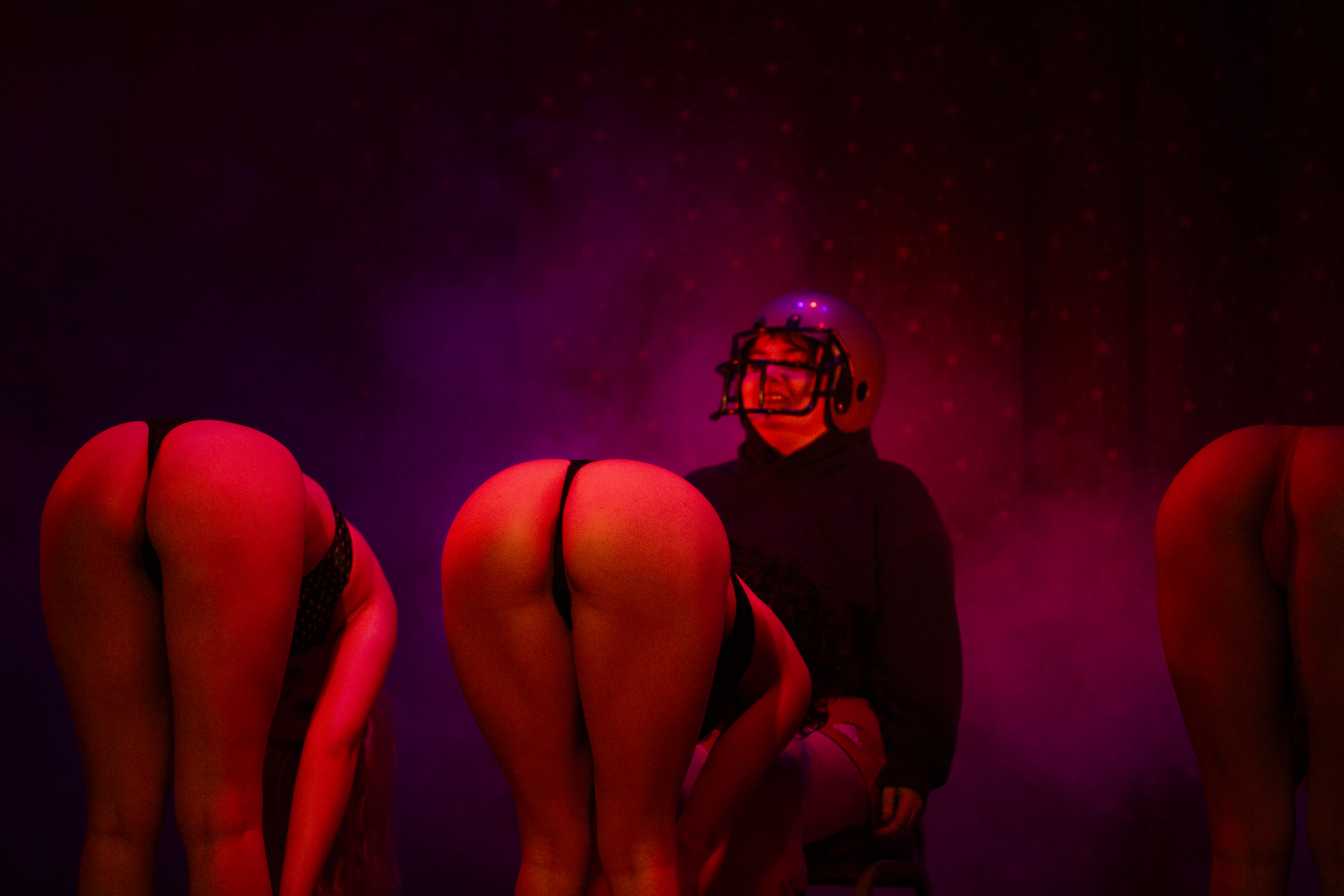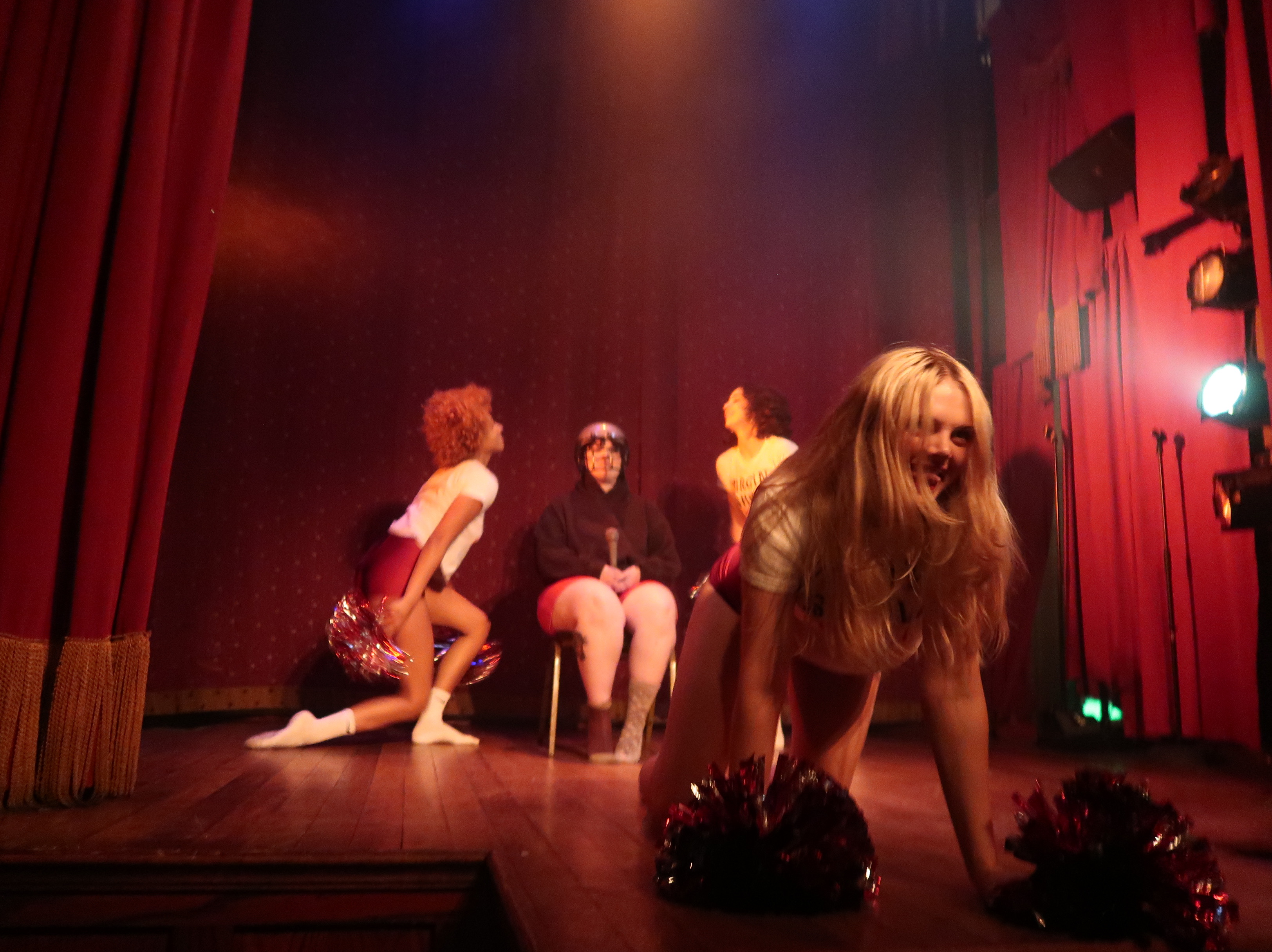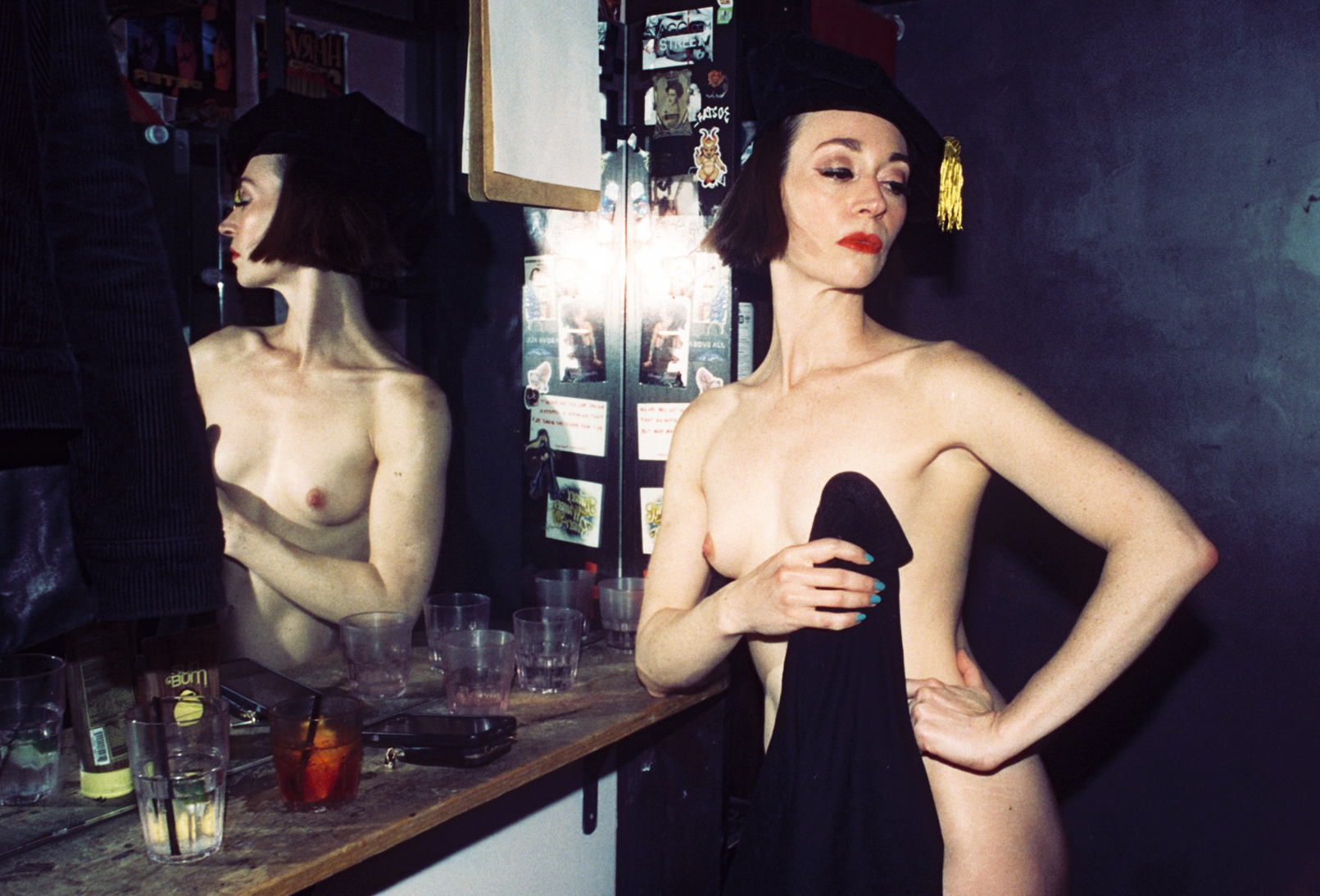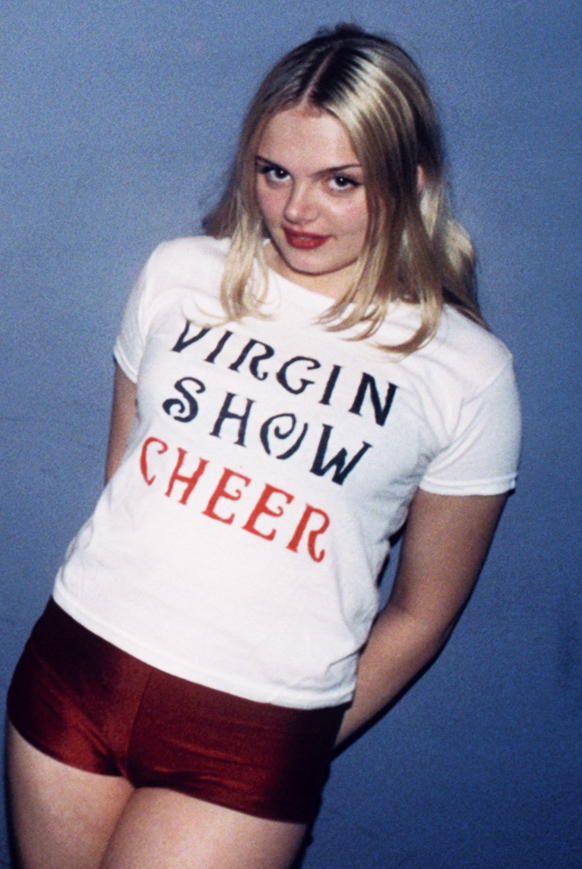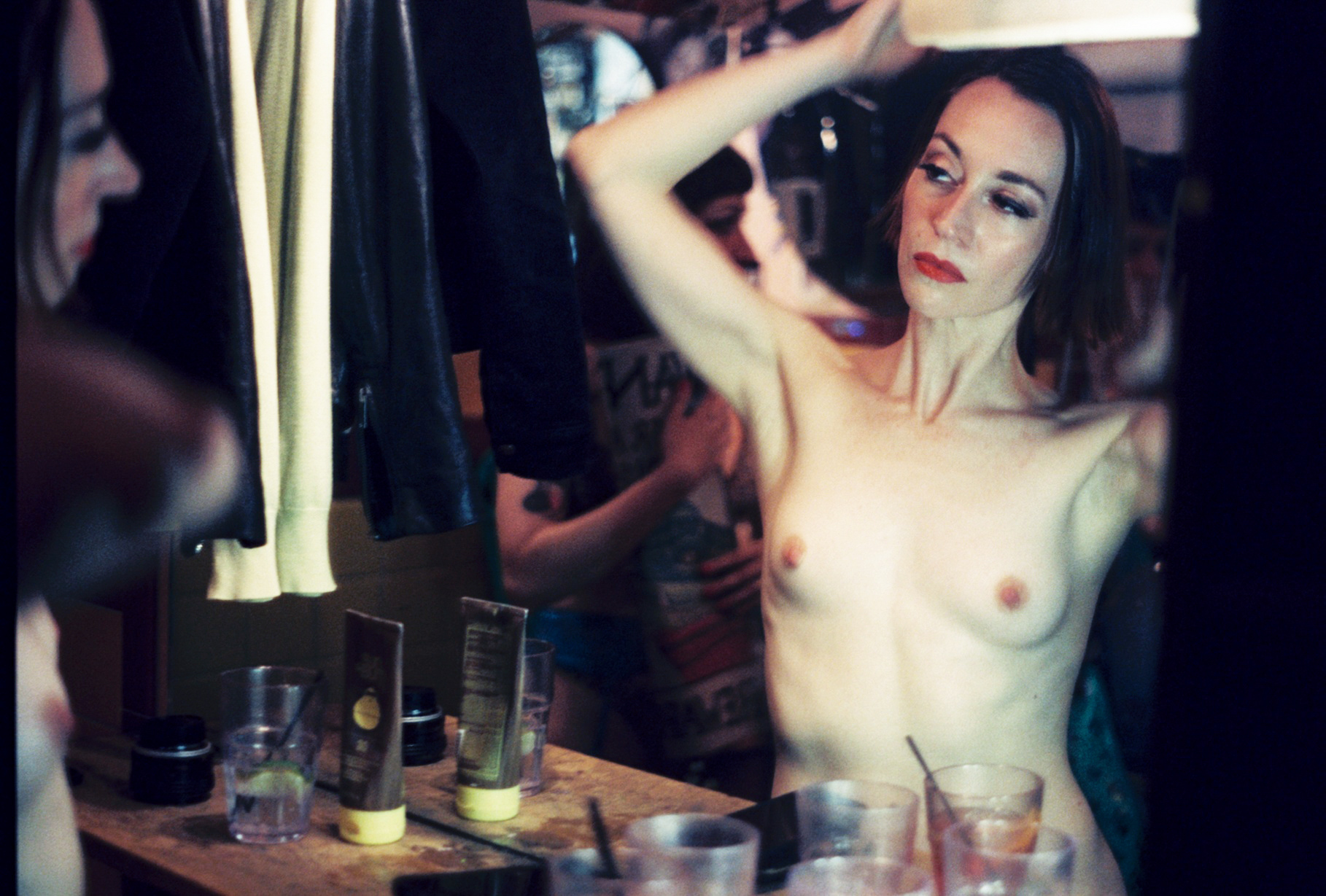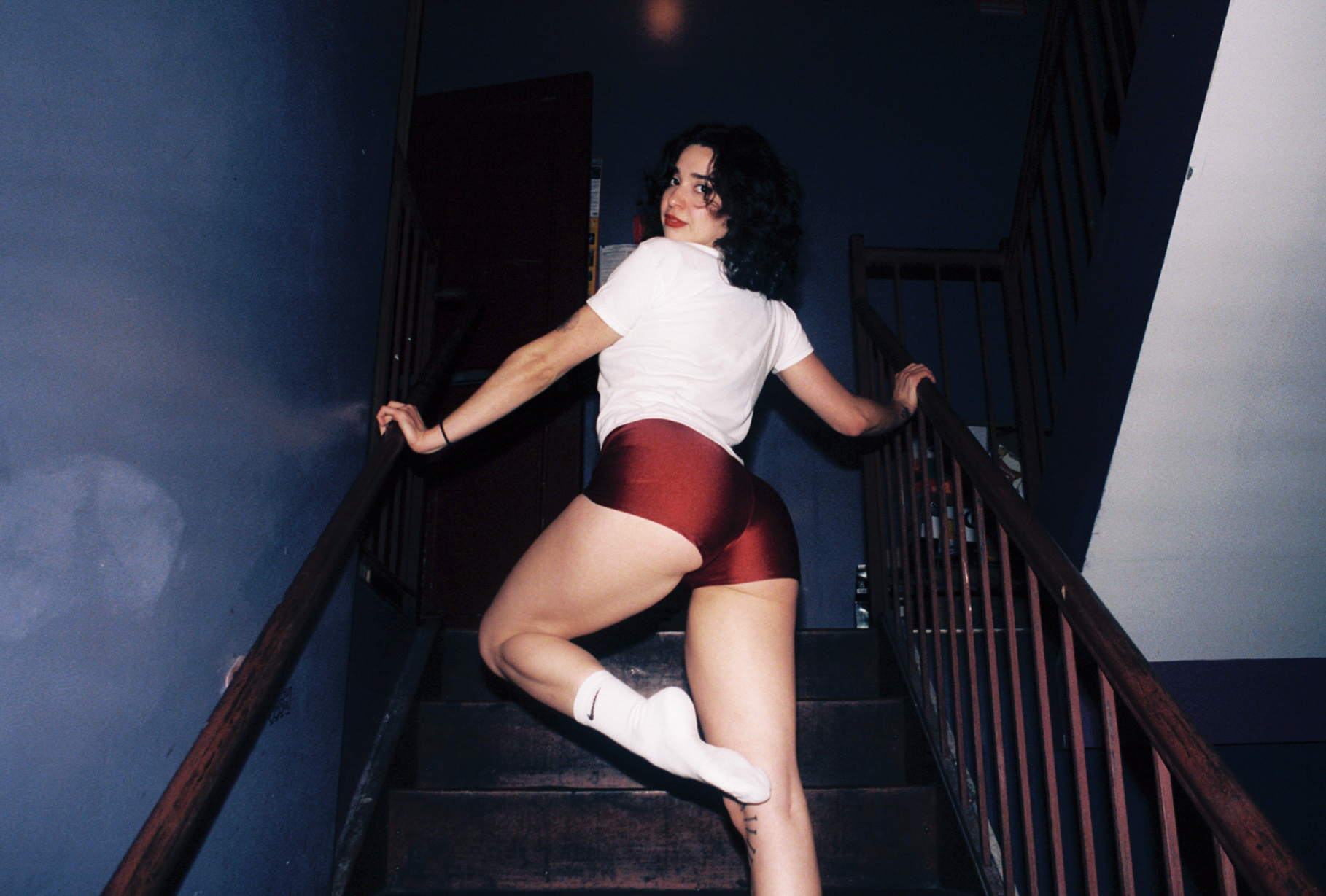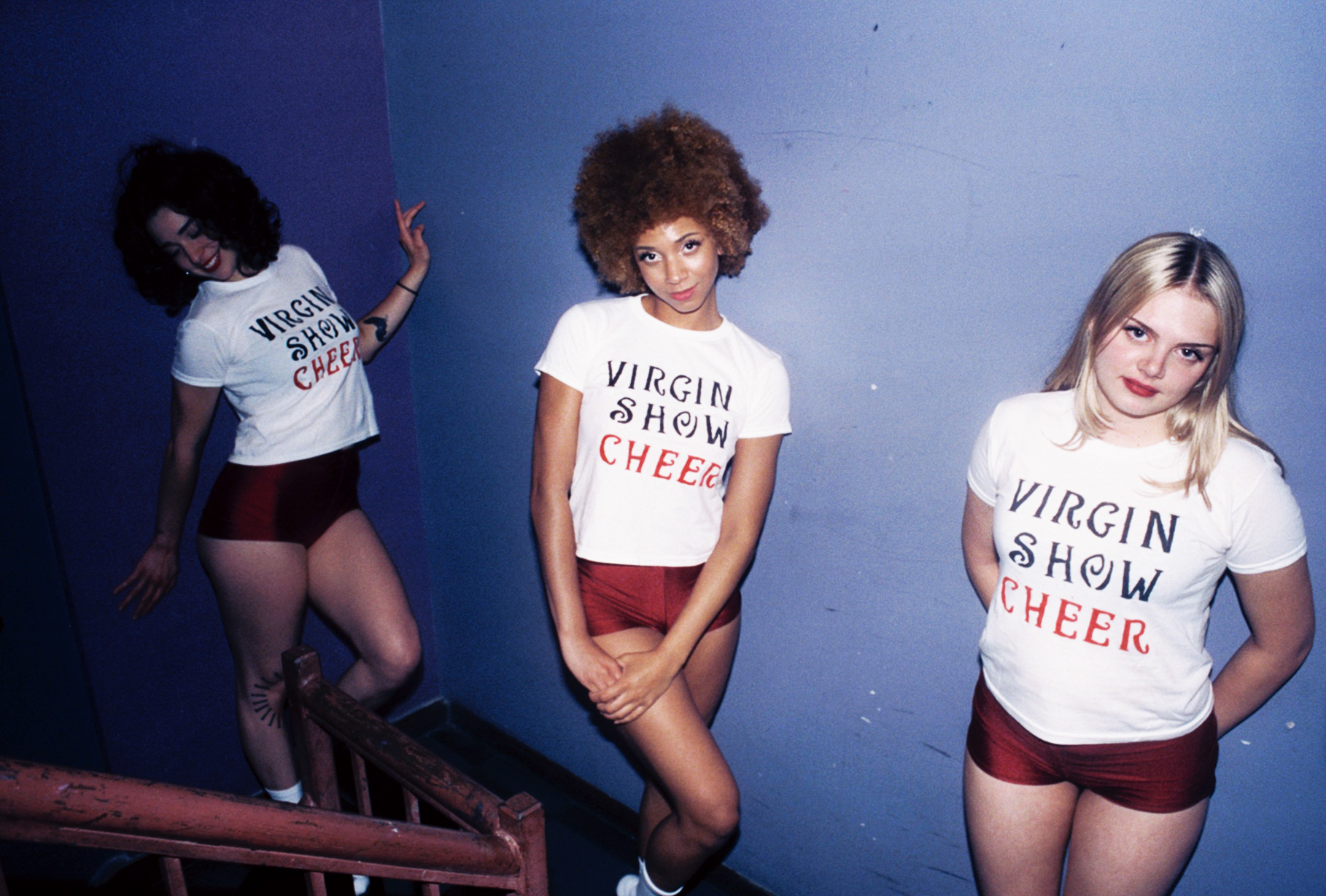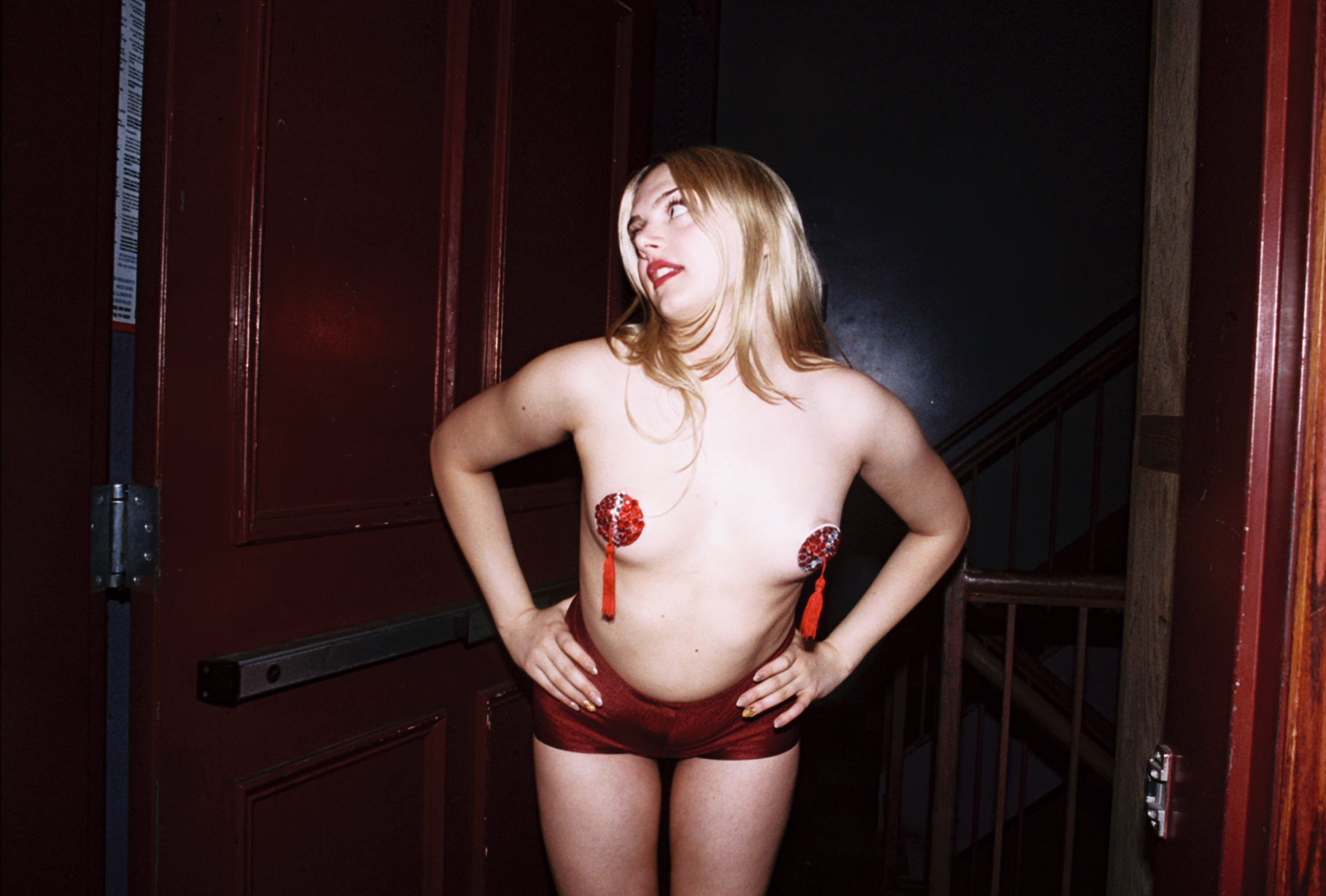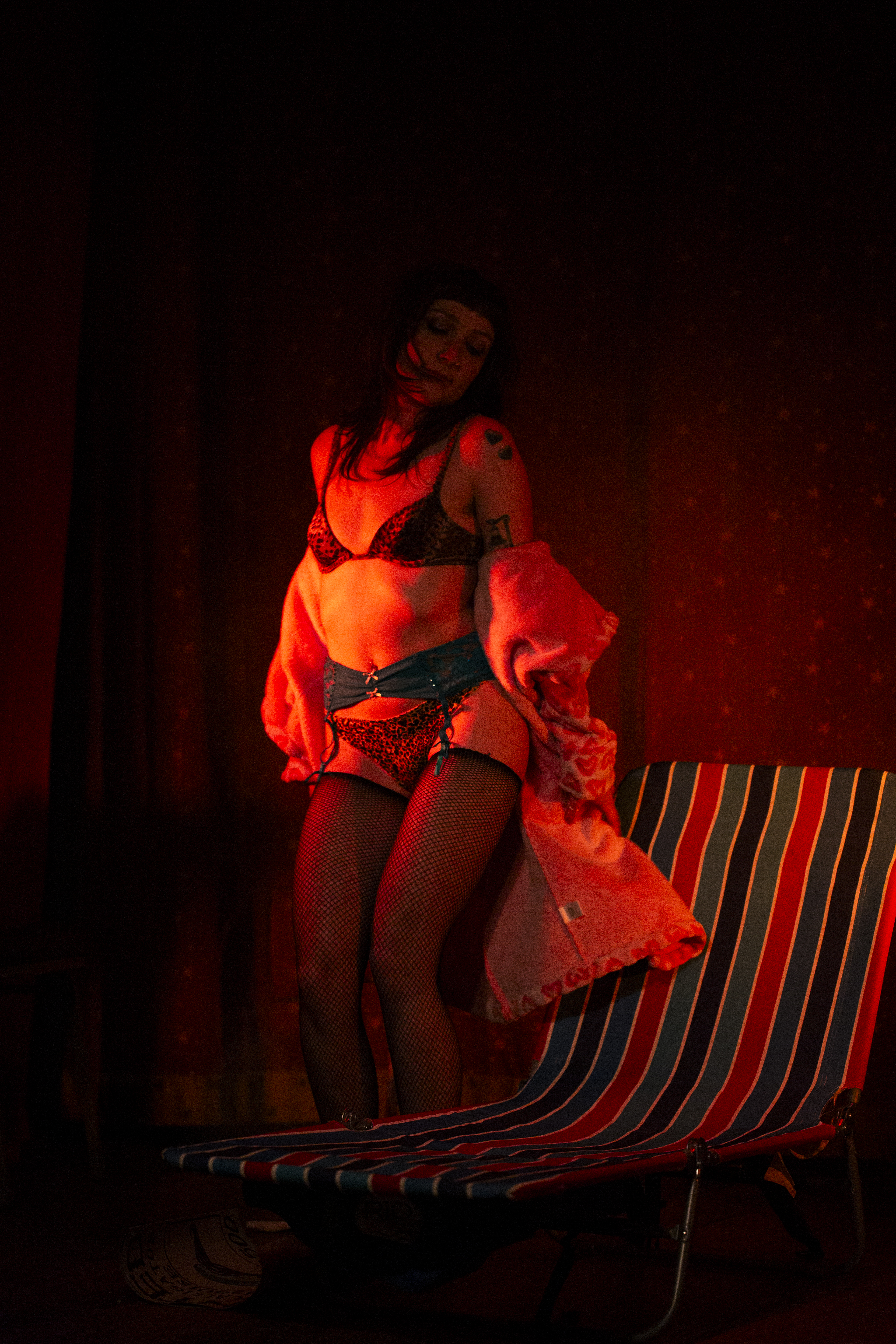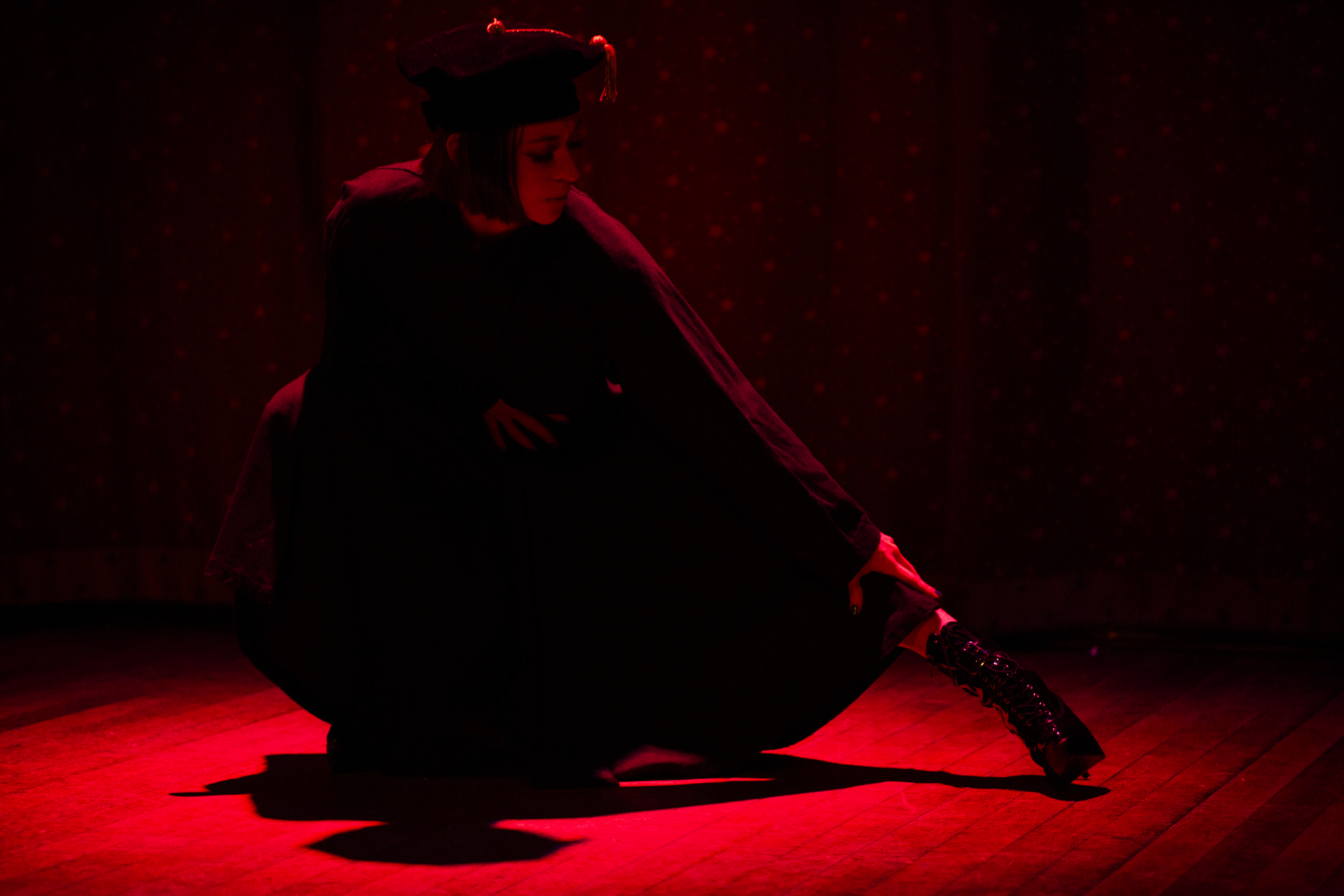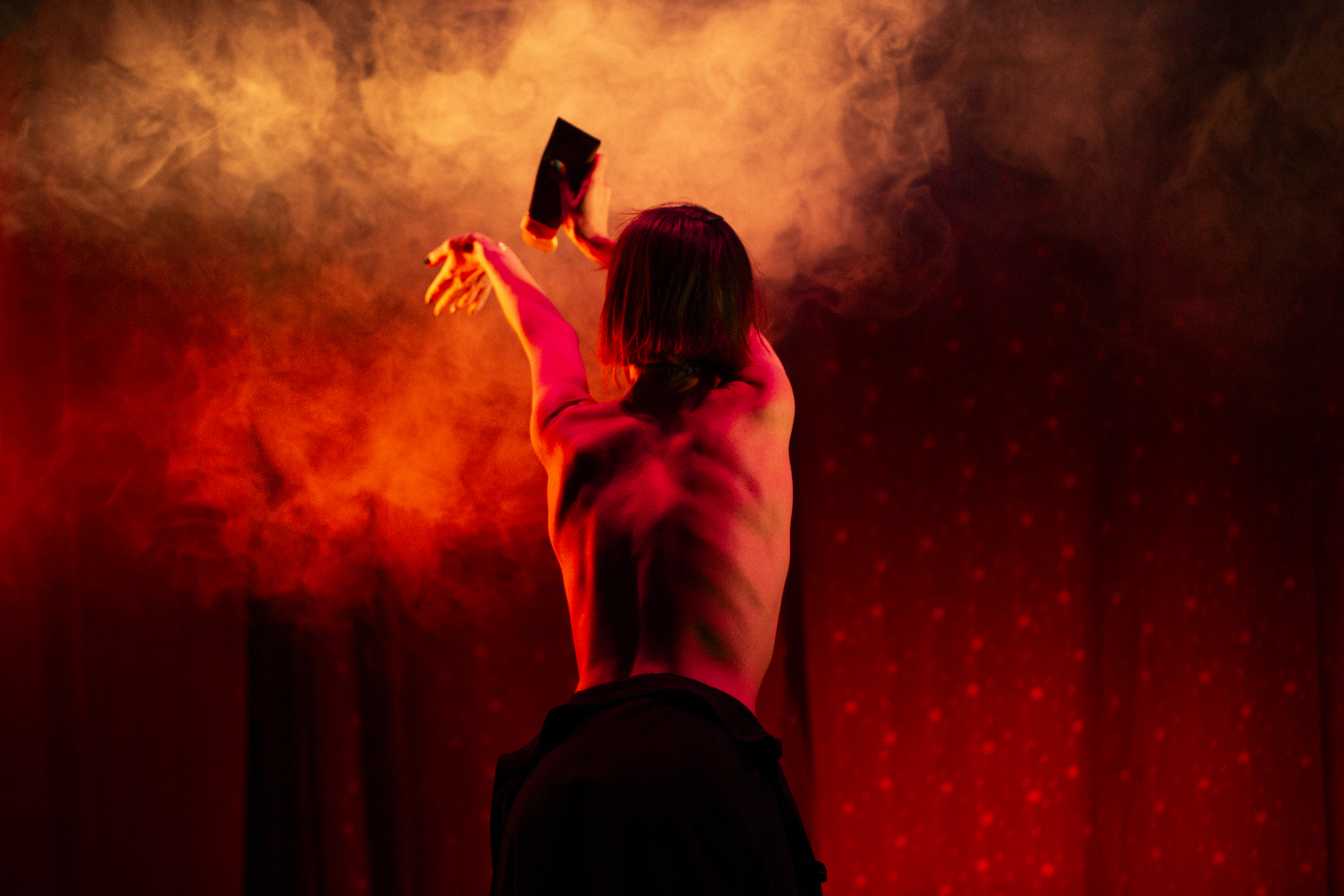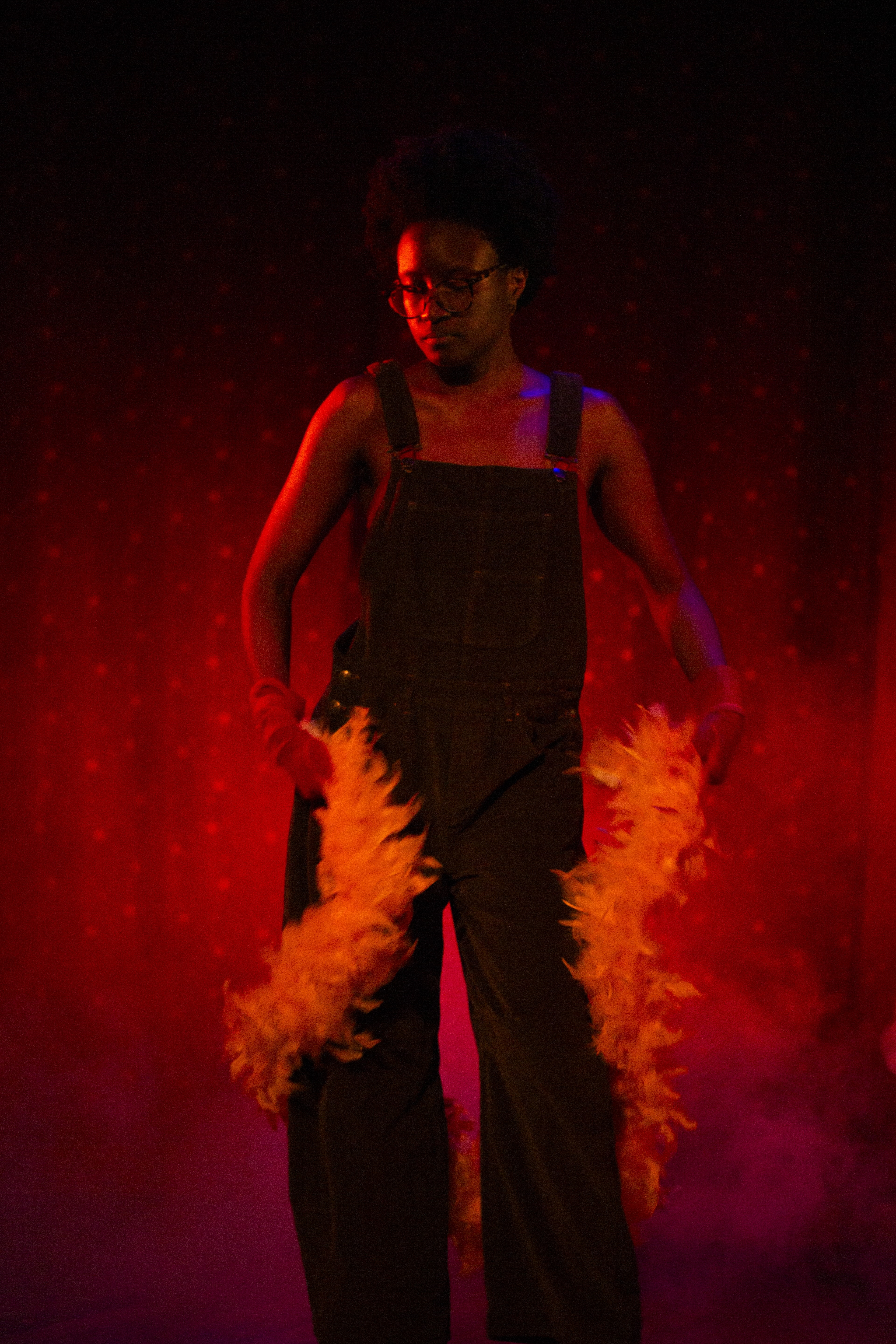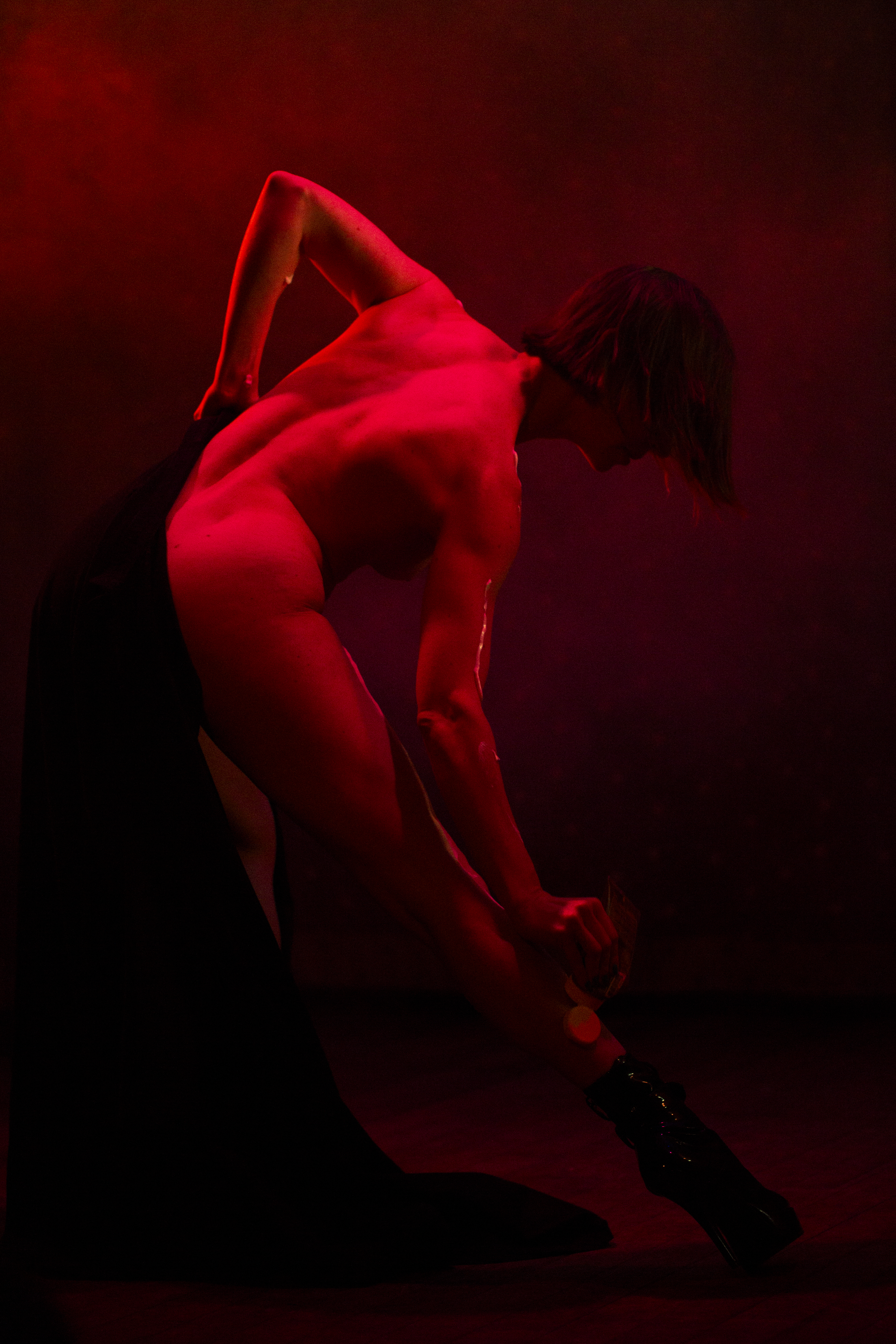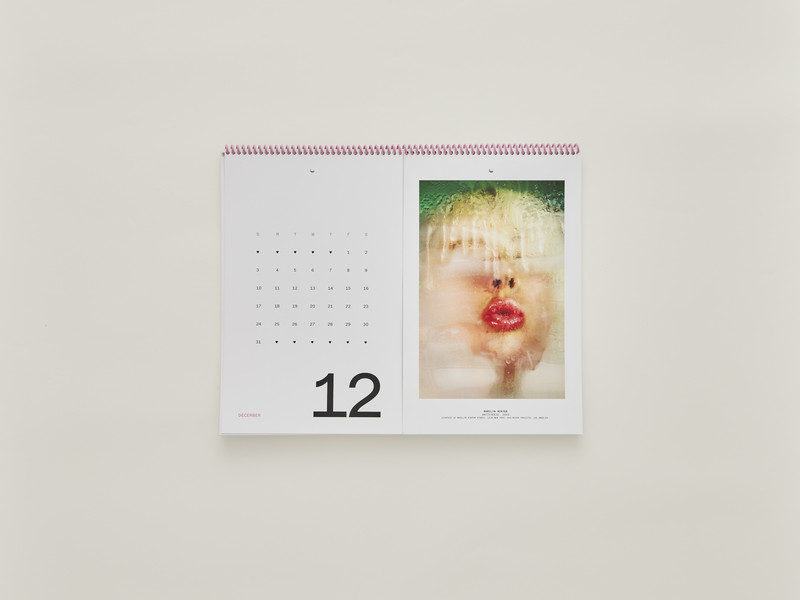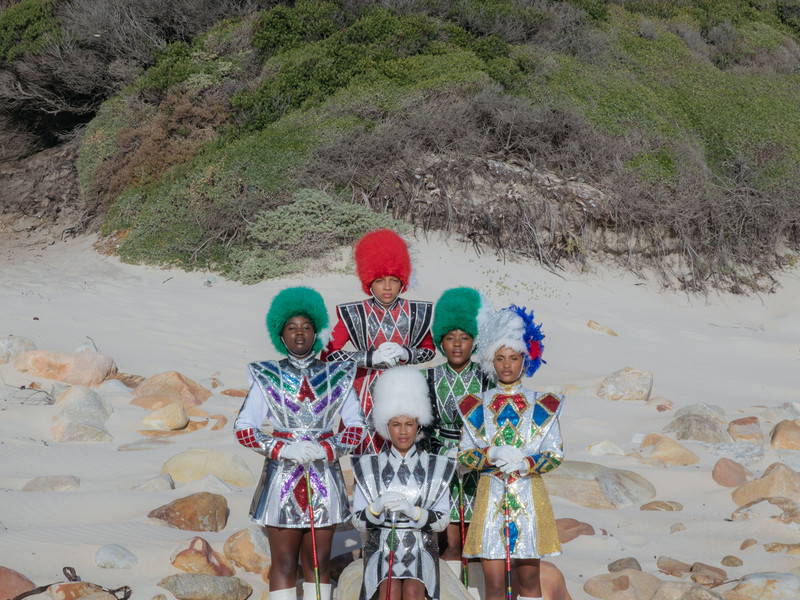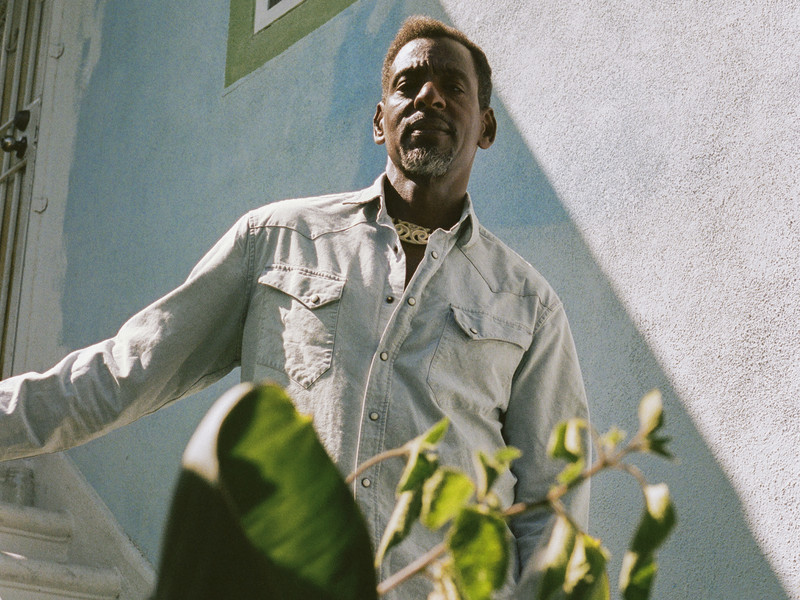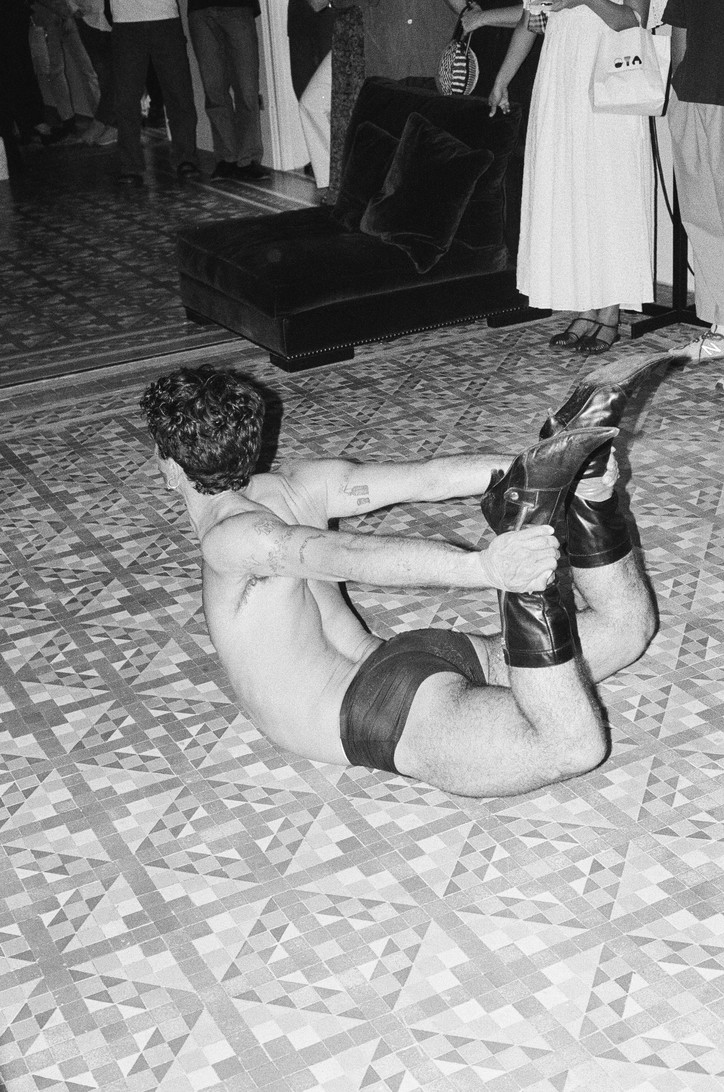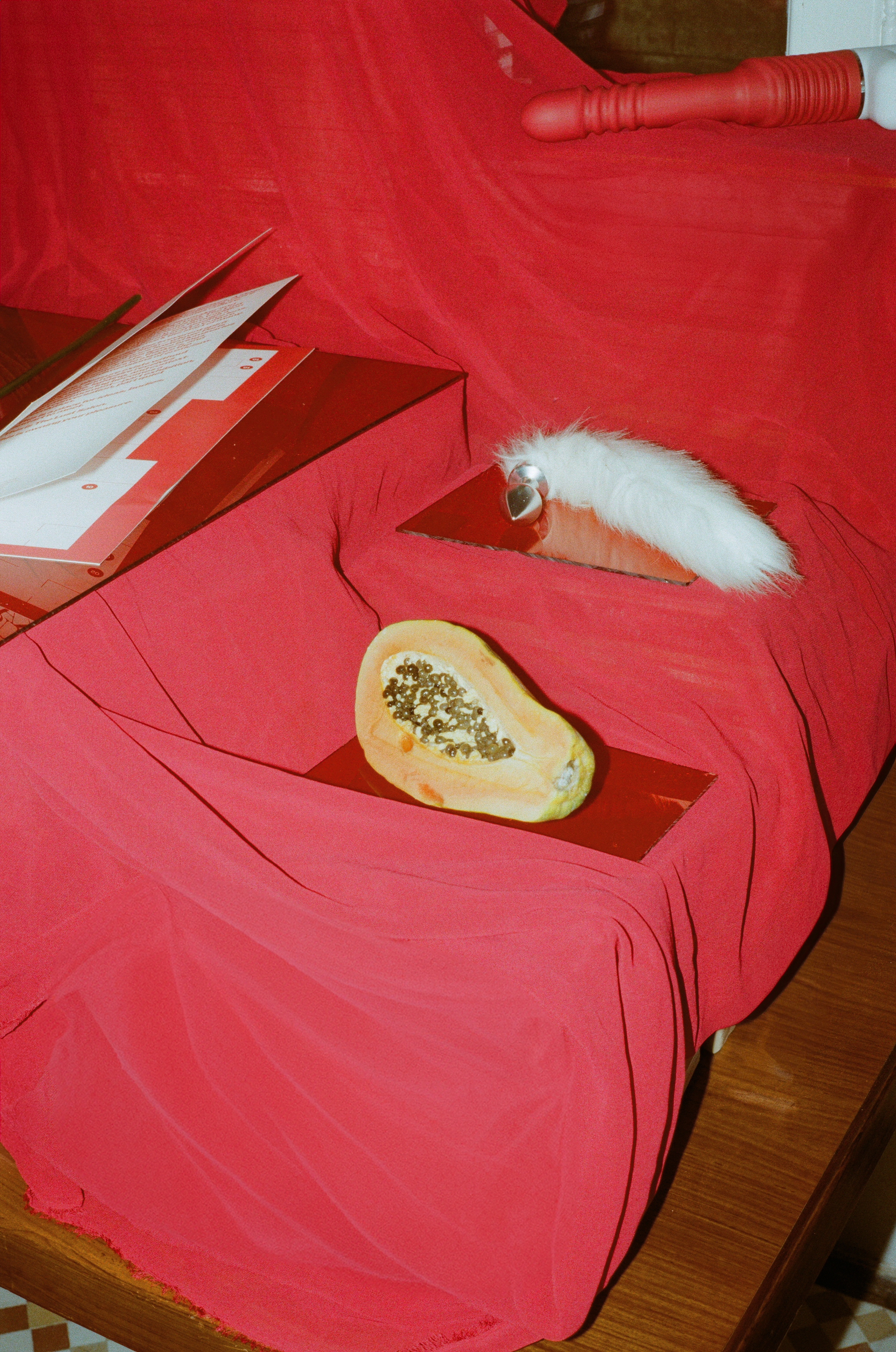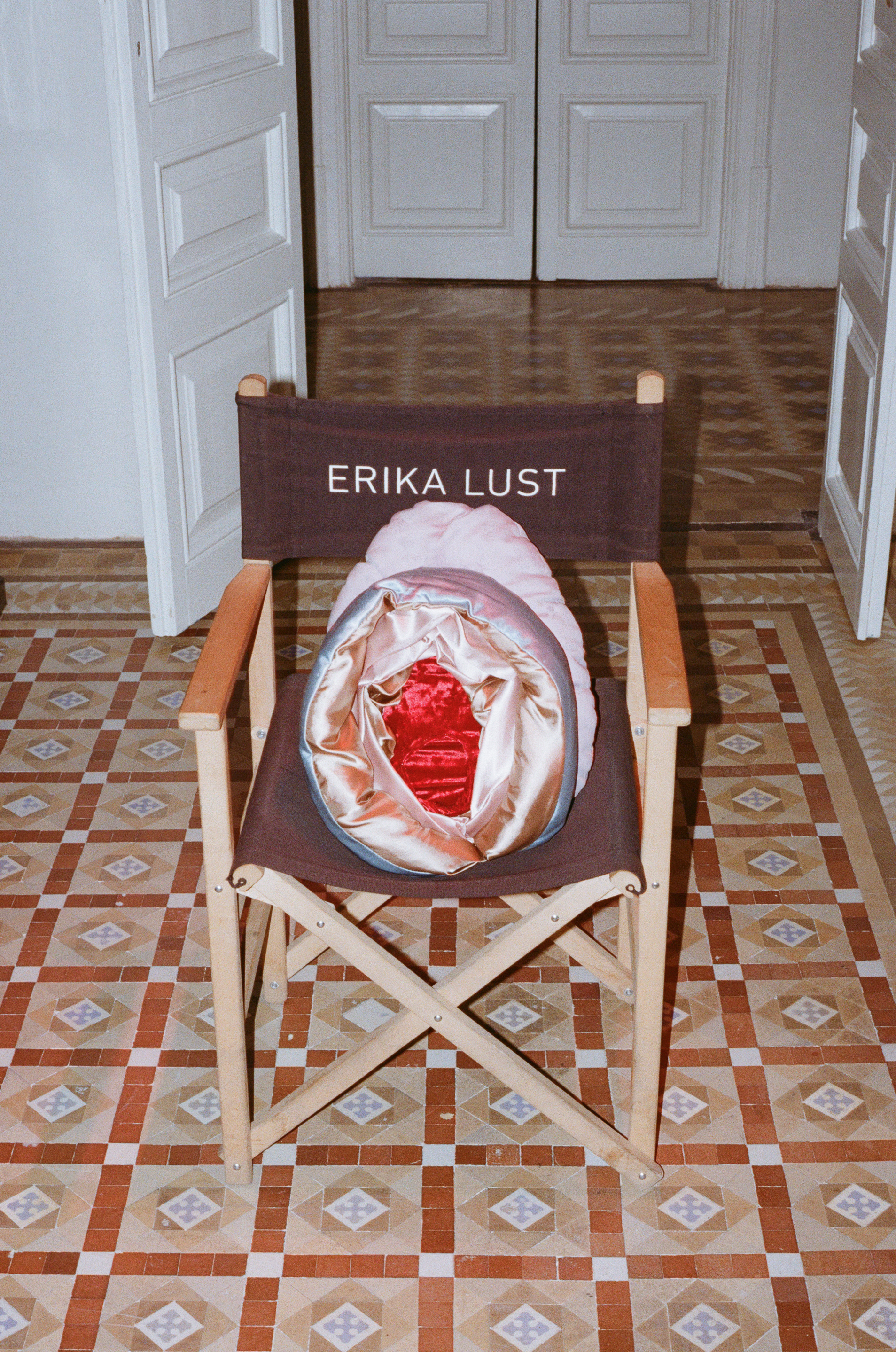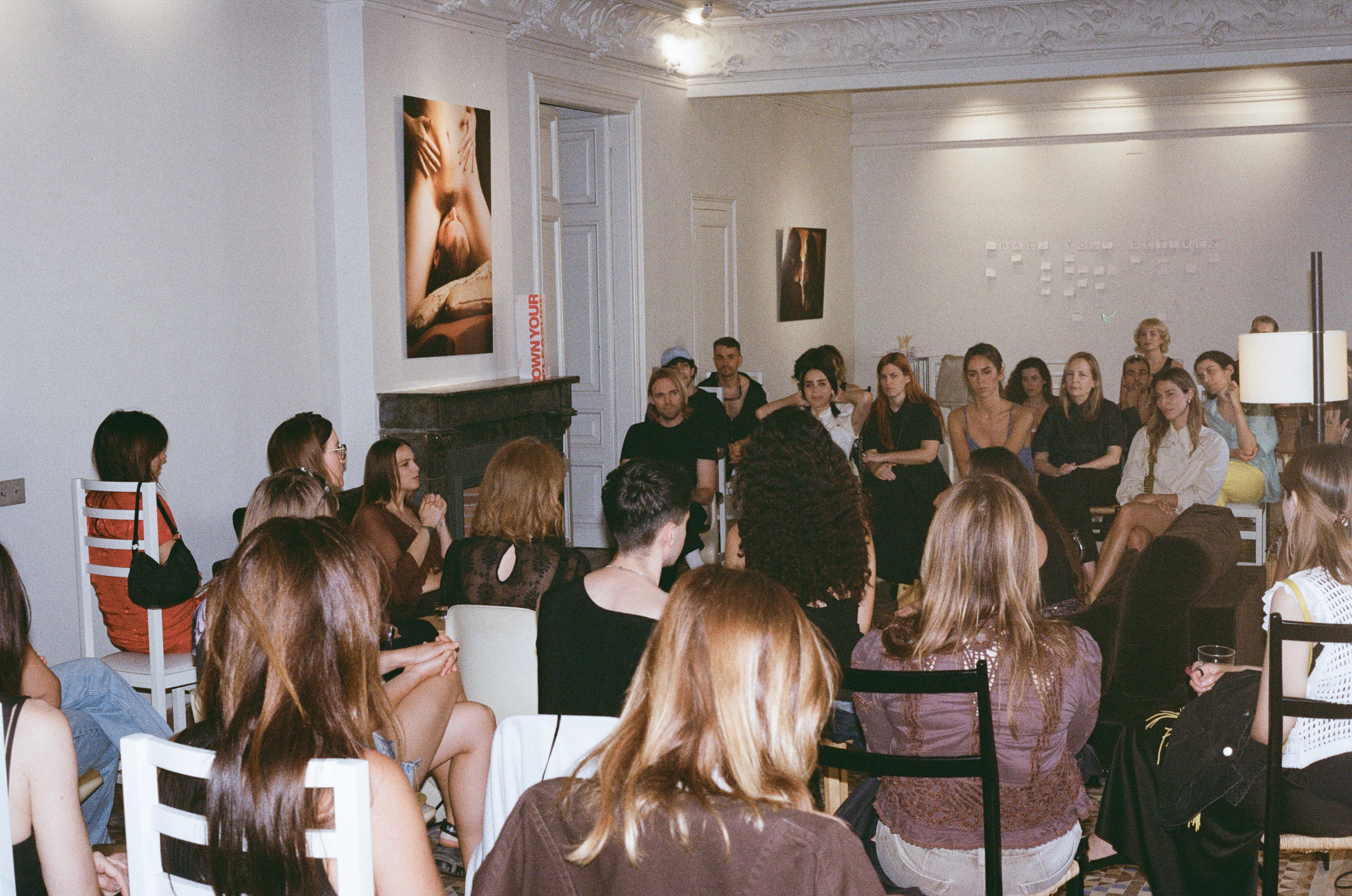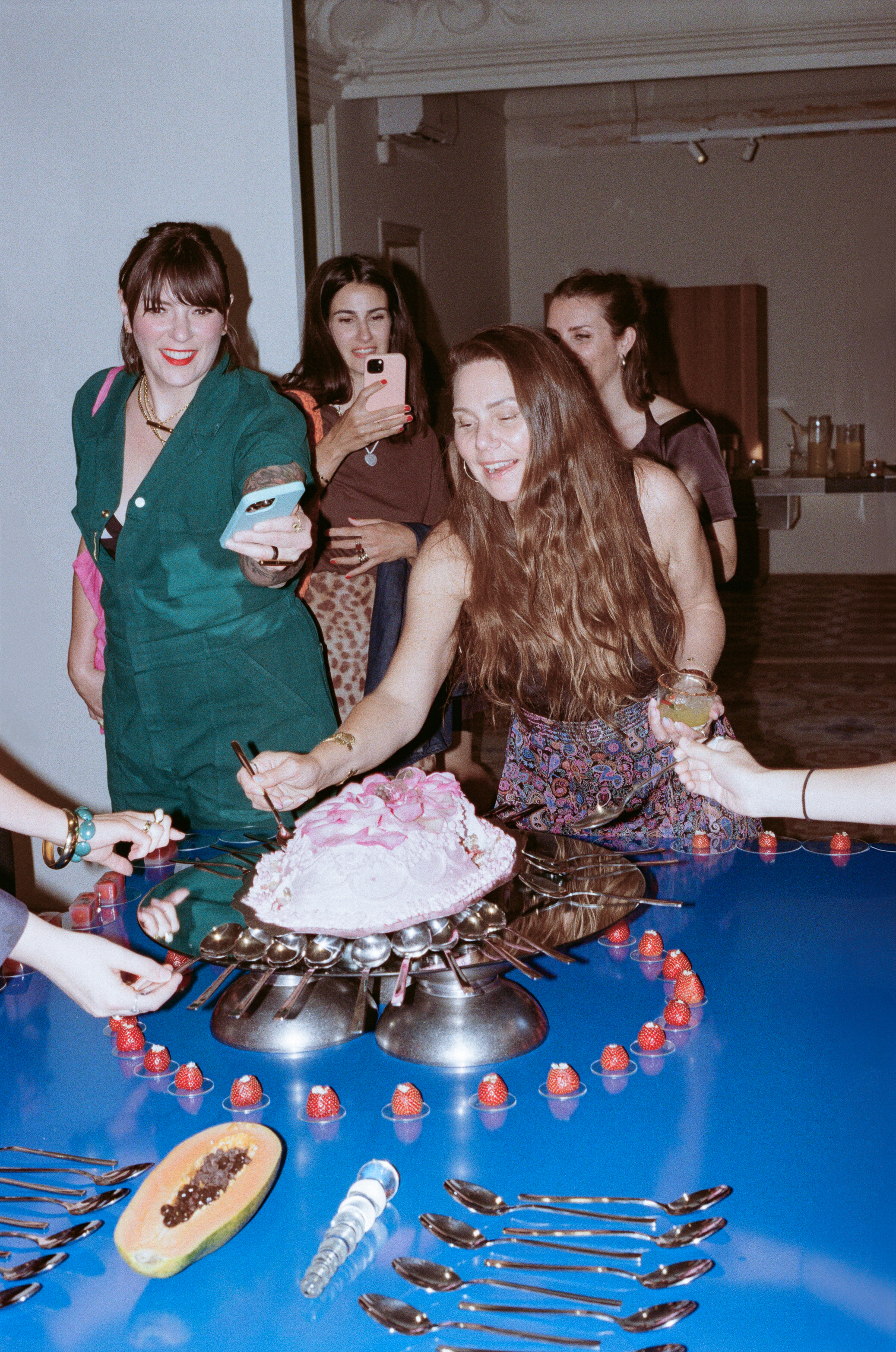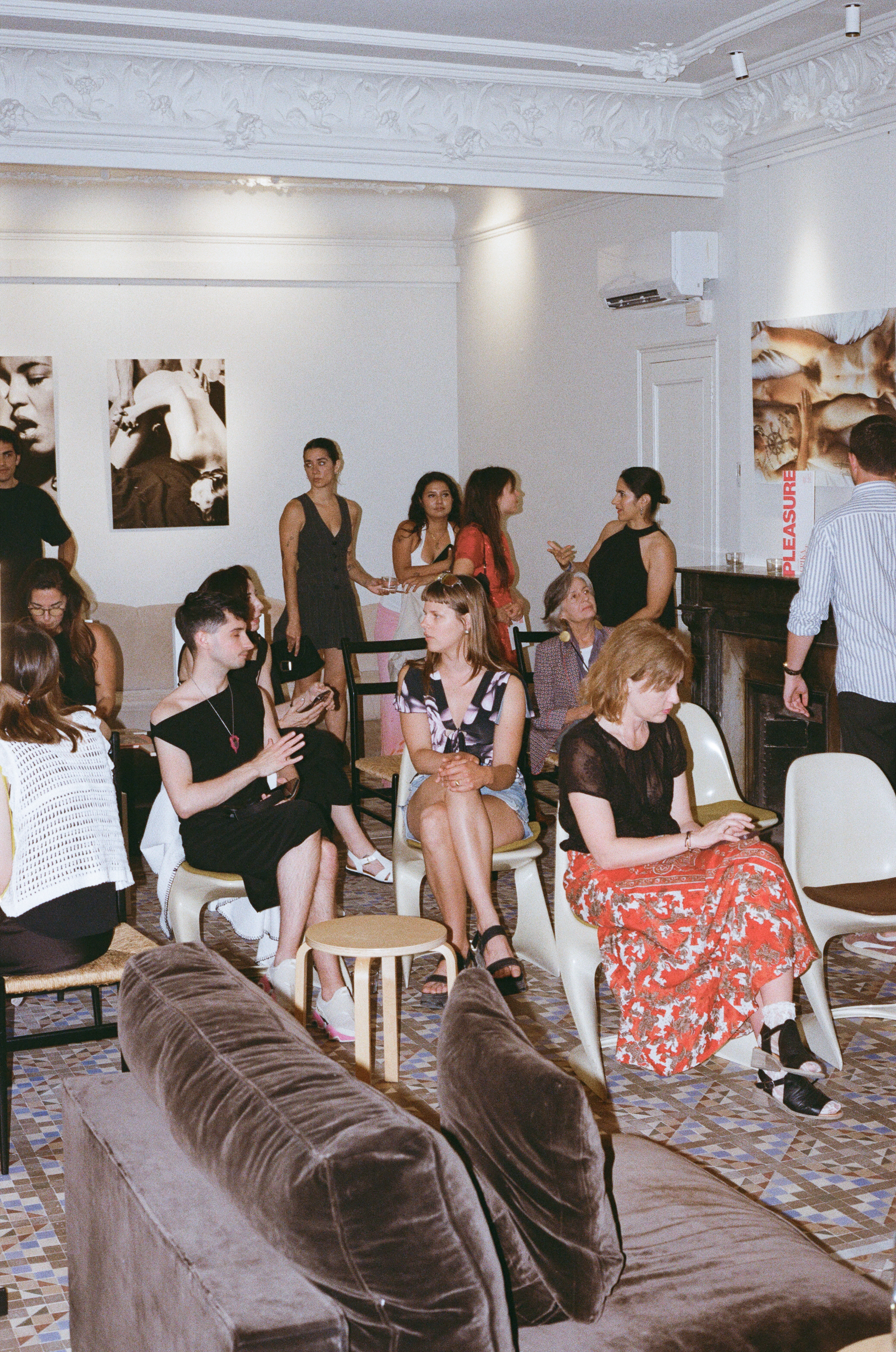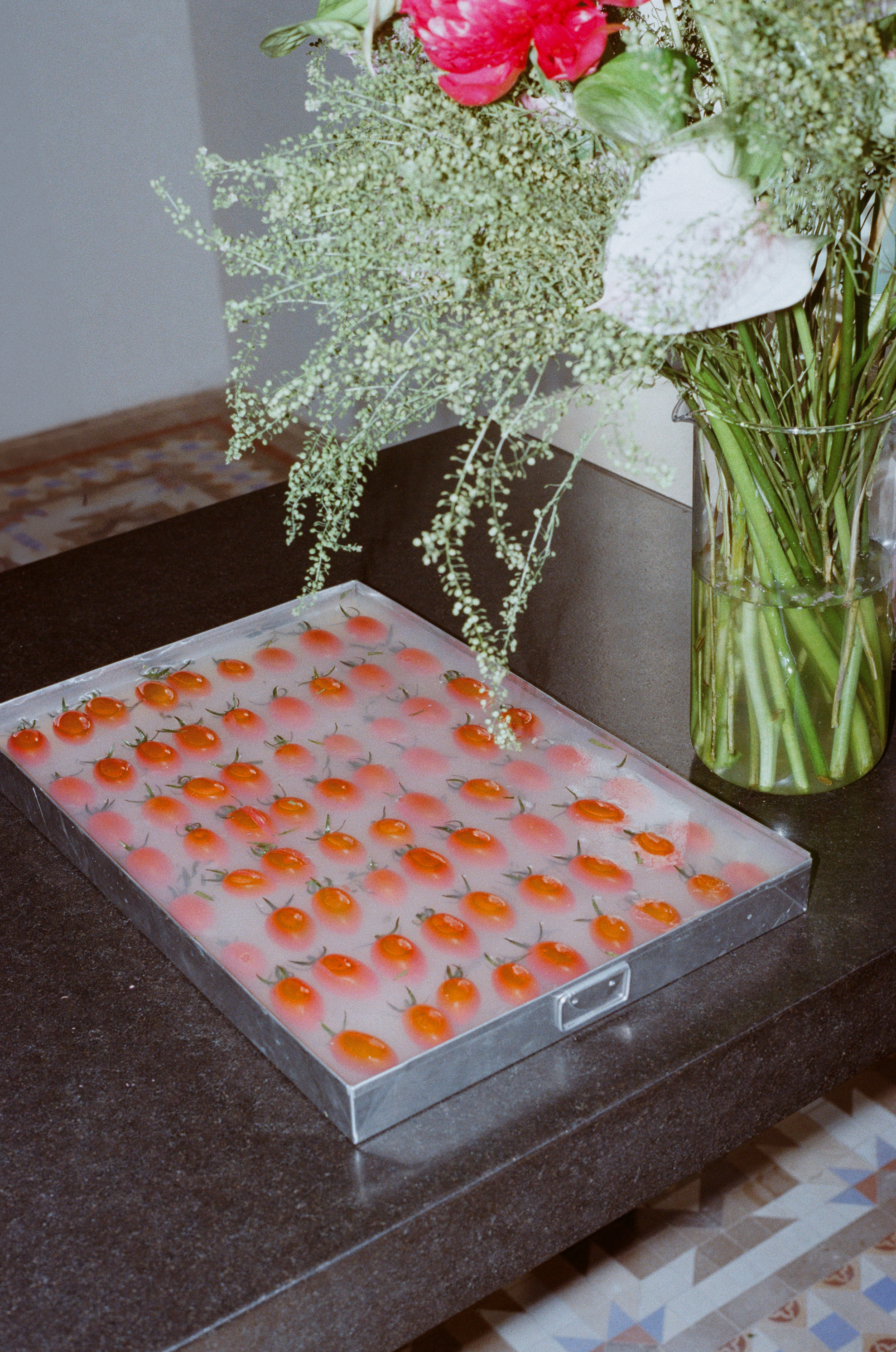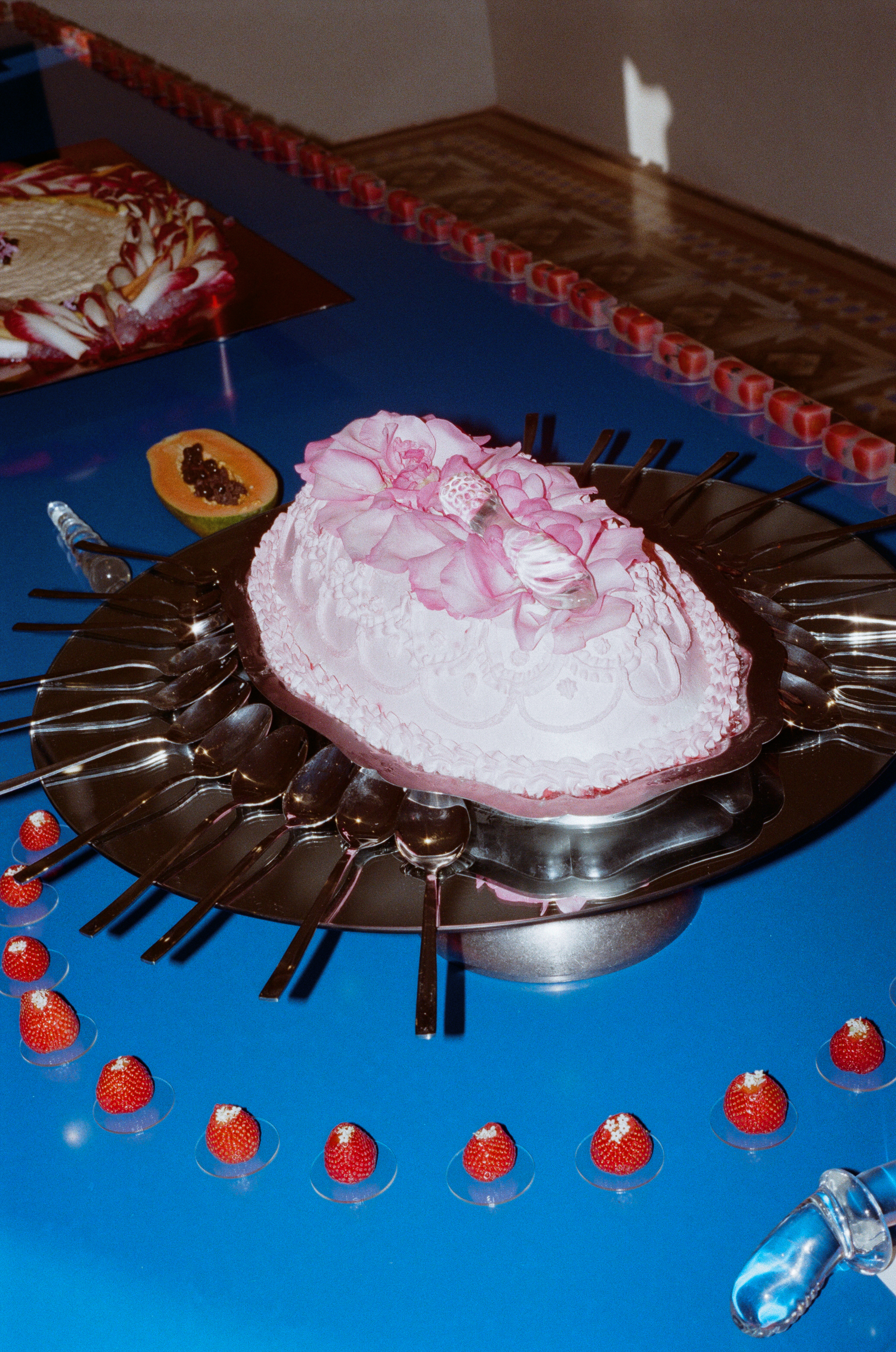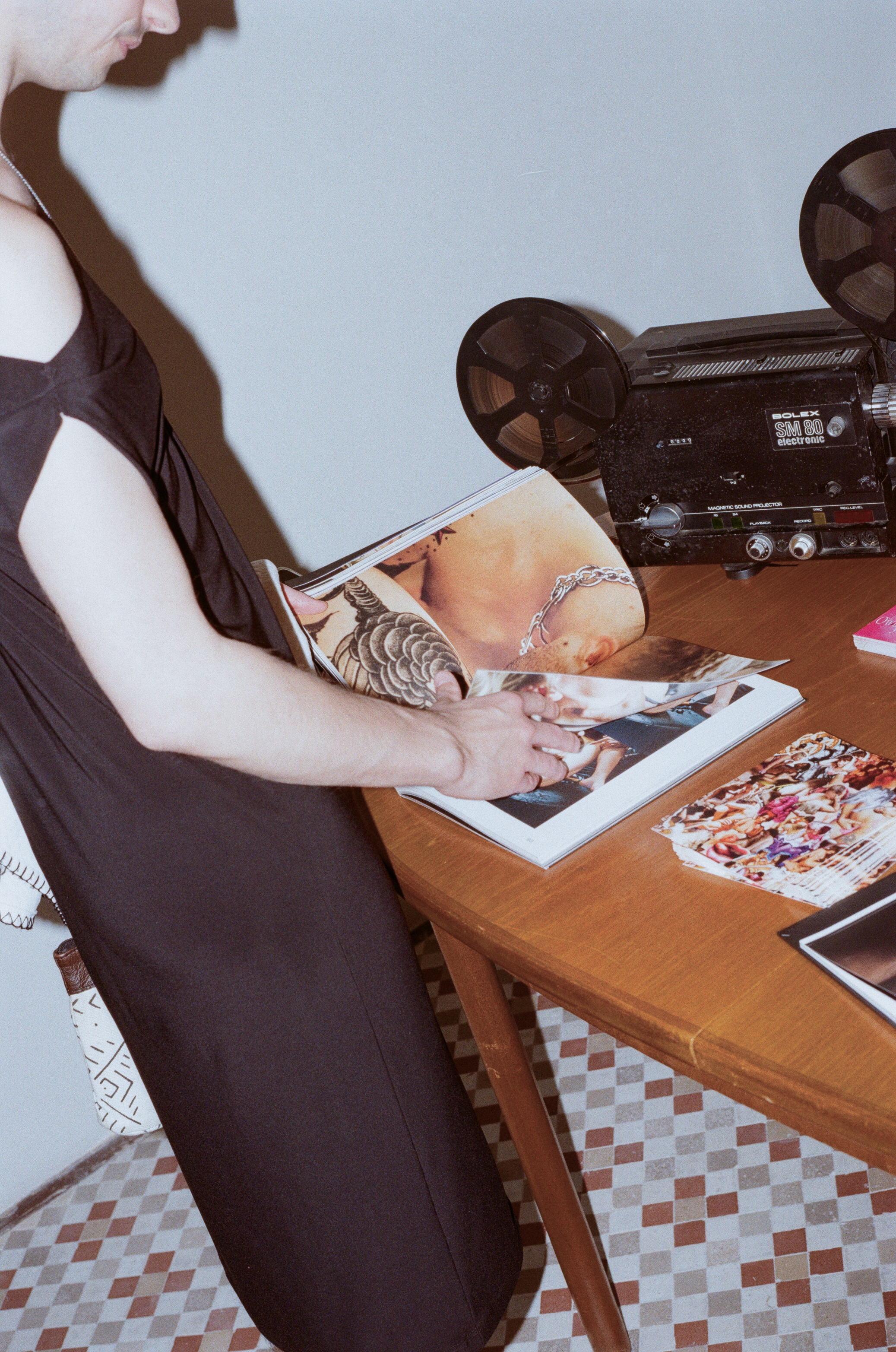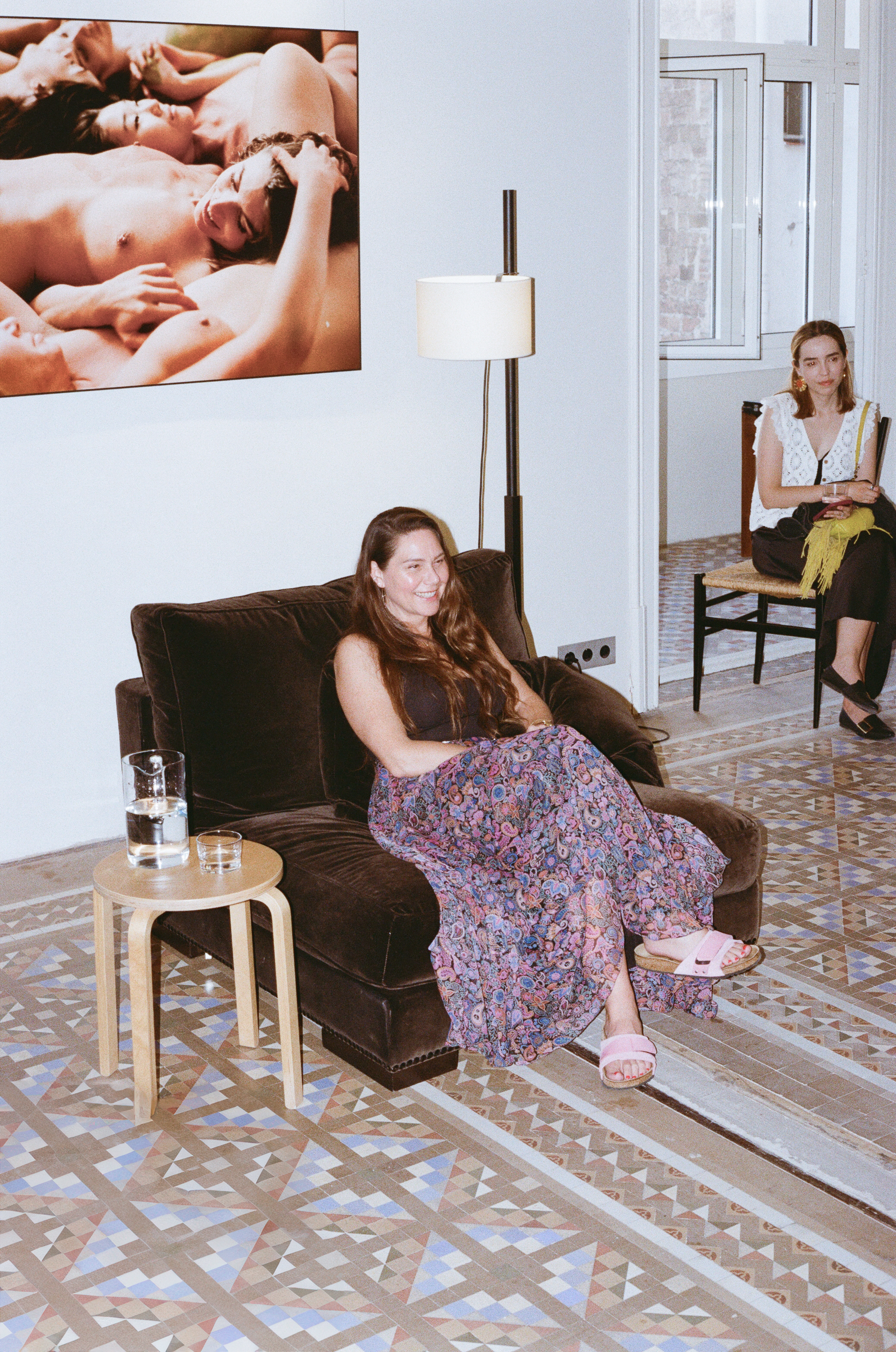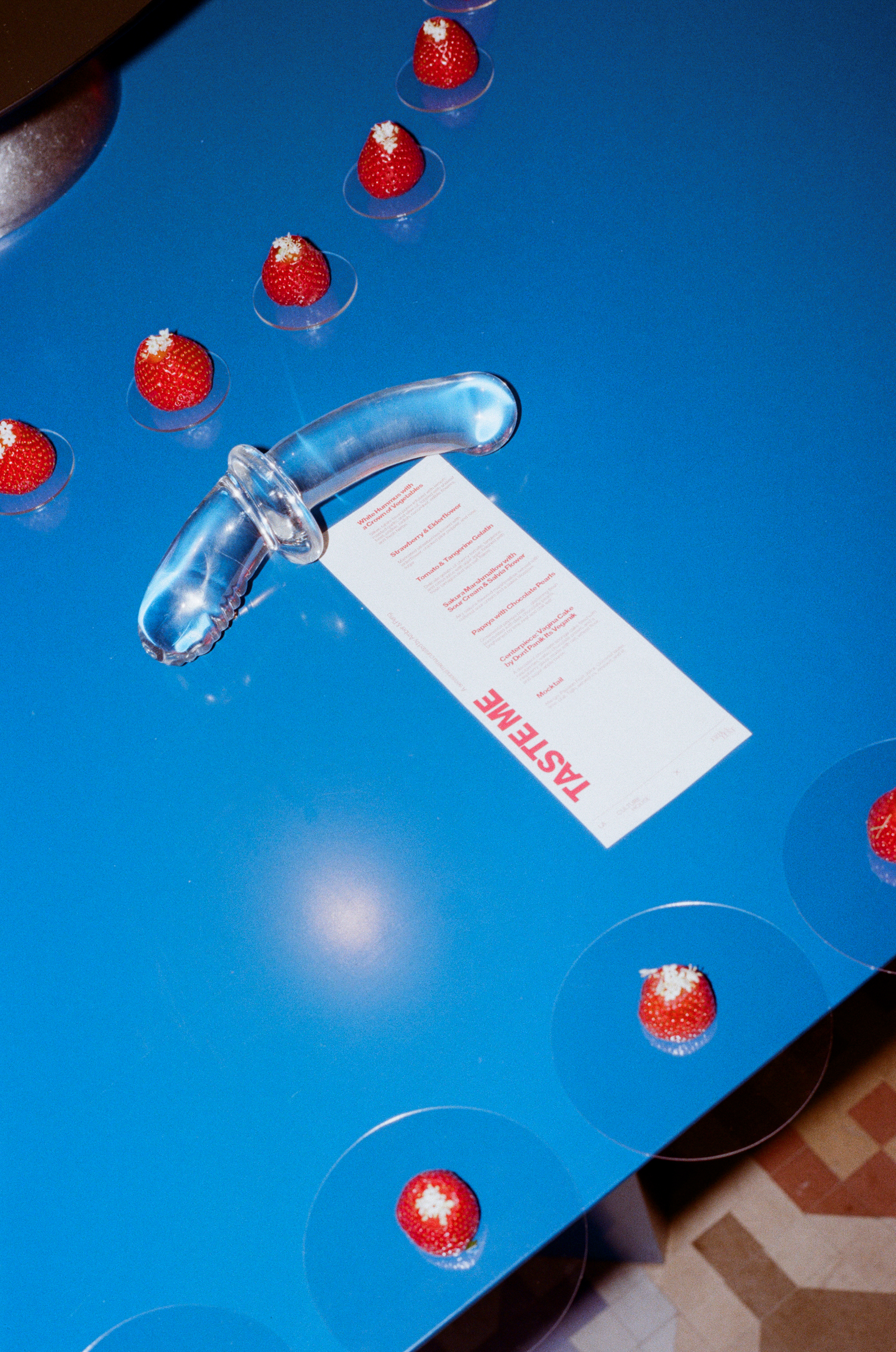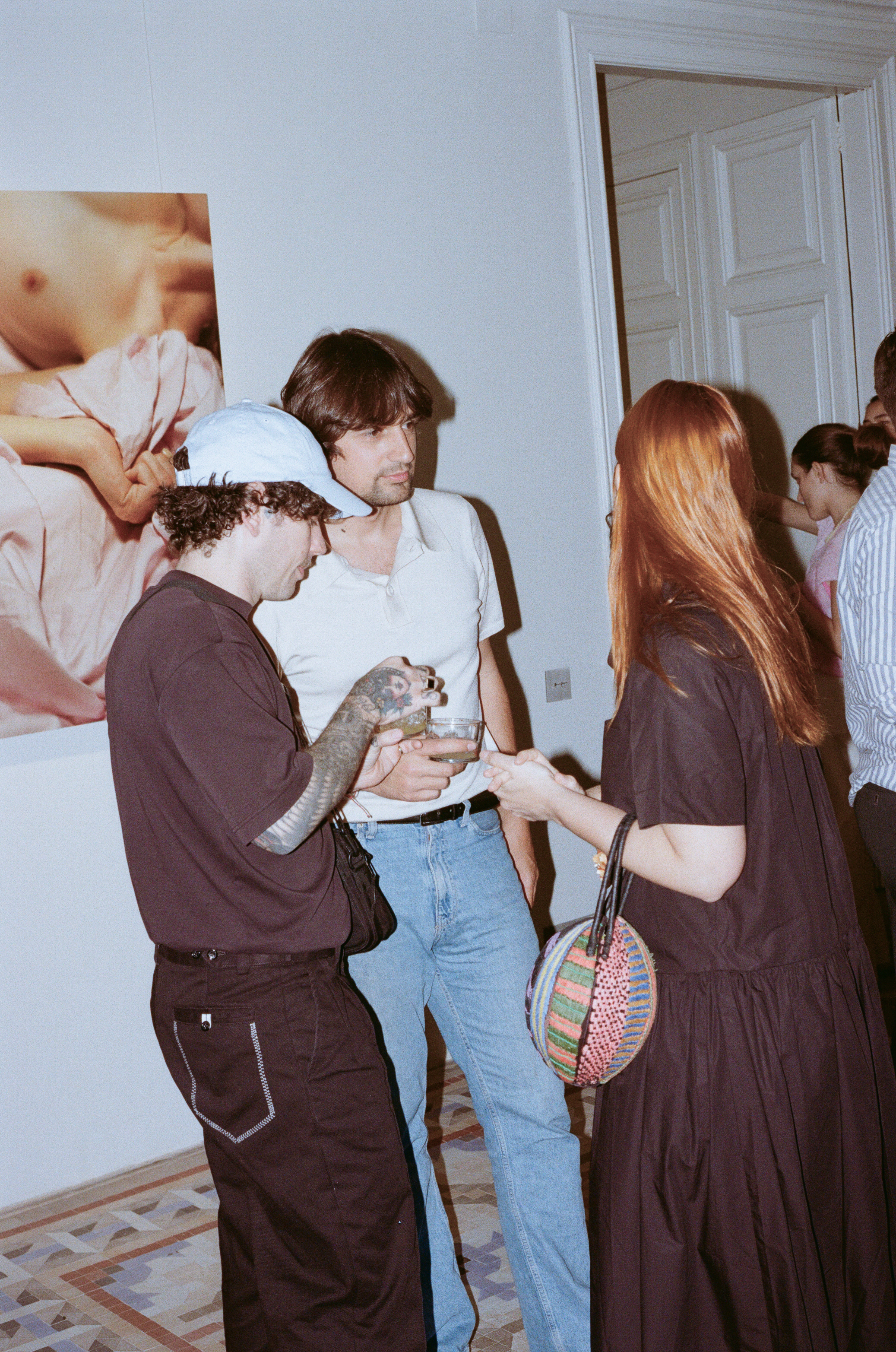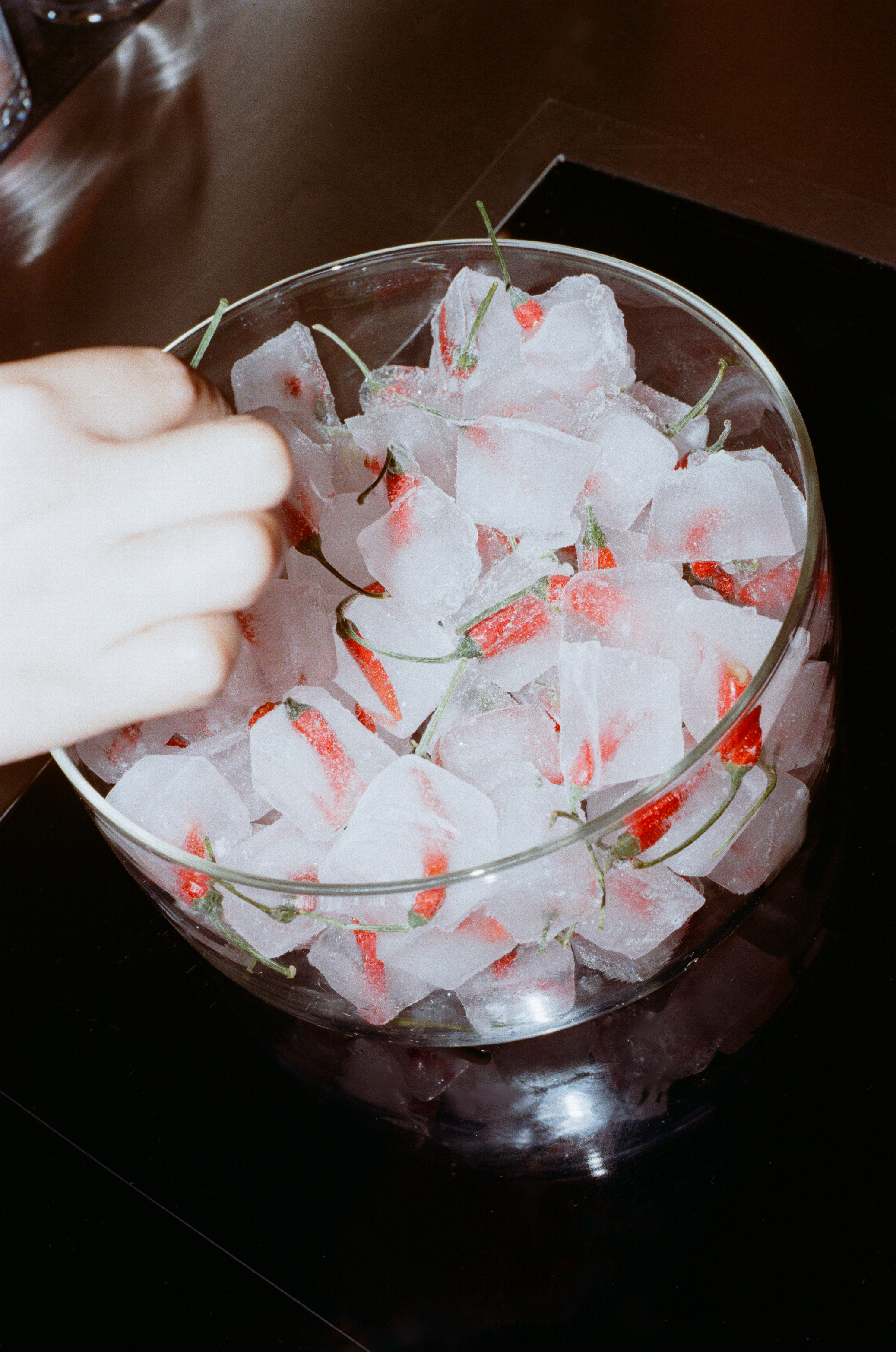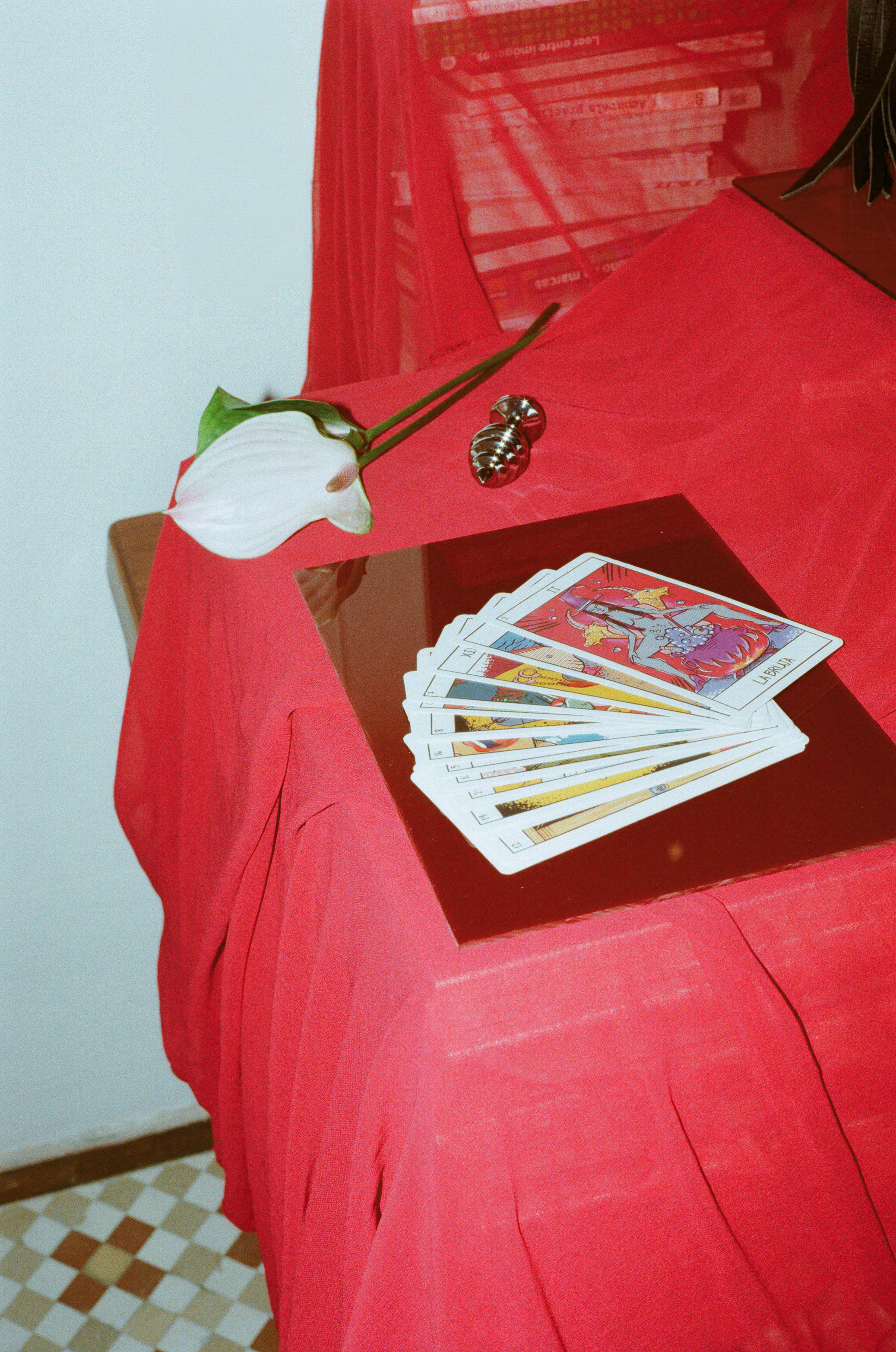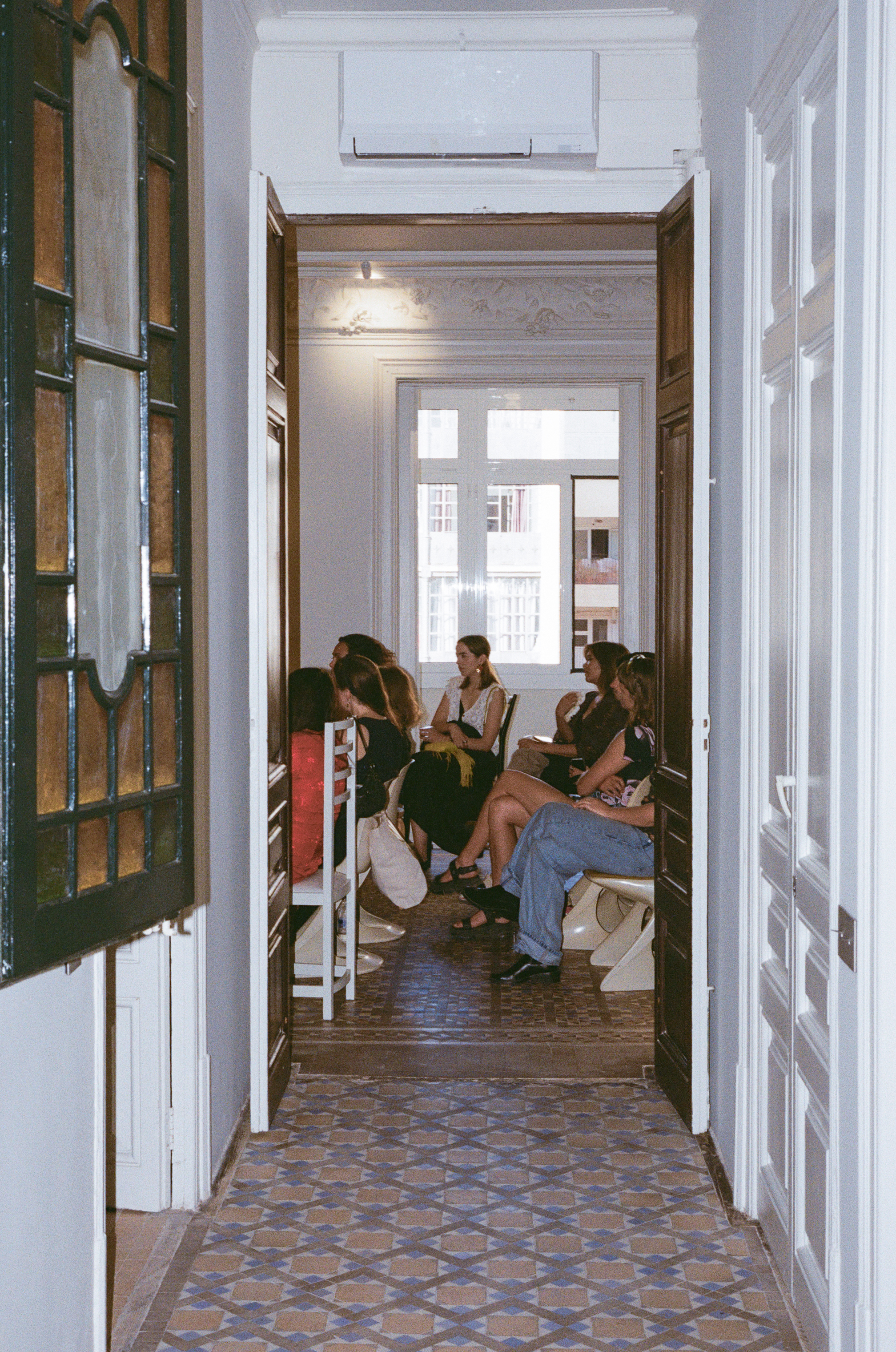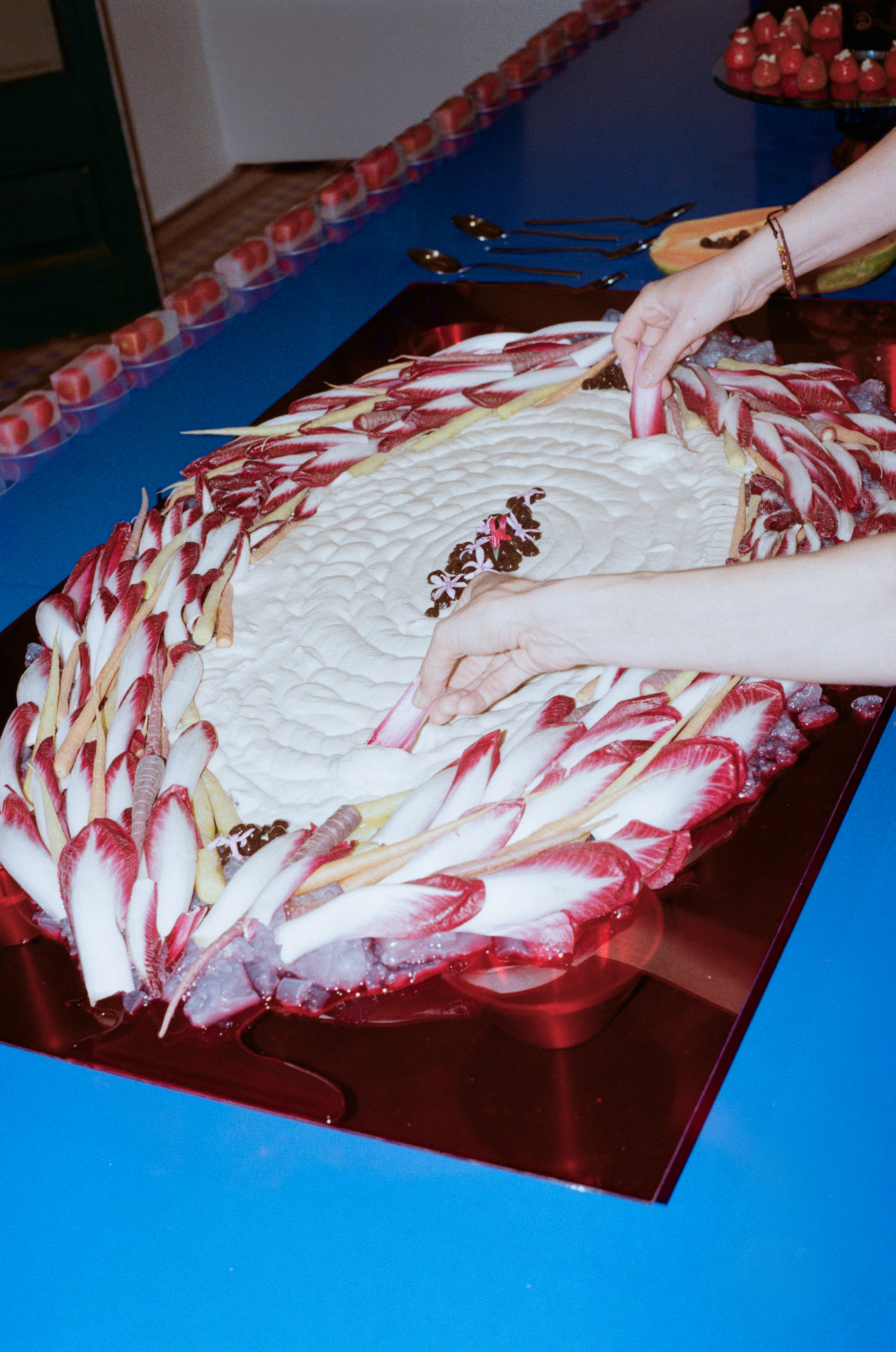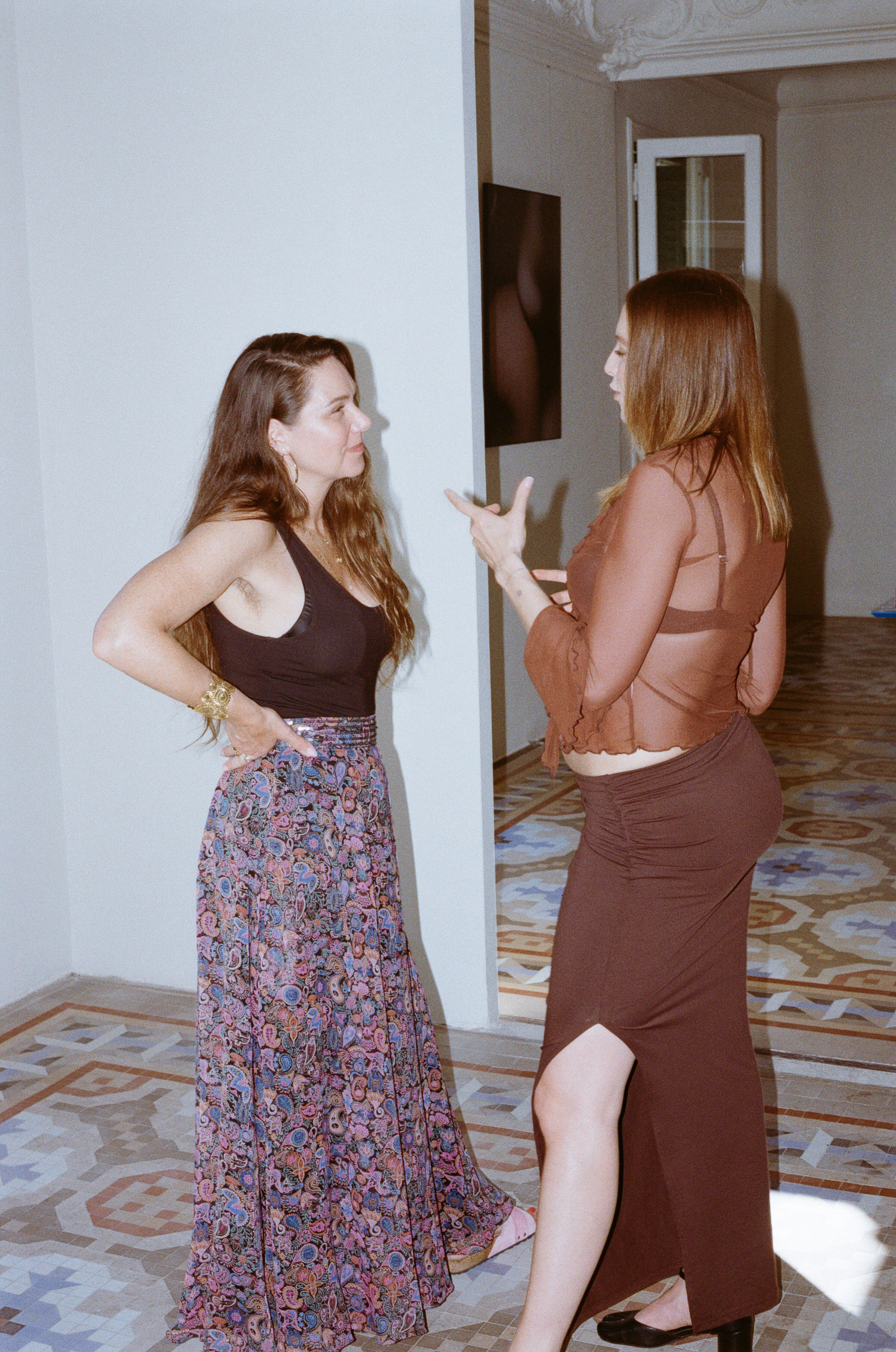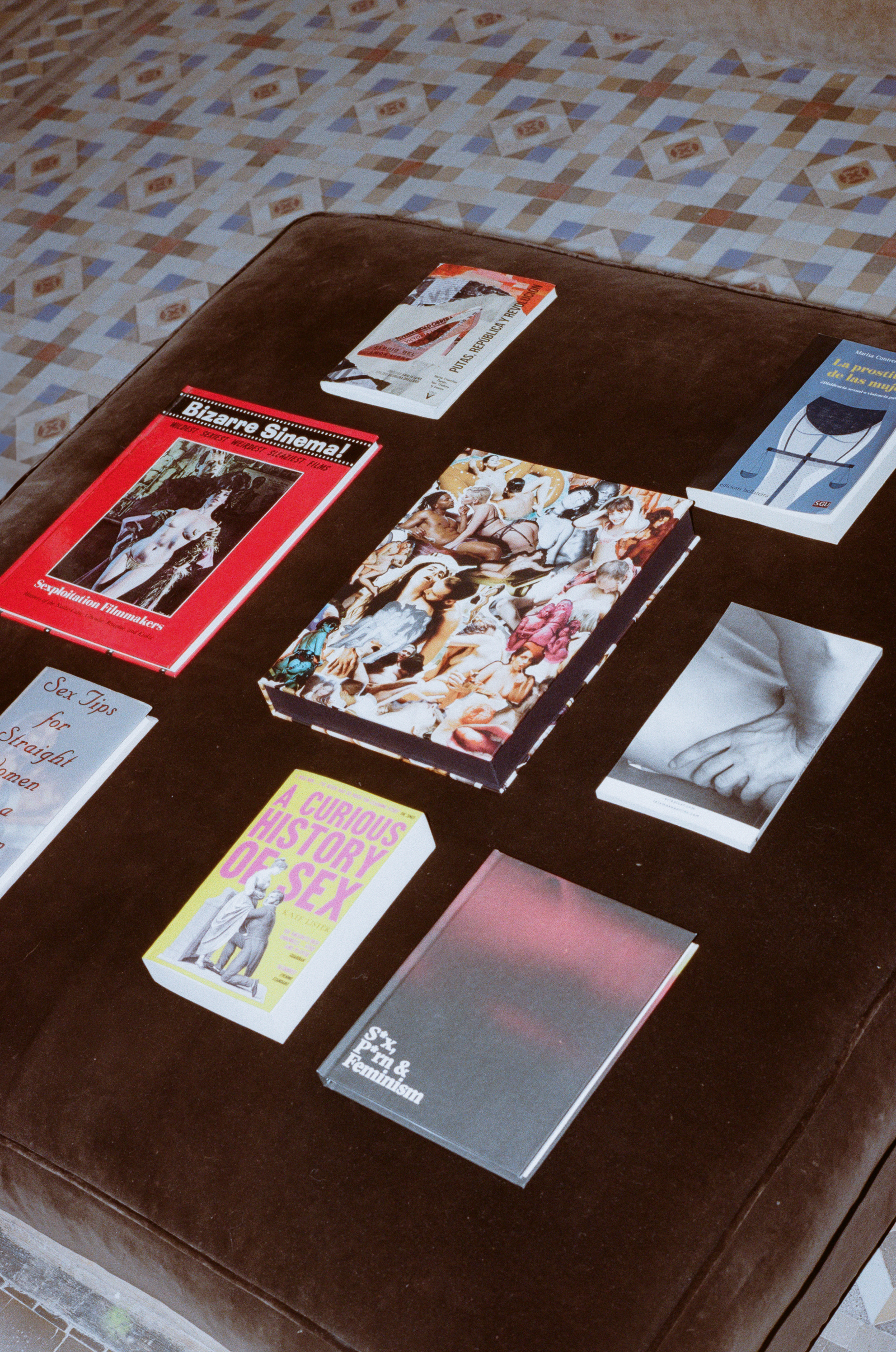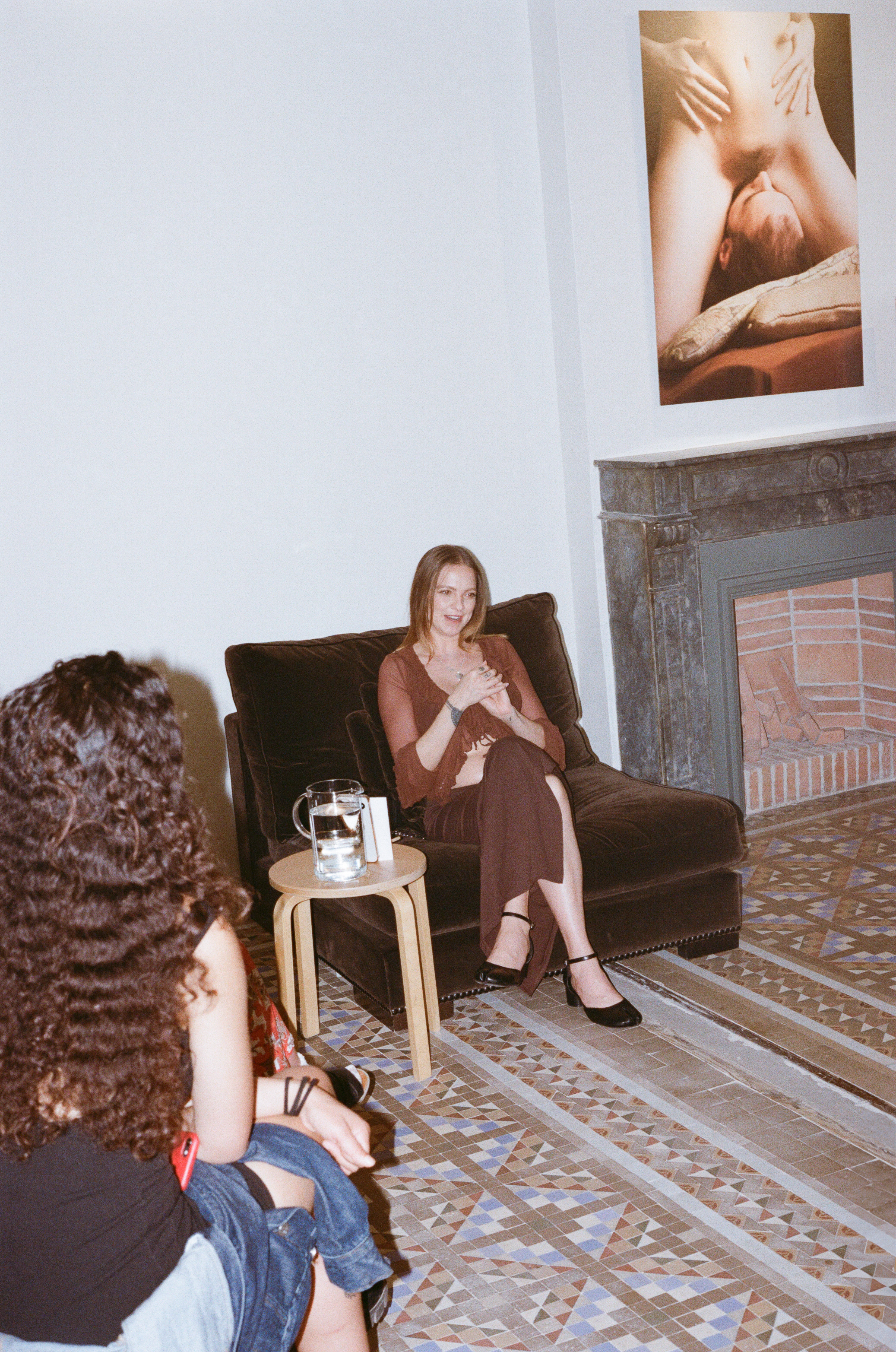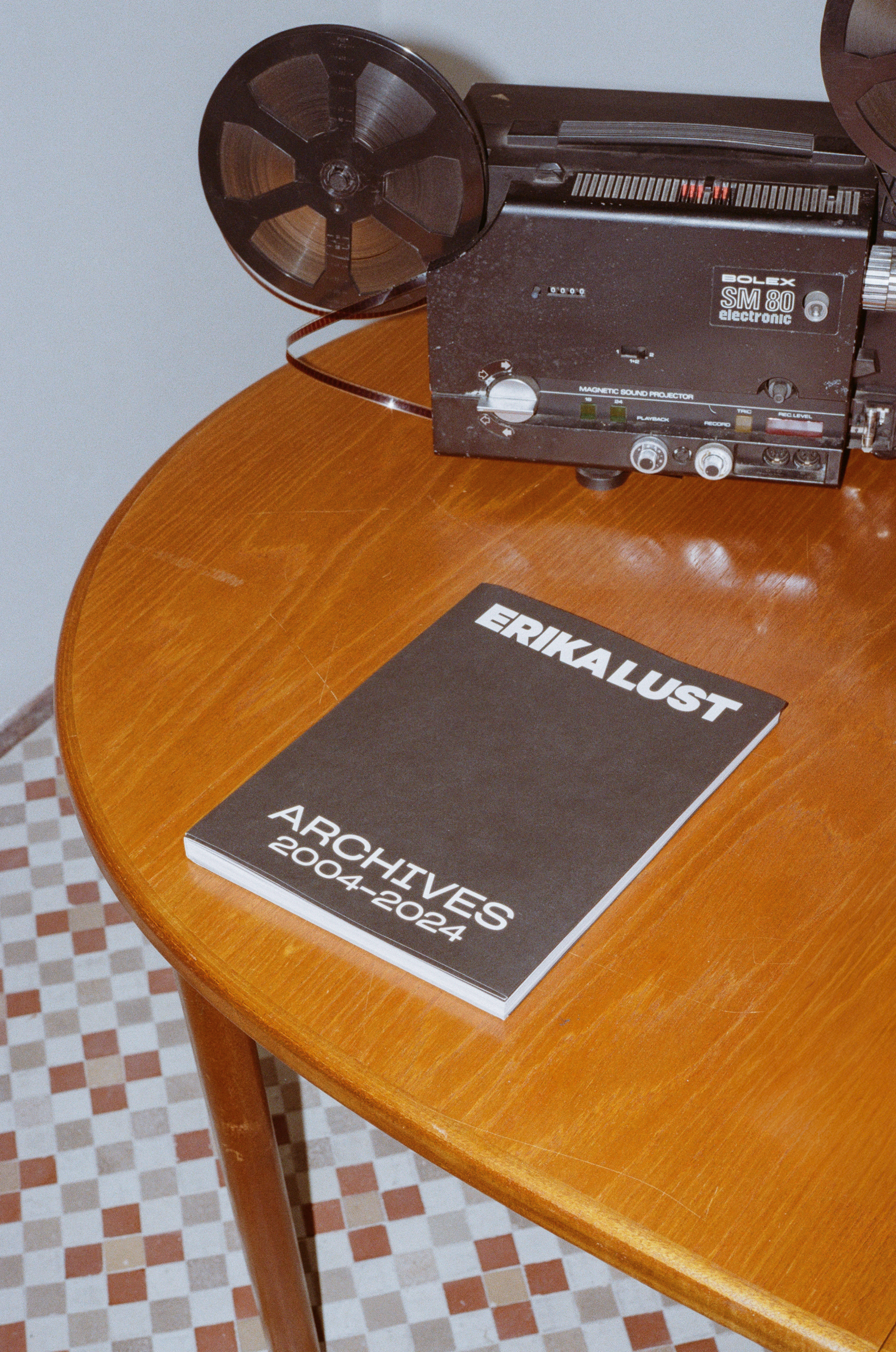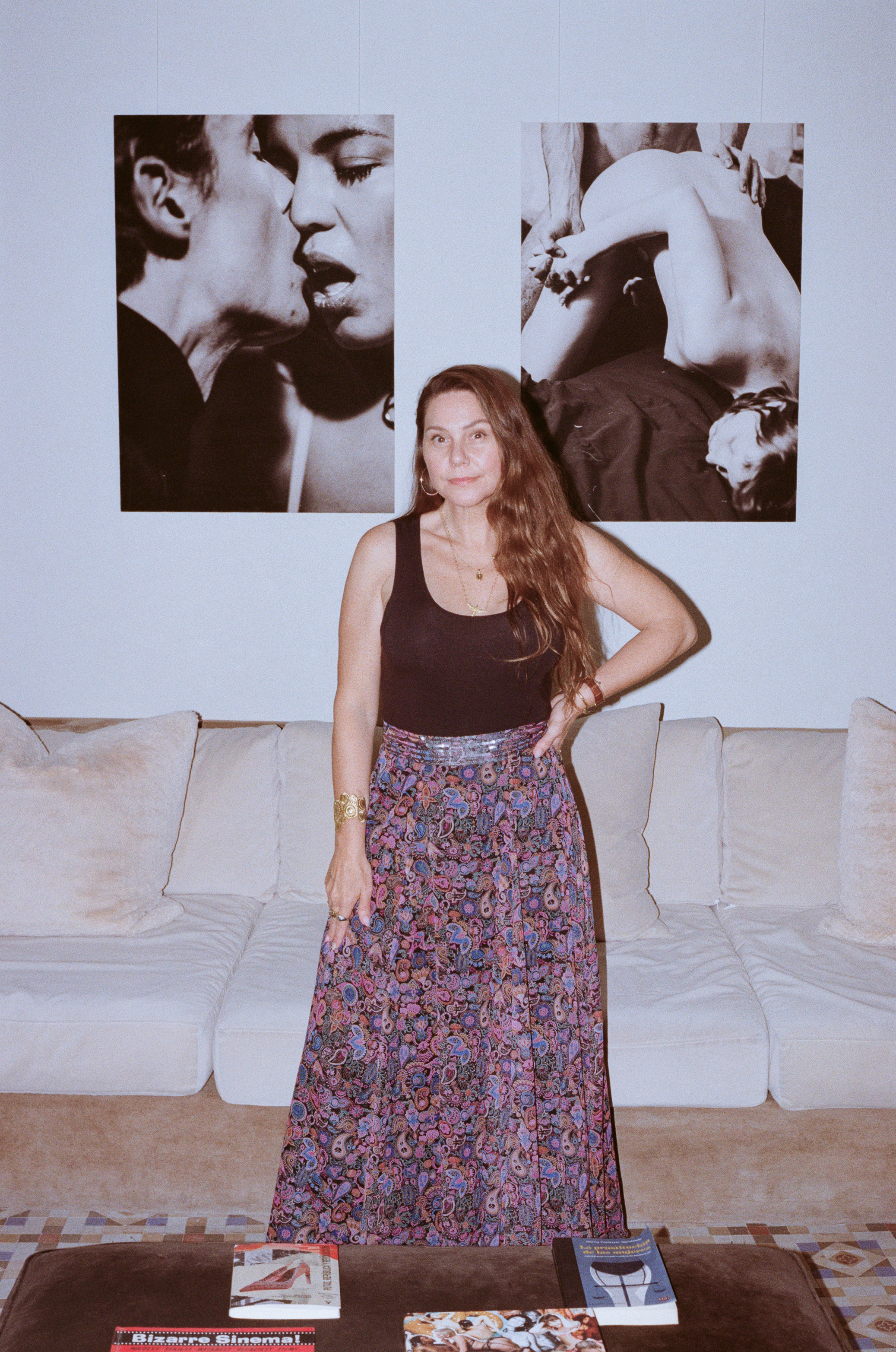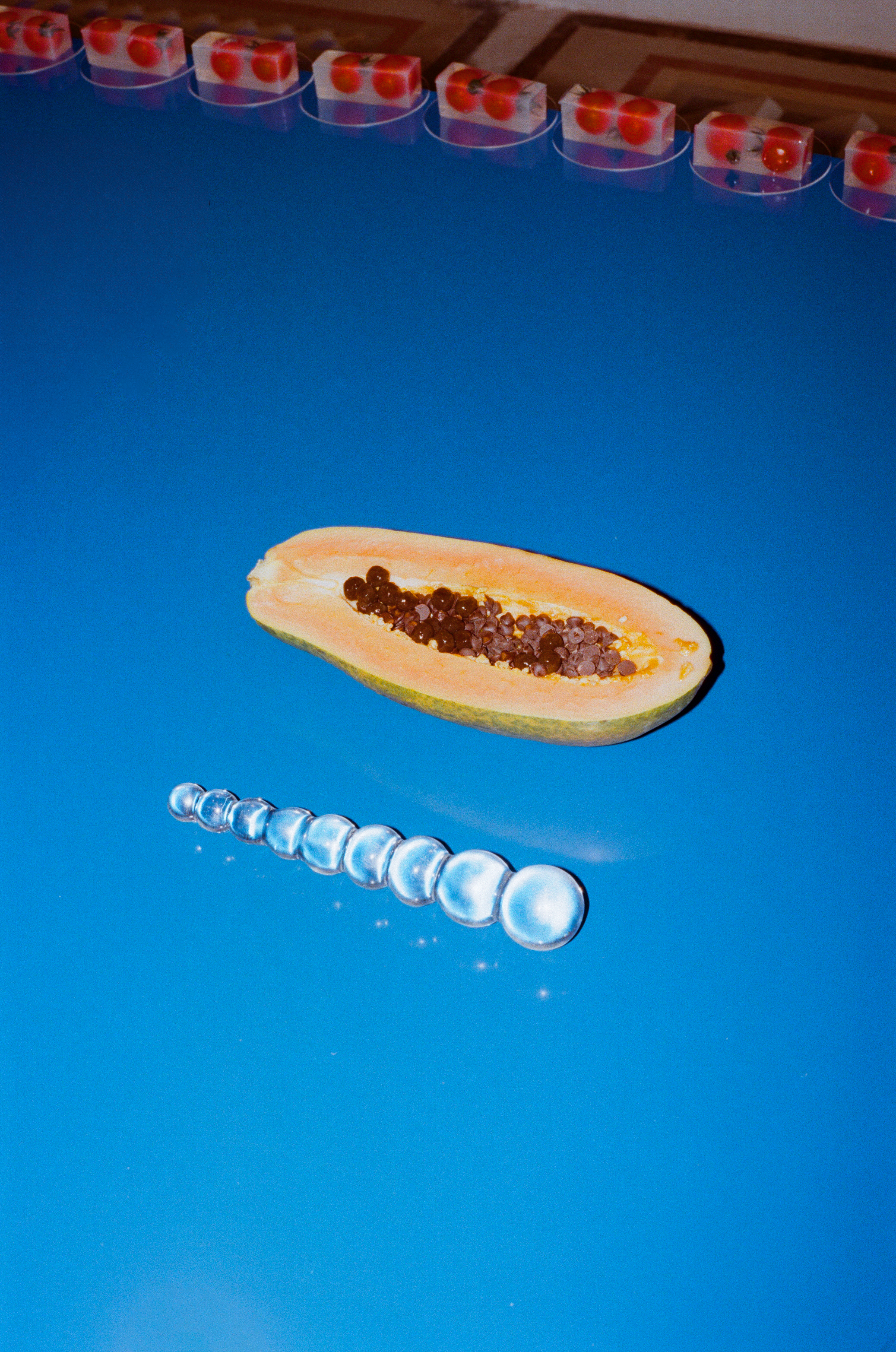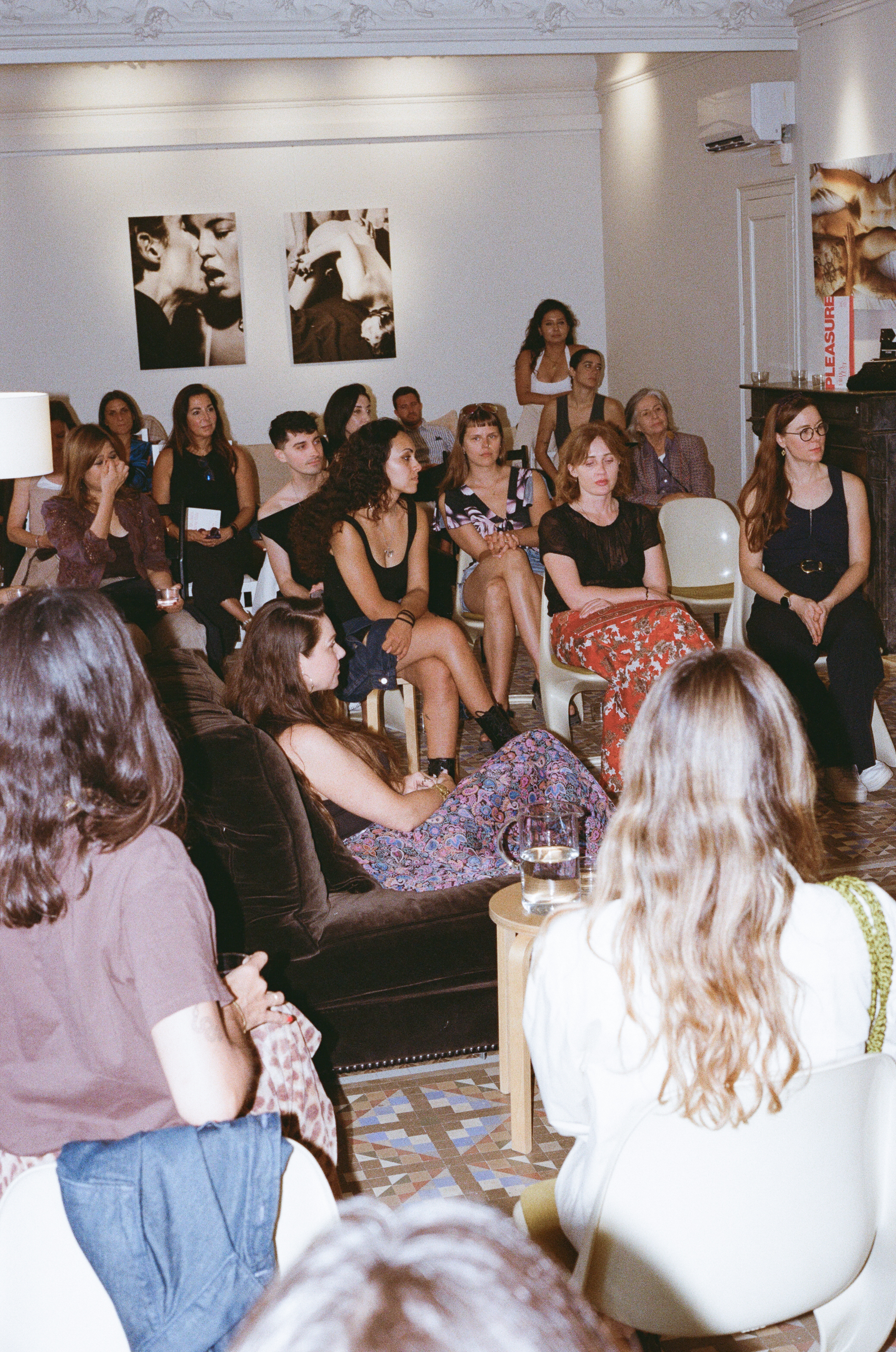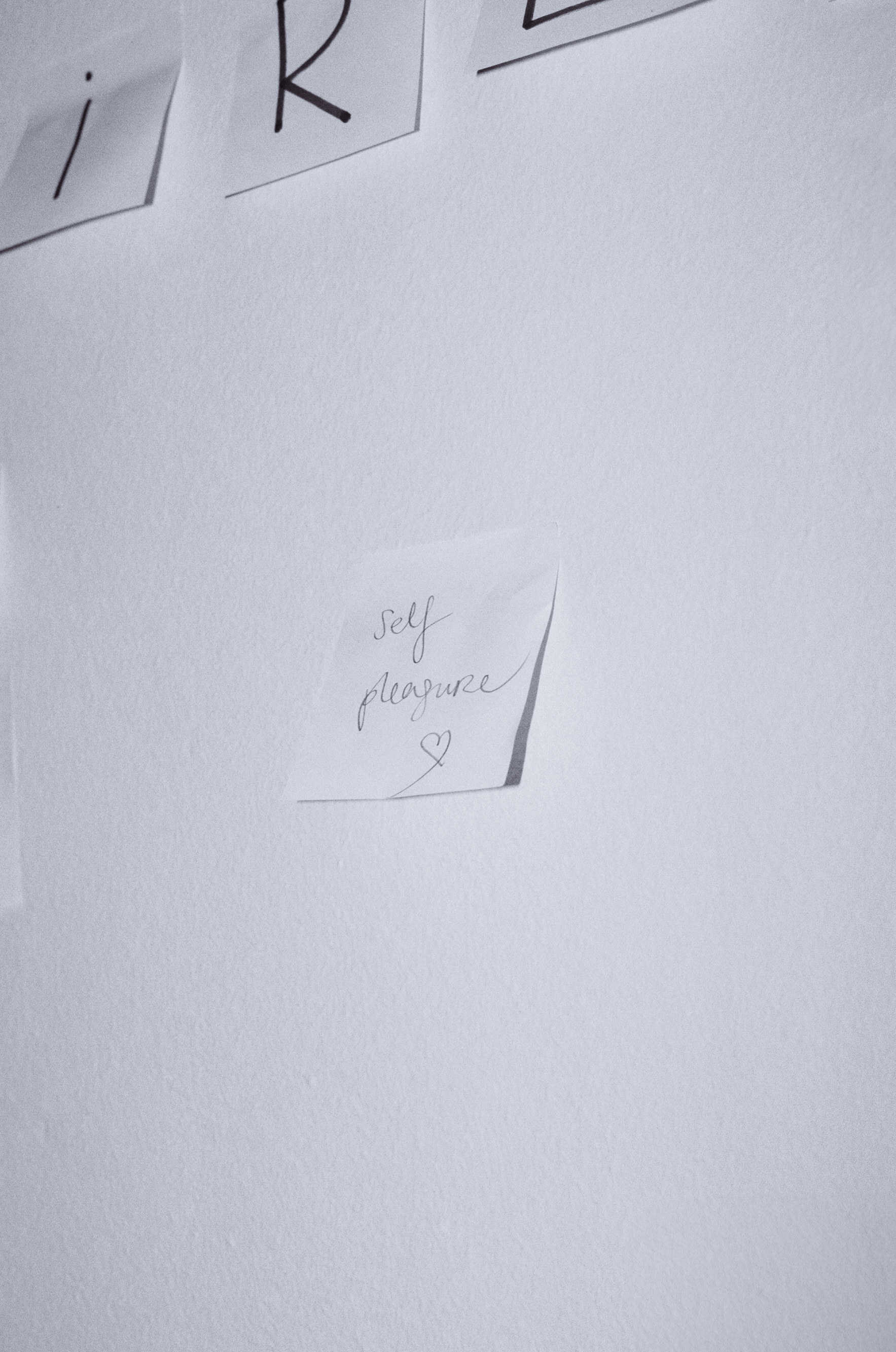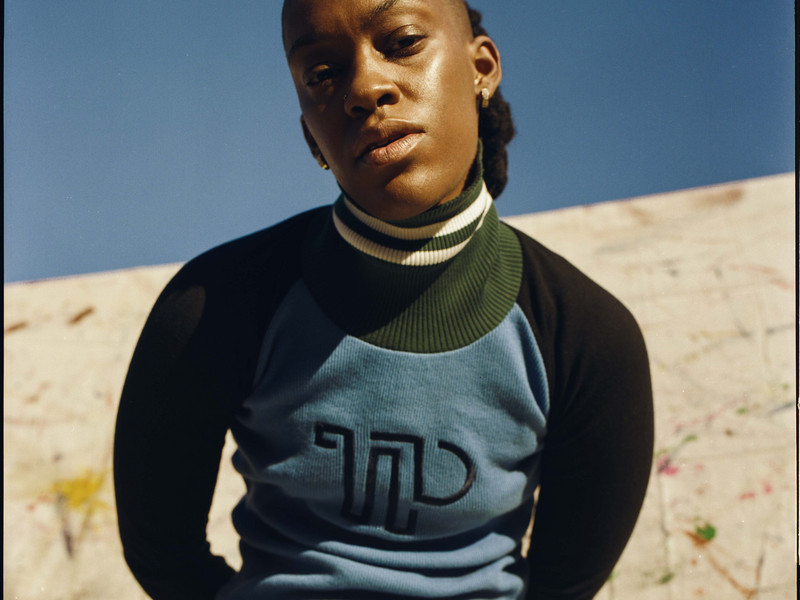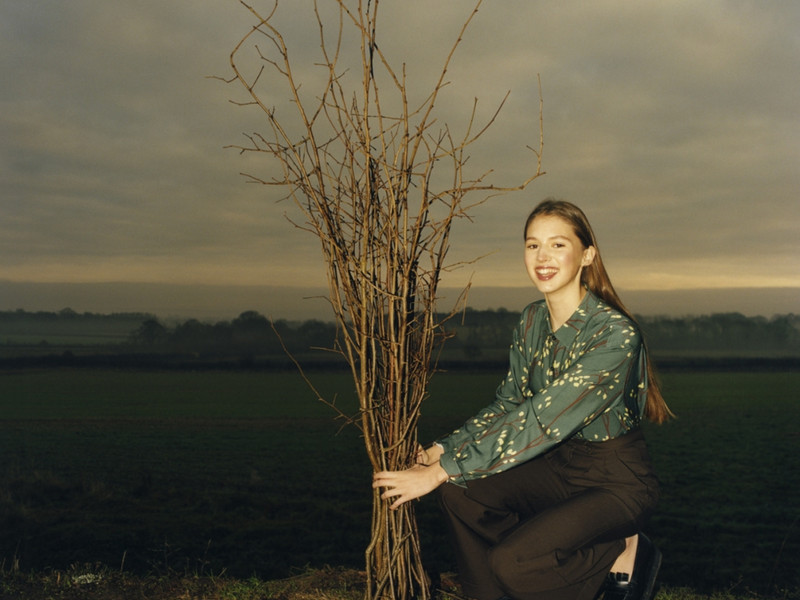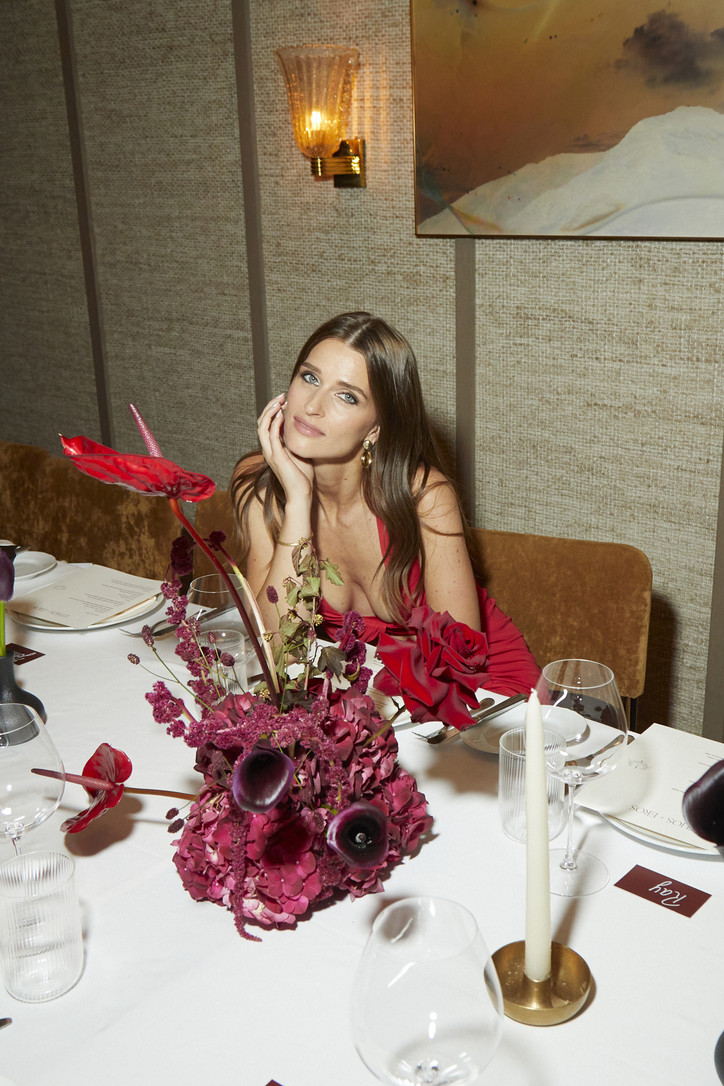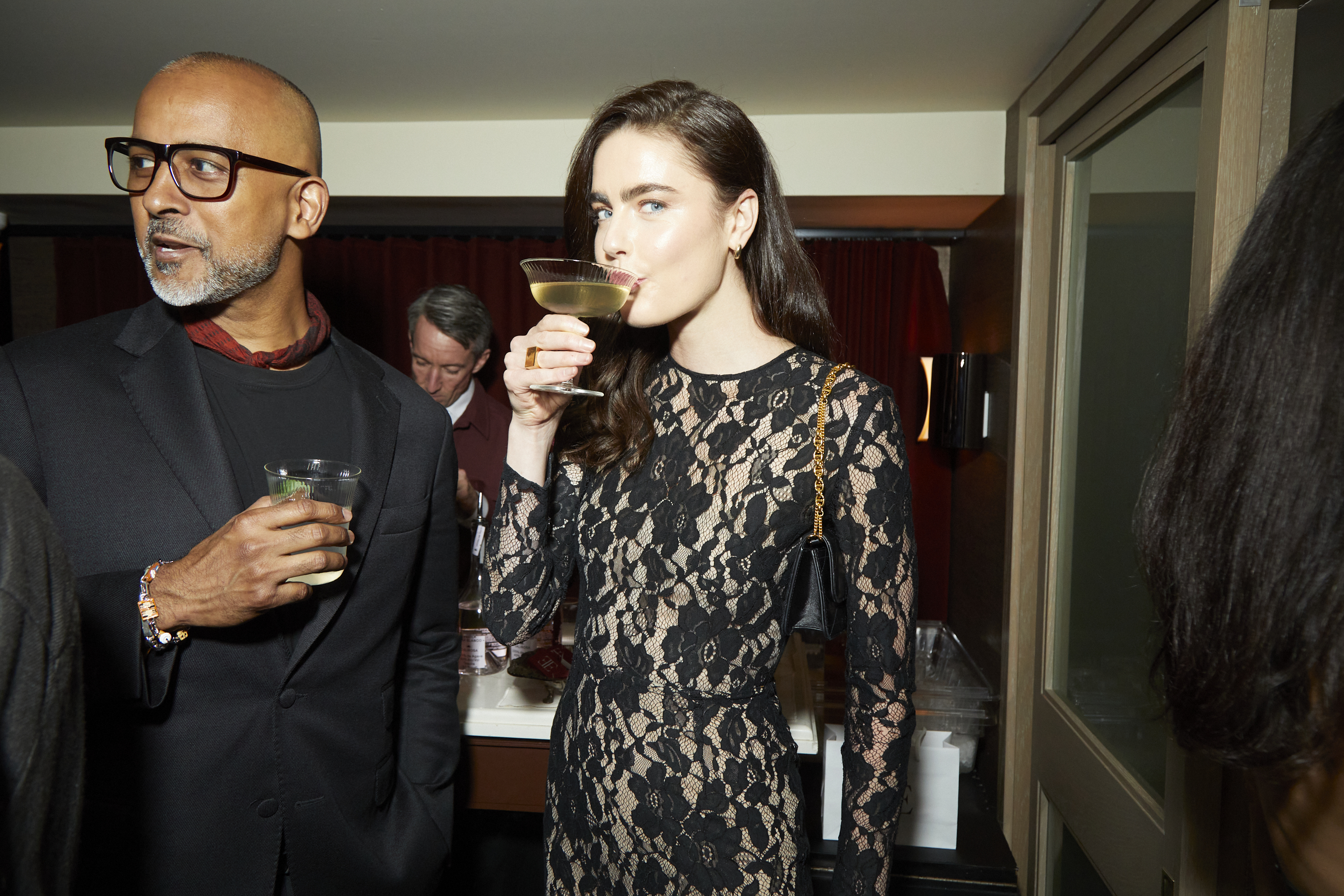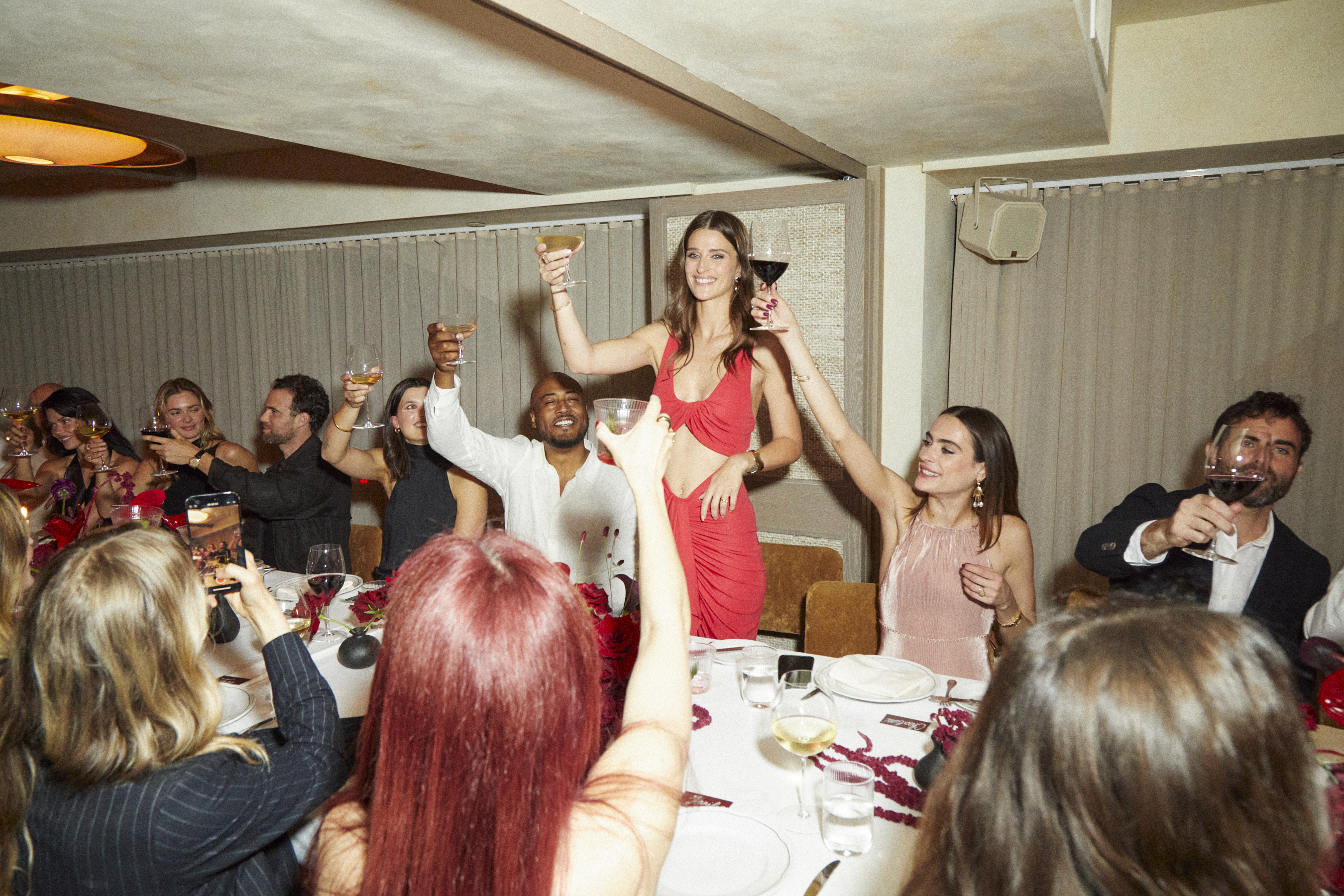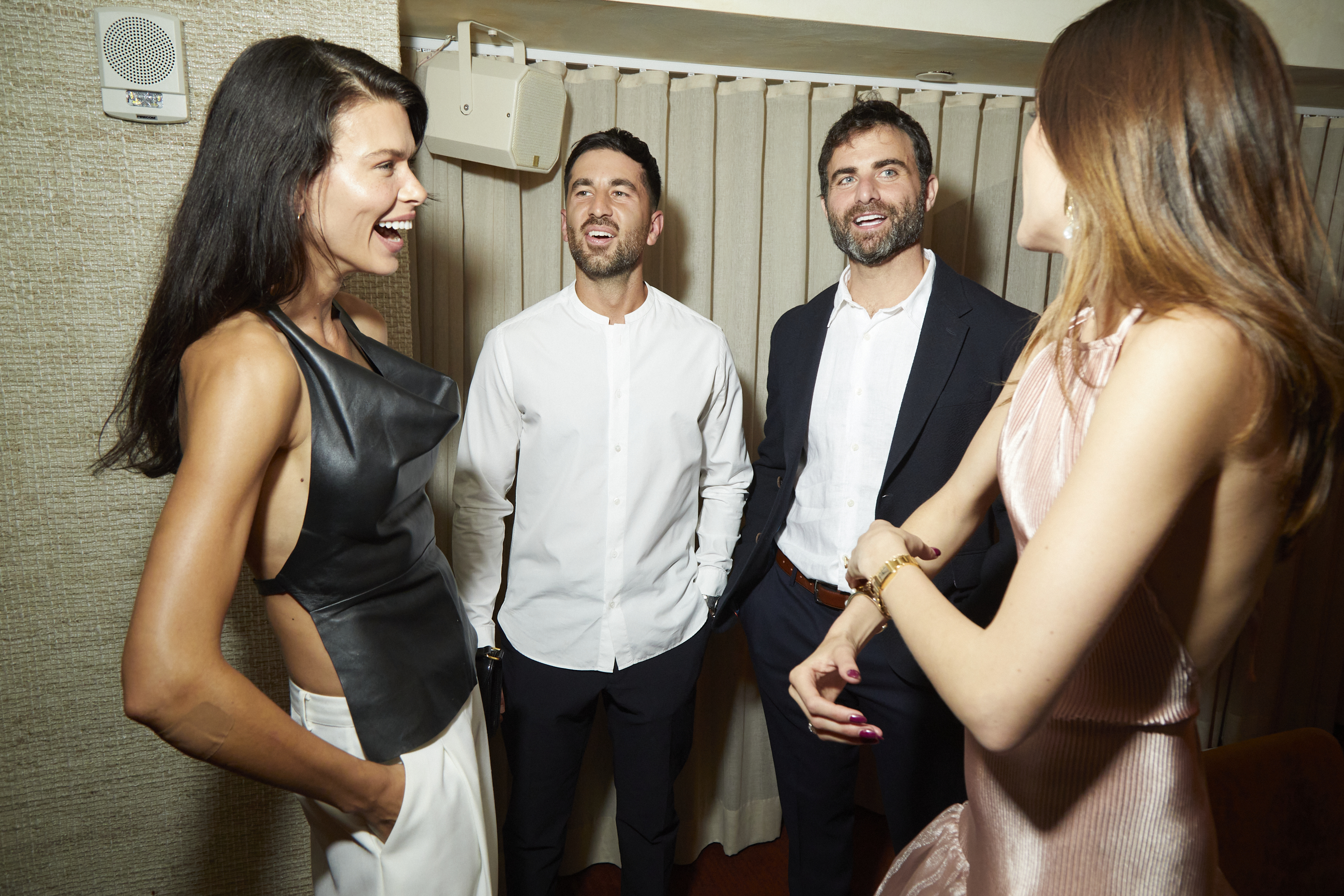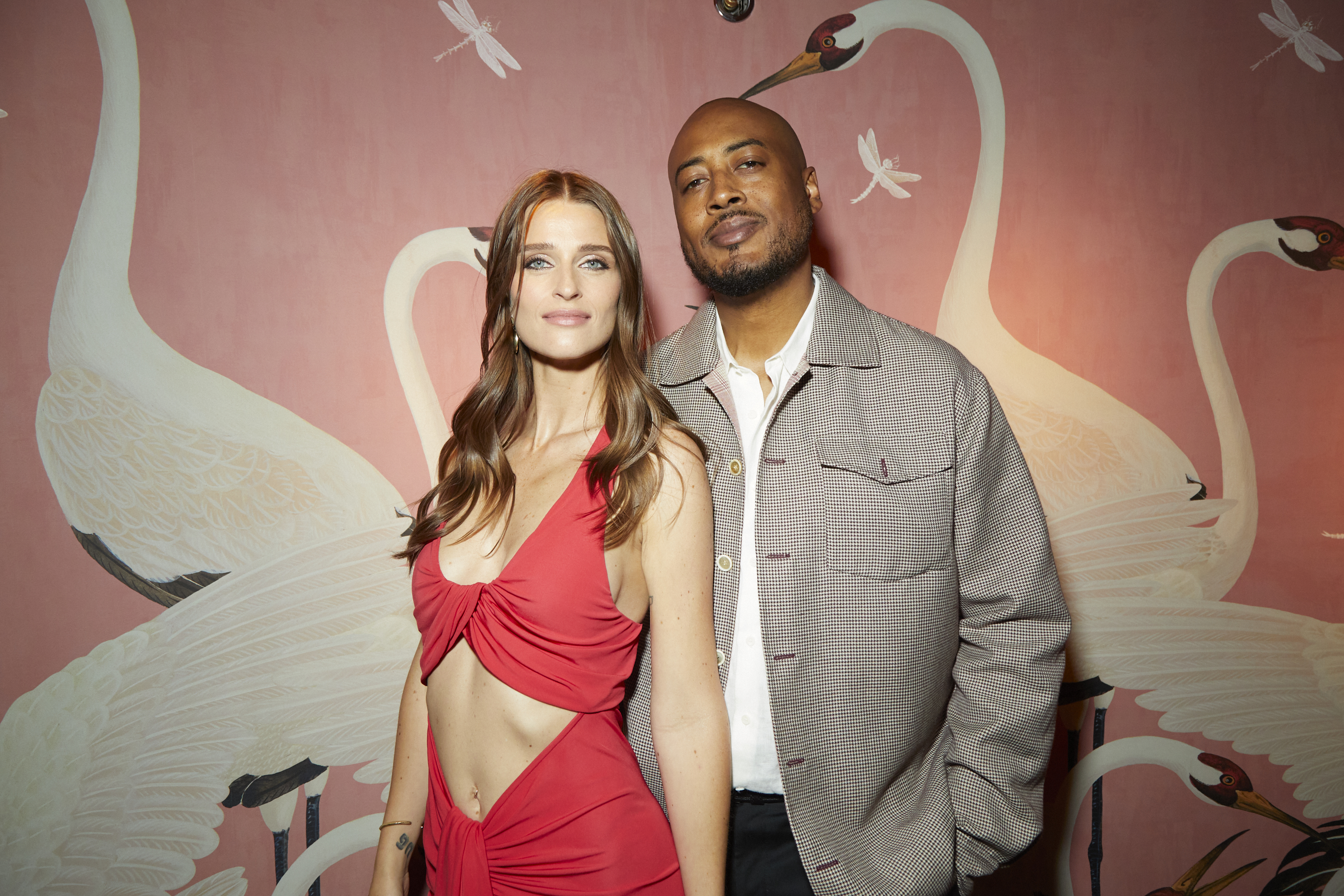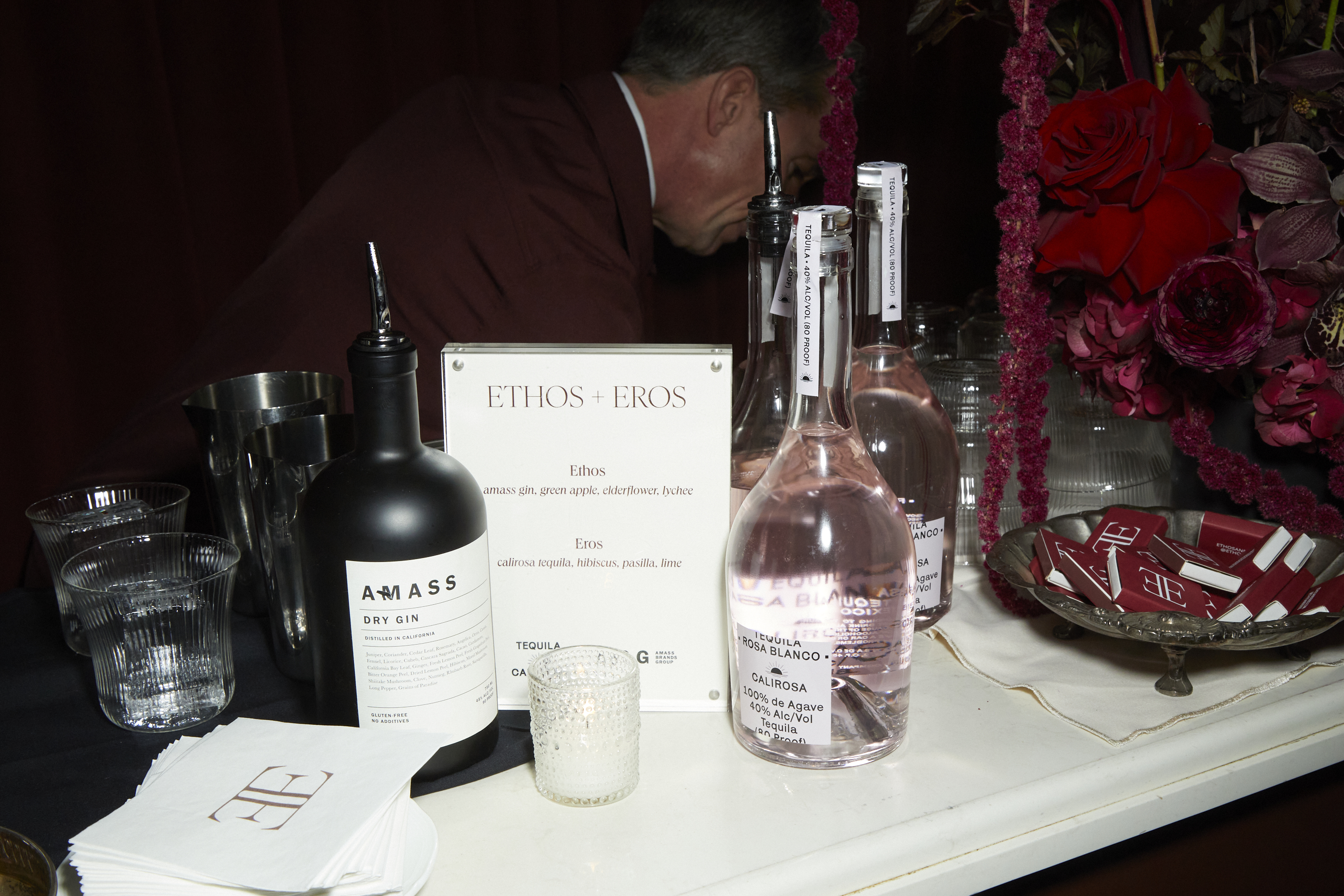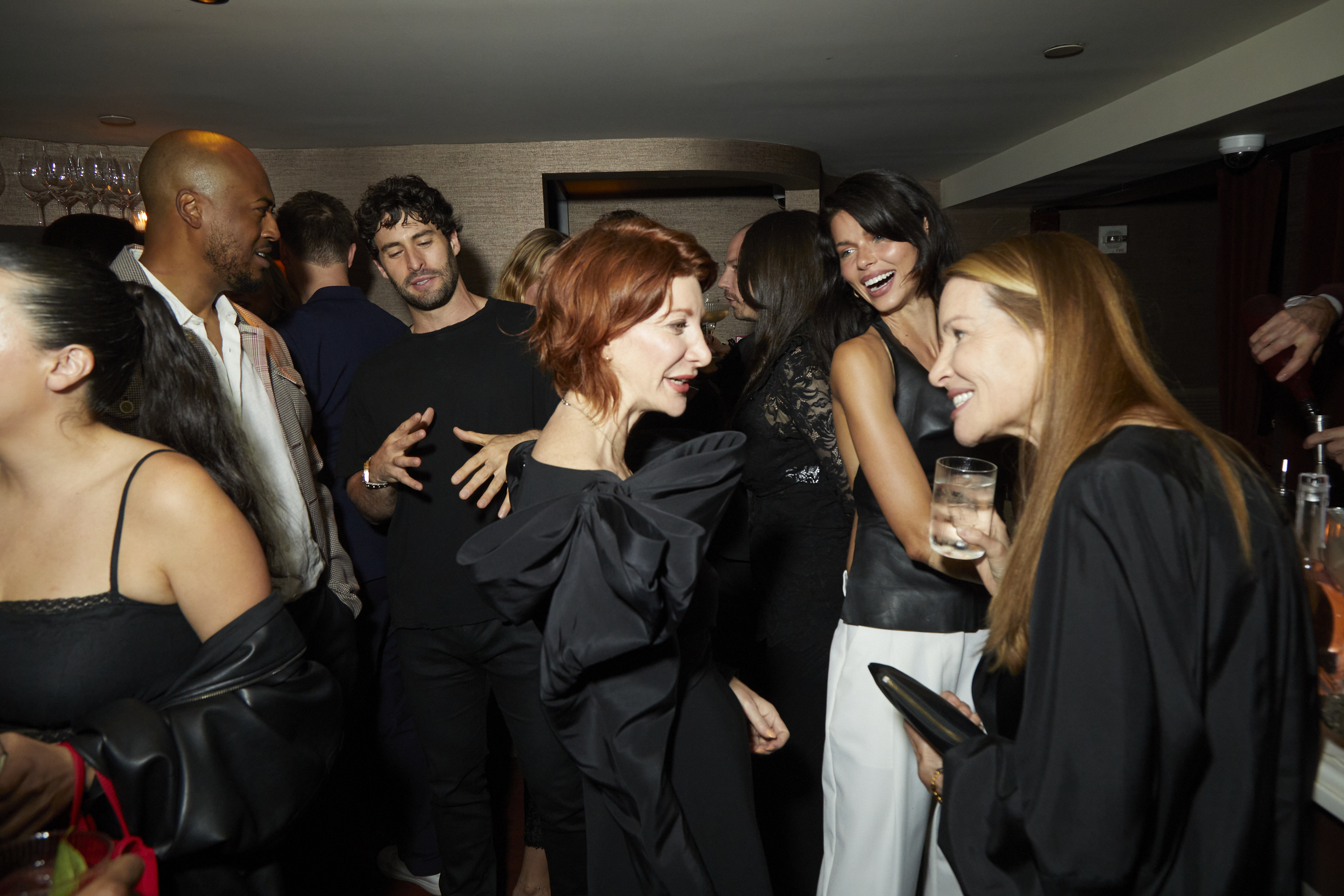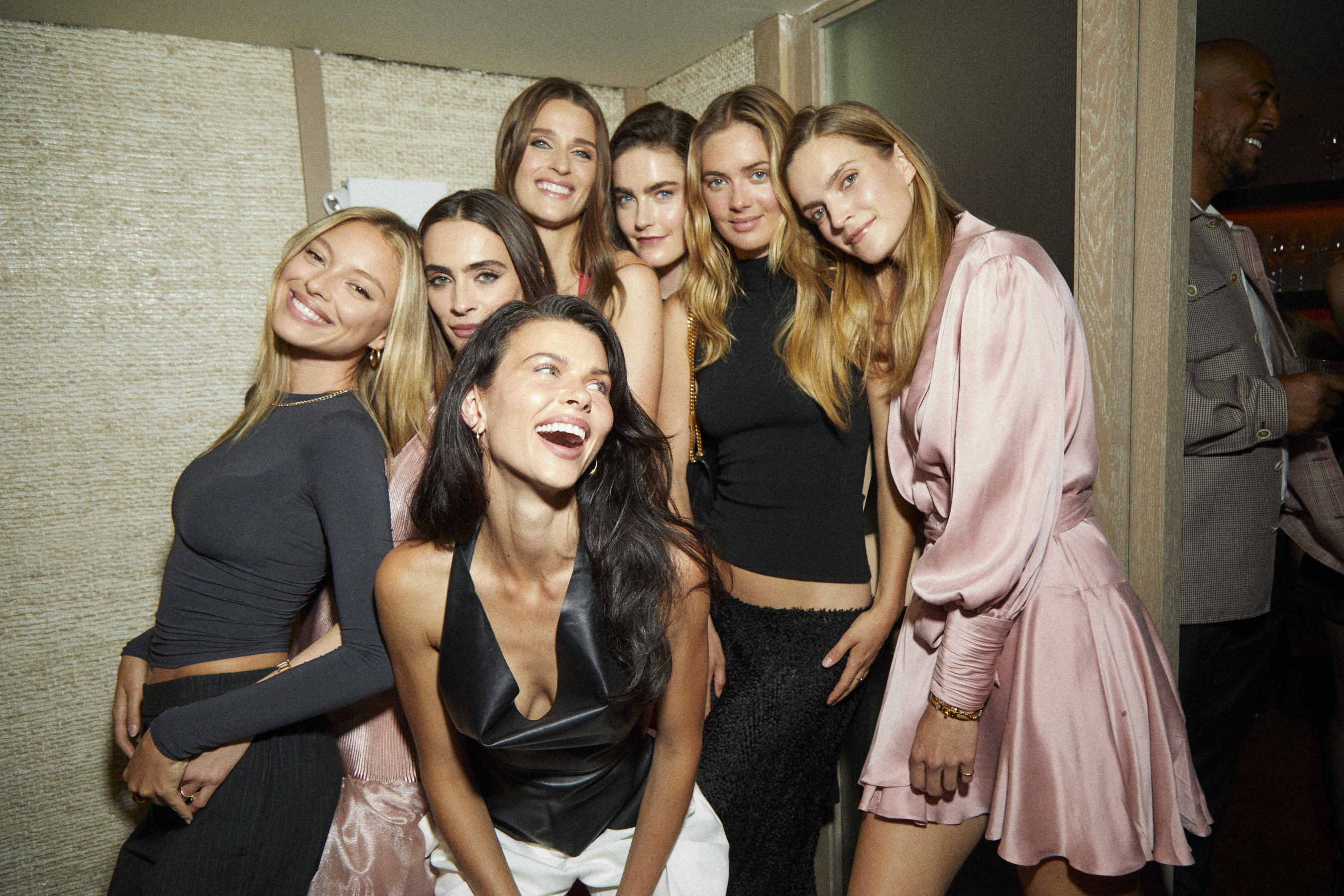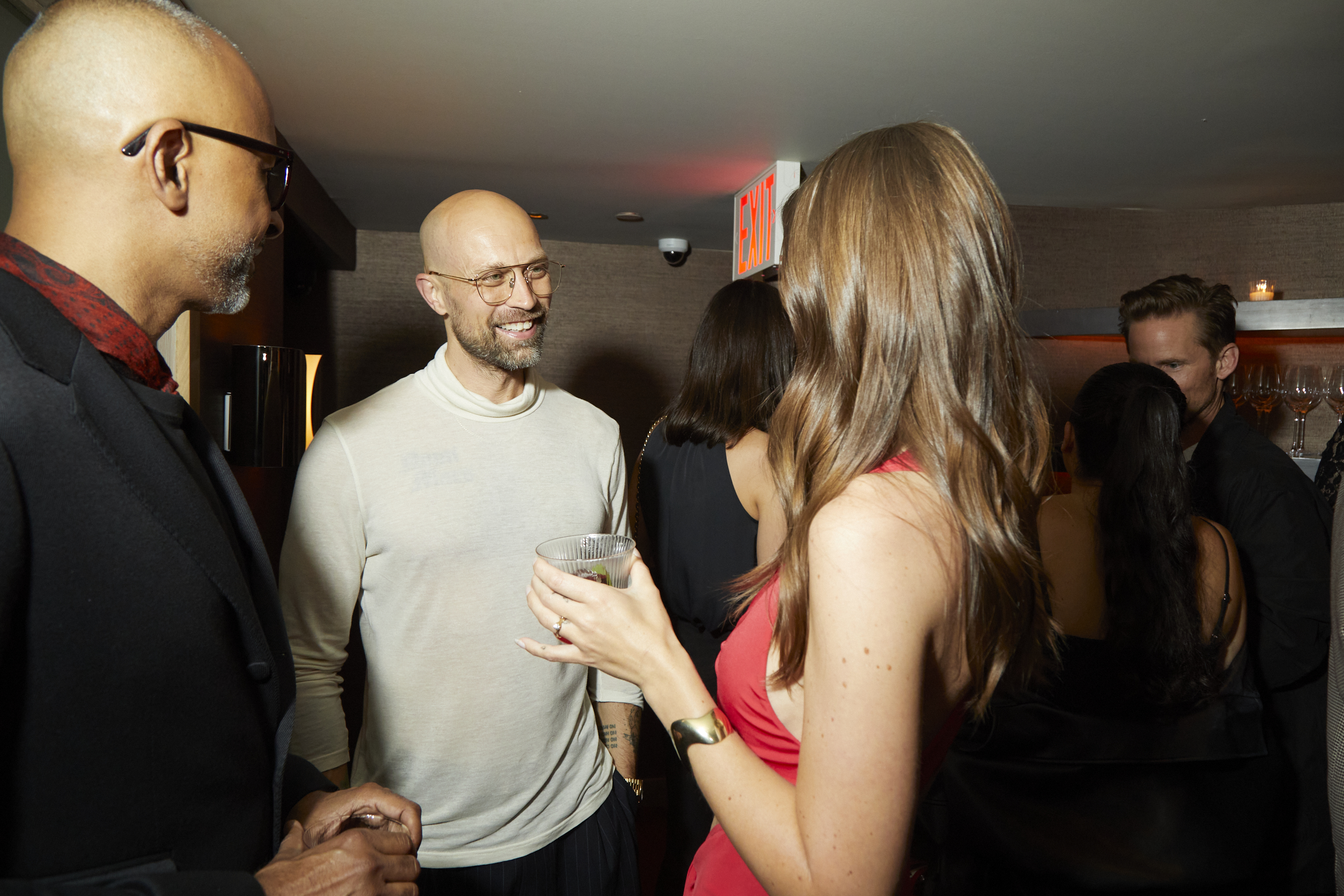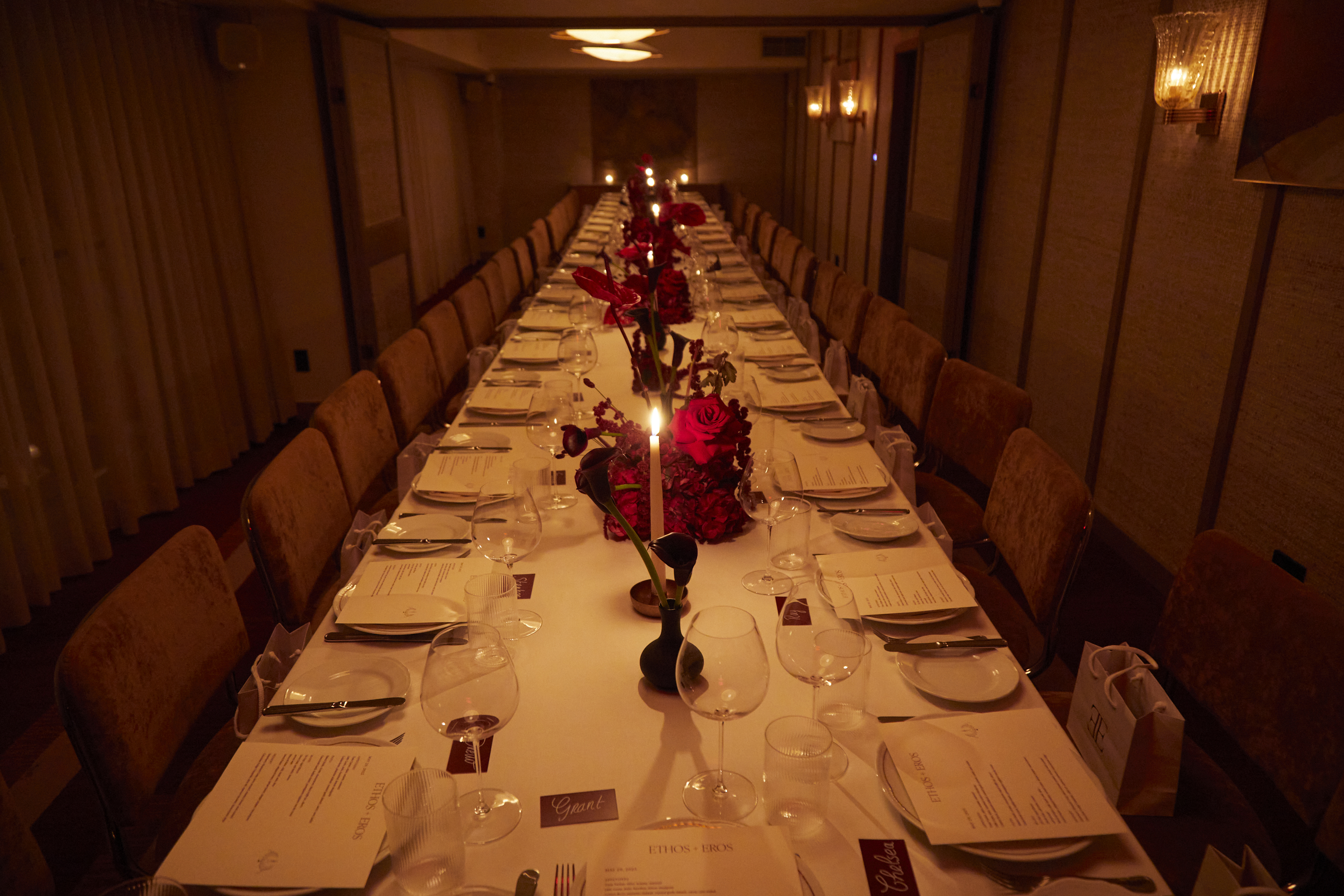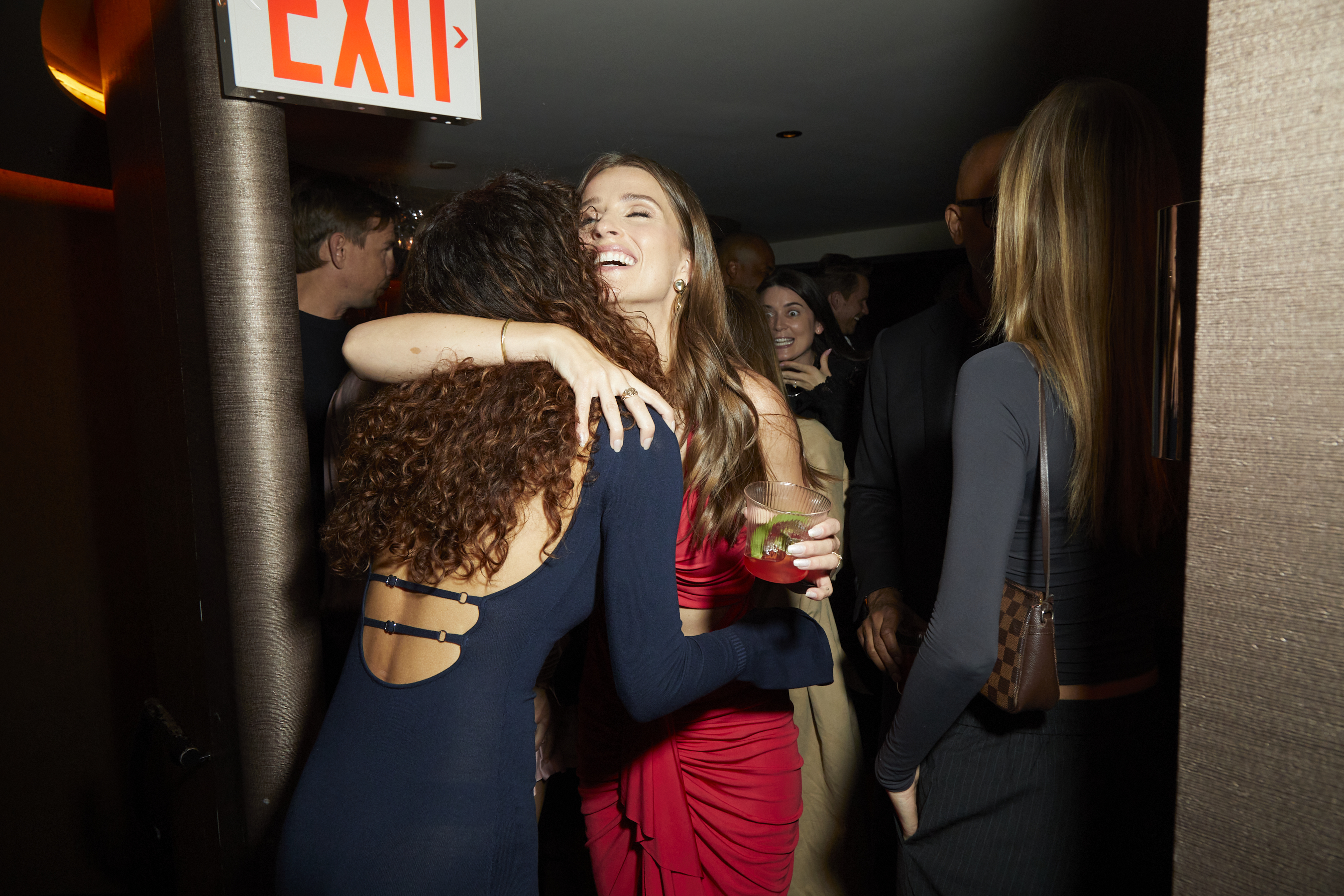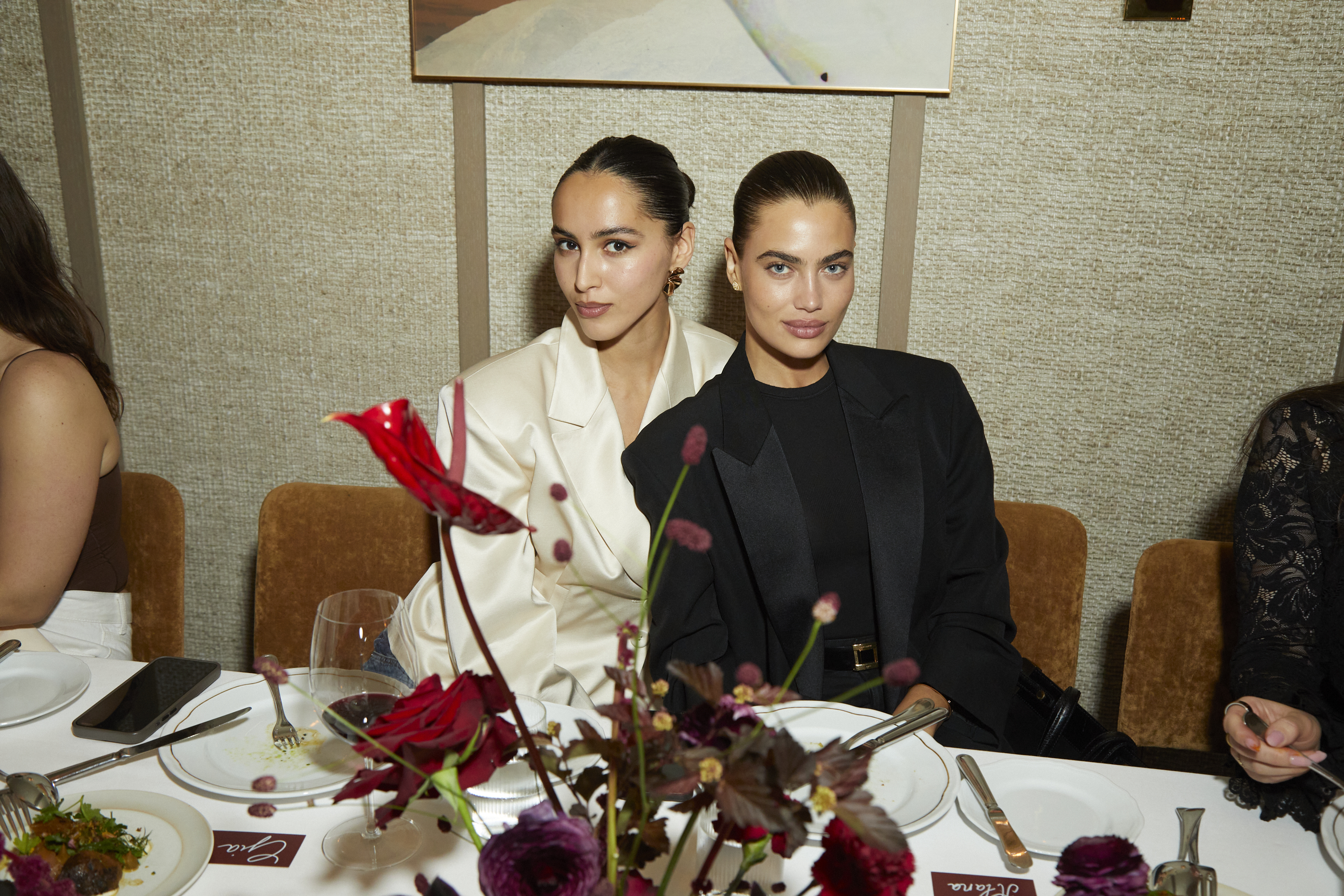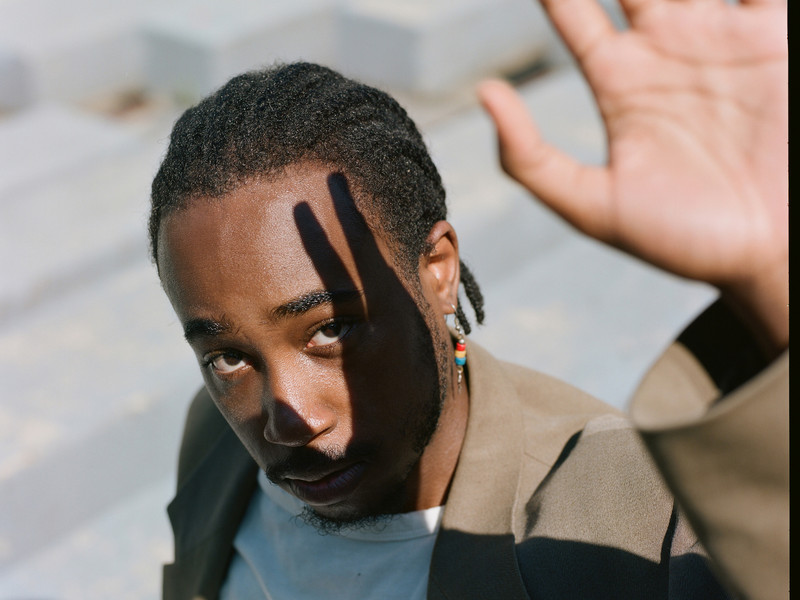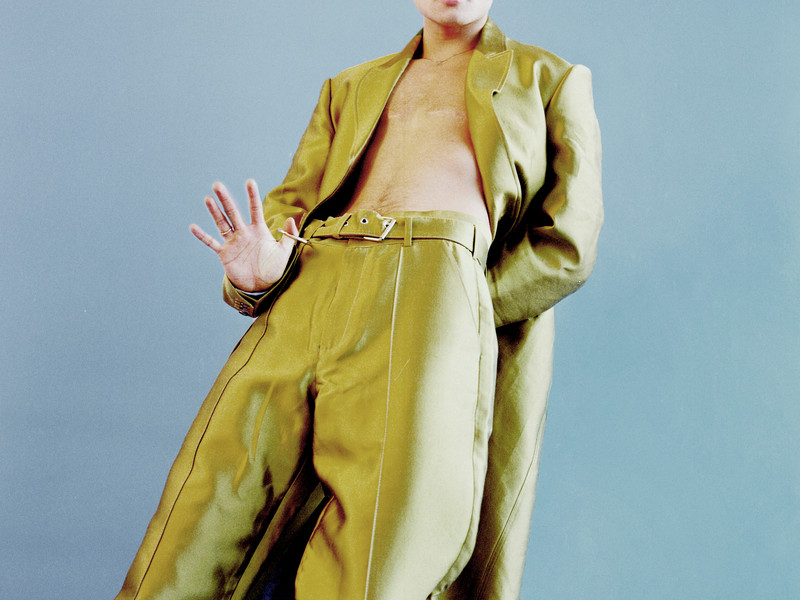The Many Worlds of Zack Bia
Field Trip Records was founded in 2018 as an independent record label born in Los Angeles that forms a global outlook and outreach. What’s different about Bia’s label is that it remains uniquely independent while collaborating with other major labels, all the while keeping an “artist first mentality.” With Ssg Kobe, HVN, and Mallory Merk under his belt, it’s imaginable that Field Trip will turn into something beyond its imagination.
Even though it no longer remains a question, office caught up with Bia to find out who he really is.
So, there was a change from being just a regular college student, to being the mogul you are now. How did that change your mentality, the way you think, and the way you live your everyday life? Because it did seem like it happened all so fast.
I'll probably say this, I have a ton of friends that are young and really successful, right? And it seemingly happened to them one, sort of overnight, and two, at a very young age. Whereas to me, I think things are really gradually happening. So since it wasn't like some overnight thing, I was just sort of growing up with things that were happening. So just the mentality of it — I think it's not like an overnight change. And I think, I think the key is just — if you asked my best friends, I've always been the same person. It's just, you just start to work on different things and start to manage your time differently, but it's, it's, you have to just stay consistent throughout.
And what were those things you started putting more intention in and more time in?
I always wanted to work in music. I was wanted to DJ. When I was like 8, 9, 10 years old, this is when started becoming really popular, everyone would give me their iPods and pay me to curate their iPods for them. So my first hustle was like playlists maker. That's how I bought my first video games and stuff like that. And, so I always wanted to DJ, but it's sort of funny because it's like where do you start? I mean, I've been DJ-ing for years now, I've DJ'd all over, I've DJ'd festivals and all kinds of stuff. I do it because I love it, but I was wanting to work in music overall. So I was trying to figure out if I was going to do management, or start a record label, and build these things. And a couple of years ago, it came to a point where I've been working with young artists and established artists in a bunch of different capacities. And I had a couple of friends that were doing the same and one of our mentors, big brothers, came to us and was like, "it's time, you're going to start your record label." And, I haven't looked back since, I mean, that's everything else that I do, even if it's DJ-ing or throwing an event, it all feeds back into what I actually work on every single day, which is the record label. So we've signed some amazing artists and that's changing every day. You know, during COVID, now that shows her back, the strategy of how you roll out music, how you promote music, how you make music changes. So every day we're signing different things and working on different rollouts. We have a ton of music coming out.
So you were a really big music nerd growing up. I know you like J Dilla. What is your favorite J Dilla song?
There are just so many. He was so ahead of his time, considering the technology back in the day. I don't know I'm looking at all of these Slum Village lists, Pharcyde Tribe called quest beats. I don't know if I can pick one beat, but I think he's definitely one of my favorite producers. I'd say Pharrell, obviously — one of my favorite producers. I think when you settle in the nostalgia, you see how other records age, but like, I guess, you know, all that early Neptune stuff was so — people don't realize how much it changed pop music in general. Like Justin Timberlake's solo work, and that whole era of like, even like Timberland, like that whole era of pop music was insane.
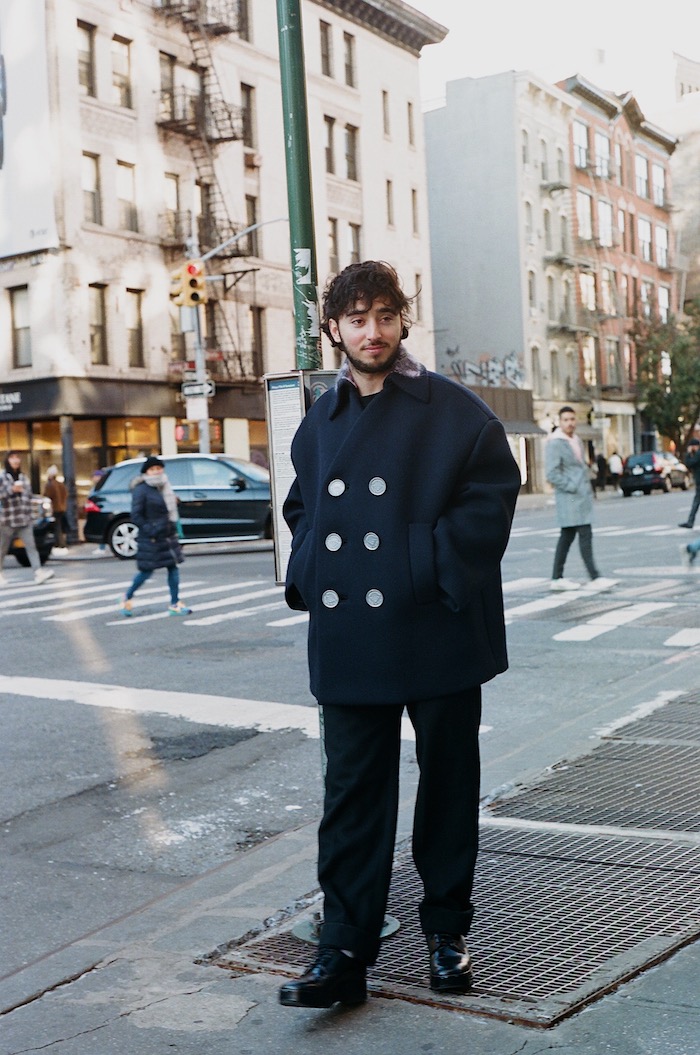
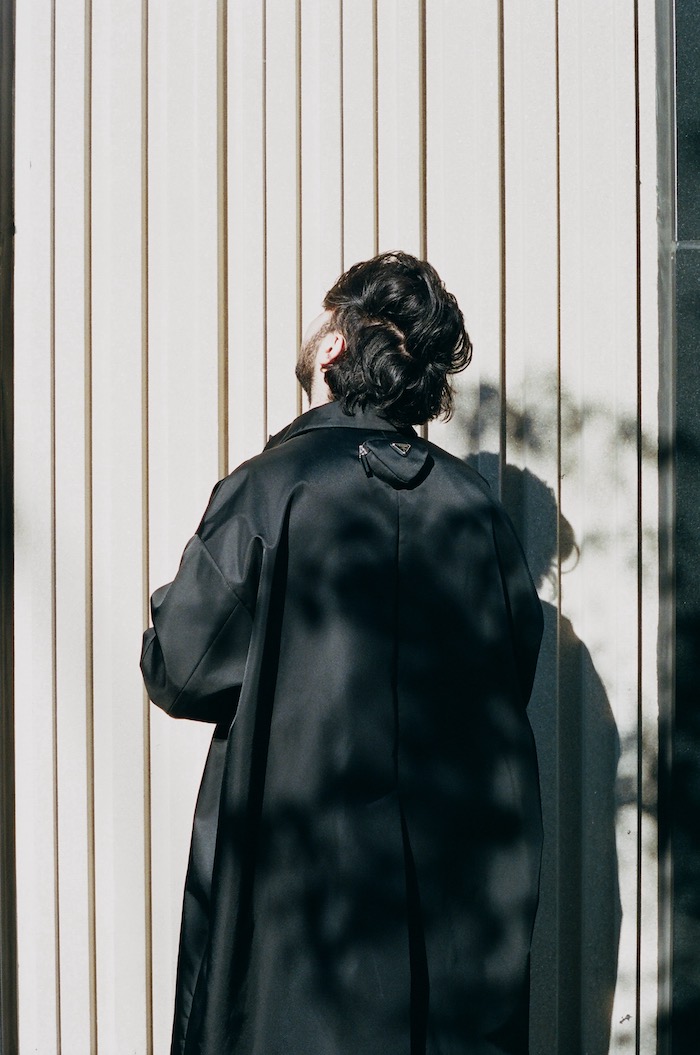

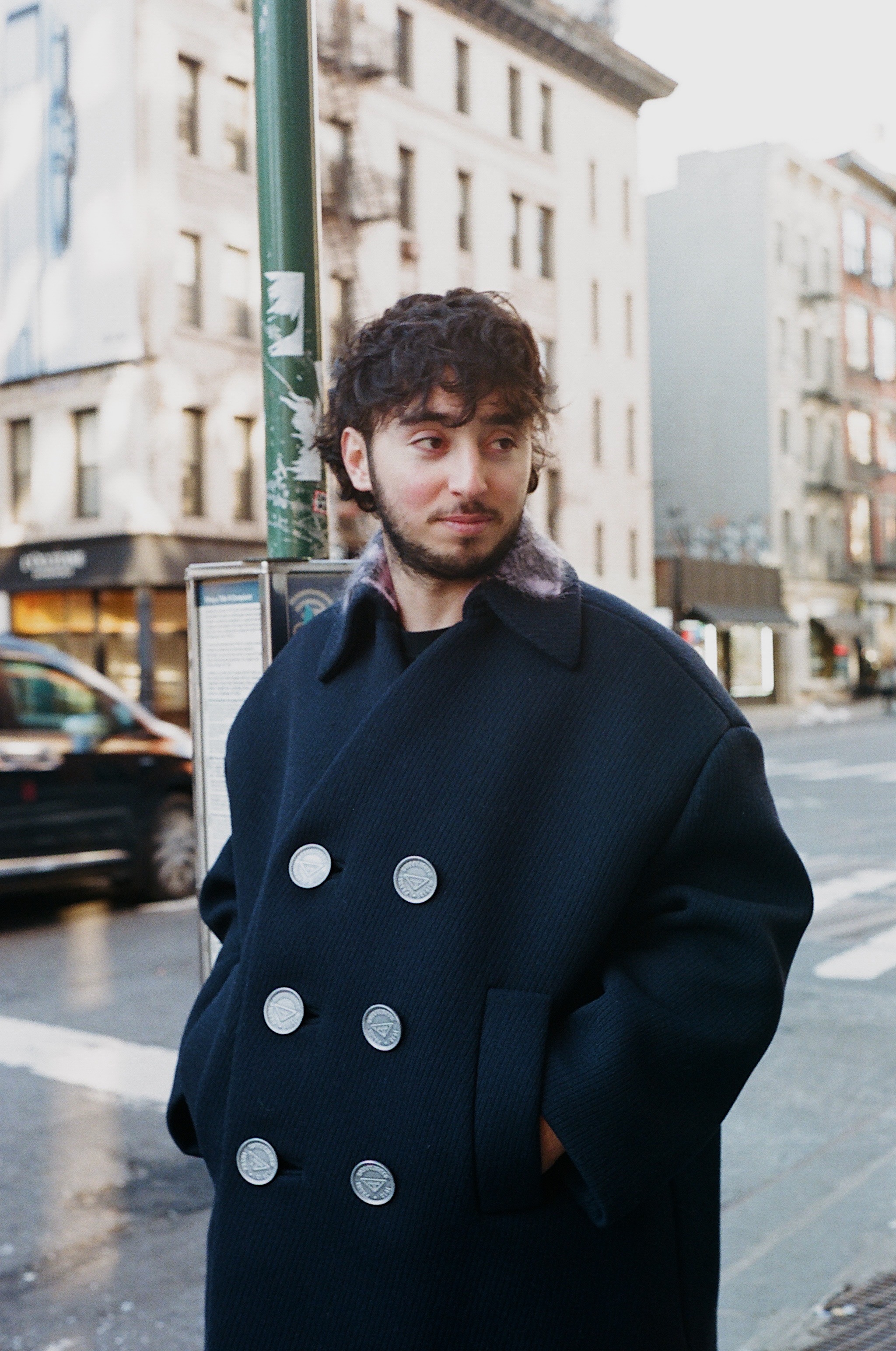
Jacket by Prada, Shoes by Prada, Pants by Off-White, Jacket by Peels.
What are you looking for in an artist that you love to hear in other music since we're speaking of nostalgia?
So, we work with this artist Yeat, and so the parallels we'll make is like when you see an artist — and you know, comparison is a tough thing, but especially when you're comparing artists and they're so unique. But take an artist that Young Thug for example, who's such a strong individual has own lingo, his own way of dressing, his own sort of like universe built around him. And I think anytime you see an artist that has their whole own movement that people are following. Like Yeat has his own lingo, his own way of dressing, his own sound. And he's like this new sort of combination of a lot of things from the past. He's like 1/8th Carti, 1/8th Yung Lean, he's like all of these things. And whenever an artist has all their own stuff going for them, you can help build that out. Because all we're really doing is — how do you take an artist's vision and make it reach as many people as possible? How do you help and give them the resources?
And what made you want to start that initiative, because it's one thing to be like, "Okay, I'm going to have one artist that I manage" instead of starting a whole record label? Because taking on that responsibility must be a lot.
I felt like we were uniquely positioned where we were finding all this stuff early. I was already the one that was like behind the scenes, introducing the younger artists and the bigger artists, and making those things happen. And then we realized like we were breaking songs through the club, we were breaking songs through showing our friends. We were breaking by being a studio and making these link-ups happen. And so we realized that we should sign our own artists and develop them and whatever. And you know, when I signed this kid, SSG Koby, and we realized as we started to develop him, there was a whole scene of kids that were also making similar music, and they're all growing. And it's kind of like this SoundCloud 2.0, whereas 2016, might've been like SoundCloud 1.0.
There's a whole scene that's carved out. And we started to see that we can give all these kids the resources and all these artists resources, and help them strengthen what they're doing. Through the live component, through helping them market their music, whatever. And I thought that we had a sort of new take on how to market and distribute music. We figured this is like our best way to tackle this, to start our own label, assign artists. And we have all the leverage with major labels anyway because they have the culture, the people, and the hype. And then the major labels have things that we don't have, which is global staff. And like the budgets that we want to unlock, or whatever. So we found the system where we keep our label independent, and we sign the artist, and then we take that individual artist to a major label and partner with the label, but only on that specific artist. And so we have no exclusivity anywhere we can kind of like move however you want. So like that model has been really successful for us.
And you do so much along with that, you work within fashion, DJing, and crypto — is this your favorite thing to do out of everything?
Yeah. It all feeds back into the music. You know, I grew up wanting to be around fashion, lining up for sneakers, and always wanting to be around, and reading magazines or whatever. We kind of like bust down the door and kind of like got into the fashion world. All that is just is — it's pure. We love it. And all that is if anything's cultural cachet to position our artists, everything we do feeds back into the music.
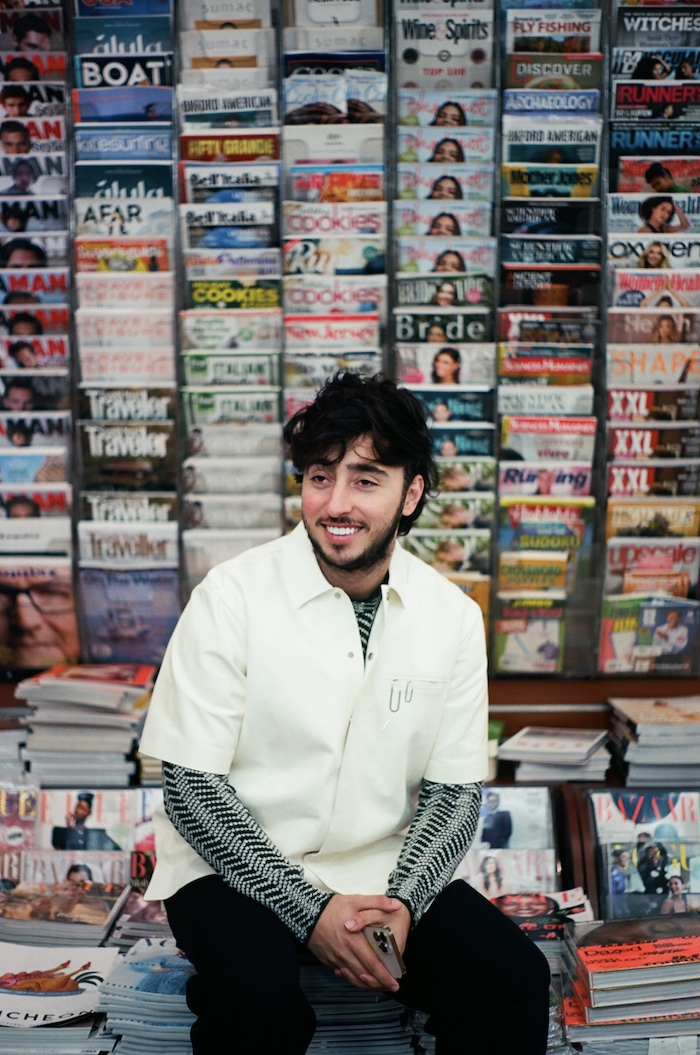
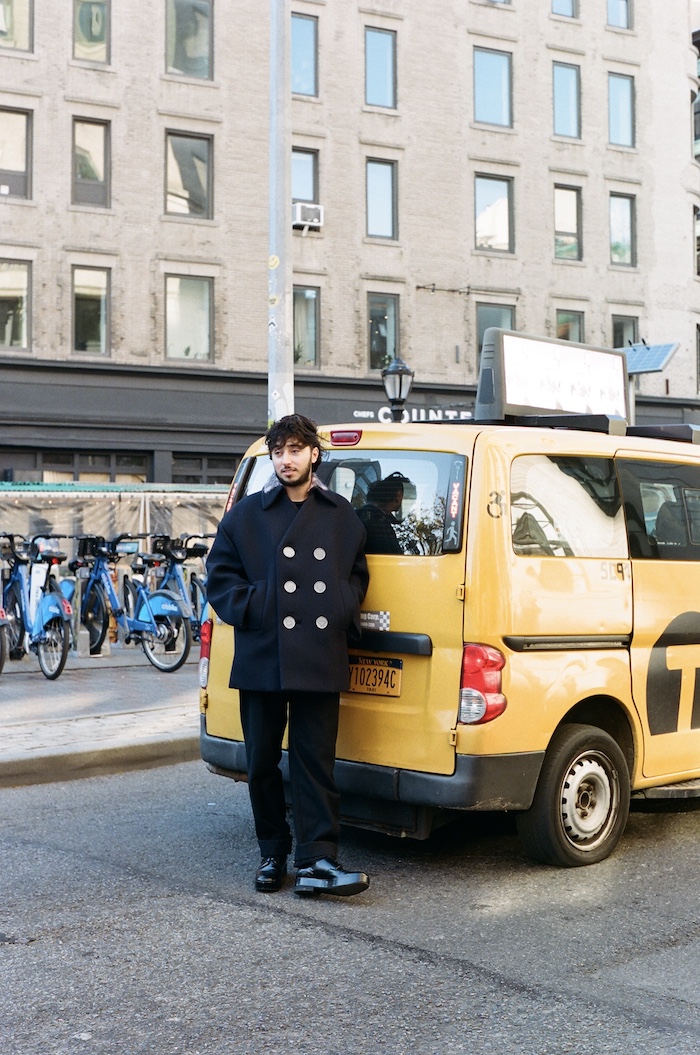
Top by Prada, Jacket by Prada, Pants by Off-White, Shoes by Prada
Would you move into film or scoring films one day? I think scoring movies is the most intricate and incredible thing anyone could ever do.
It's unbelievable. If you ever do something, you want to do it, right. Like scoring movies is an amazing thing. And if I feel like we're in a position where I can really do it justice and we can put together something really special and dedicate the right amount of time to it, then definitely. I want to get into film eventually. I want to keep building up the record label and then, you know, same way any other major, like media conglomerate — then into the film and all that good stuff.
What would you want to do in films specifically? Would it be the music side or would you like want to produce films?
Produce films. But, we're talking 10 years down the line.
I feel like sometimes when people think about you, they have this conception that you grew up as some random rich kid and like got access to fame through nepotism. And especially when we talk about clothes and culture, there is like a vulture mentality to it as streetwear progresses further into the mainstream lens. So what style did you have growing up and how are you implementing that into what you do in fashion now?
That couldn't be further from the truth, I grew up in Brooklyn, like three blocks from where Barclays is. And like before It got gentrified or whatever, you know, whatever happened to that area. I haven't been back in awhile, till recently, I've been going back now. My style came from like — well, one, I started going to a private French school, uptown, my mom's French. She put me in this French school and I was commuting, and you have to wear a uniform. So during the day I was like 'how can I like put this uniform together in a way that's like my own?' I was wearing like dress shirts and ties every day. And for me, it was like, 'what kind of cardigan I'm putting on?
What kind of shoe am I wearing? How am I cutting my pants?' But I used to skate every day. I stopped skating probably when I was like 13, 14, because I had a really bad bike accident. And I started playing sports and I was I was focusing on whatever, but like I grew up going to Tompkins Square every day.
You had skate dreams?
I had skate dreams, for sure. I mean, I was one of the first kids skating at L.E.S. Like I was little kid when it just opened, I was skating every day. I don't think people even know that. And that's how I started liking shoes. And I was wrecking all my shoes. My mom's like, "Why do I keep buying your shoes? And then you just put holes in them. Then you ask me for another pair, like the next month." That's kind of like where it all came from. Like my mom was French. She
was always putting me on to the coolest stuff and you know, hand me downs and vintage stuff.
I was always inspired, like I used to want to dress like 'The Great Gatsby' in the Robert Redford version, the 1974 version. And they were like knit sweaters, polos, and all that. And like that was inspiring and very French. And then obviously, I was skating every day and I was buying like Etnies and skate shoes or whatever. I was just figuring it all out. I never thought that I had to stick to one style. I was kind of just like, you can do all this different stuff.
Who's your favorite skater?
My favorite skater is this kid named Zach, he skates for Illegal Civ. Yeah. I just think he's smooth. It's just steez. You know, I went to high school with Mikey [Alfred] from Illegal Civ. Mikey's the greatest of all time. I love all those kids. And like every time he'll post a clip of Zach skating, I'm like this kid just so smooth. It's like just steezy on a skateboard. Like he hits all the swag points, all the style points for just for like how smooth he looks at the skateboard. But then like he gets like mad pop.
Well, I just like what Illegal Civ is doing so much because it's really highlighting that they're building a business around being friends. Like you can tell that these guys all love each other. You can tell that they're all like the best of friends, you can tell they go on these trips and they're just like joking around. They've got each other's backs and like through the skate videos alone, you can like see that camaraderie.
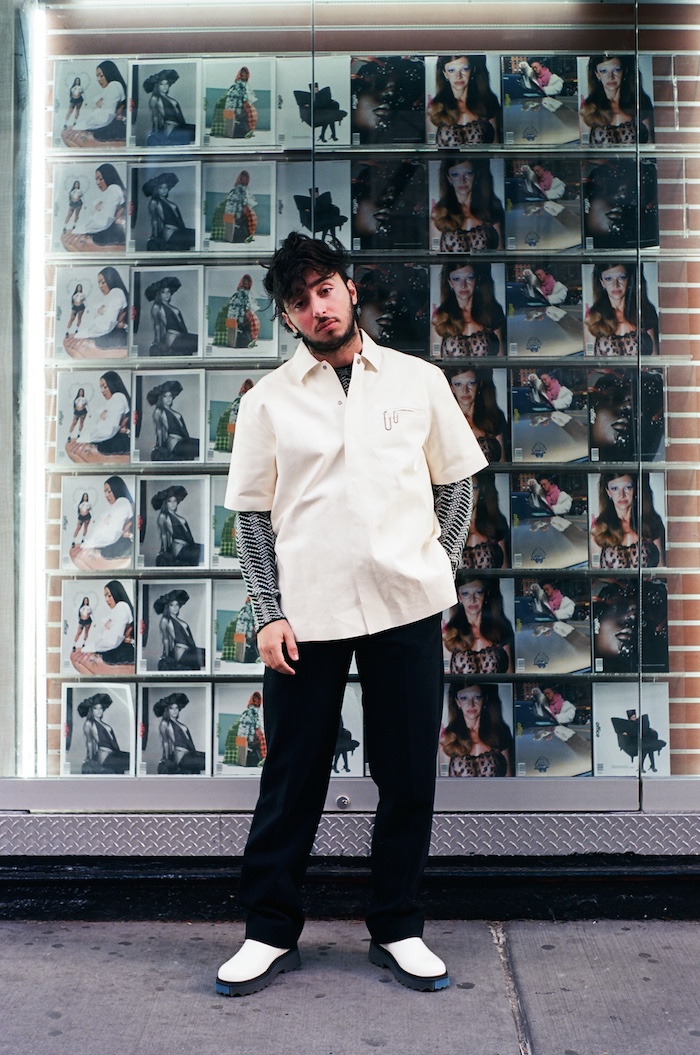
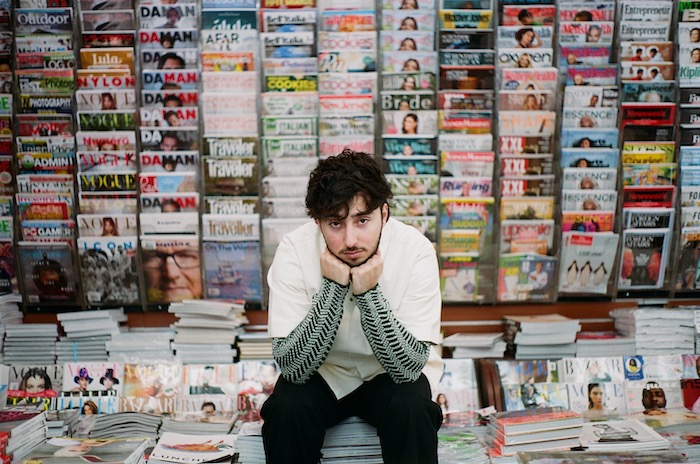
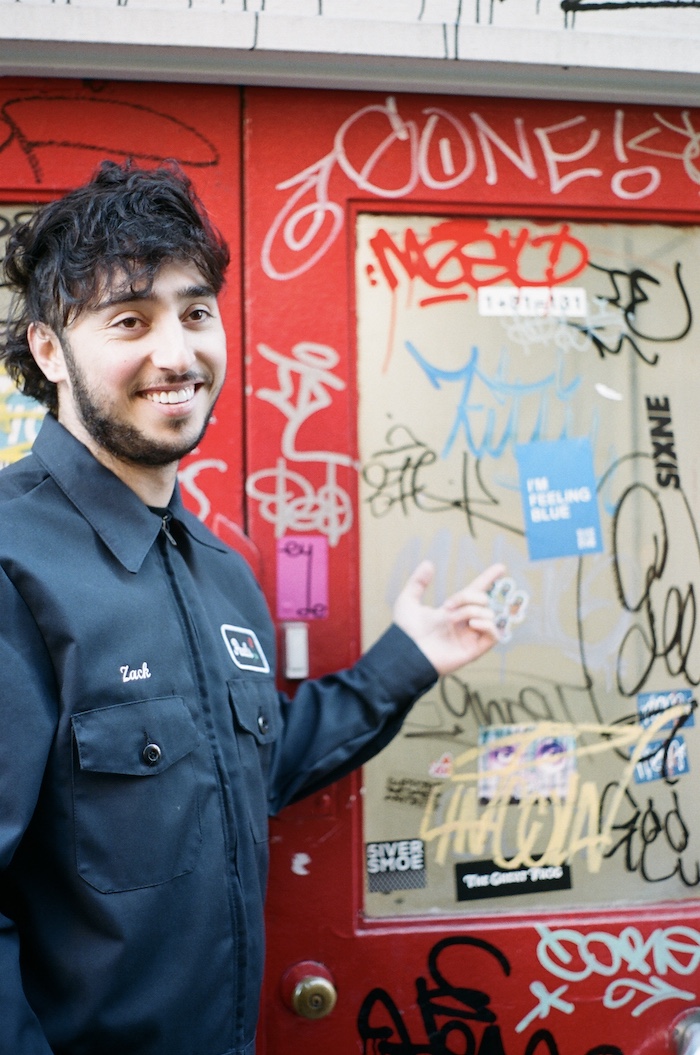
So speaking of business, I feel like people are familiar with you due to who you're seen with. I hate this word and act, because it seems so transactional, but it's "networking." What is your approach to it? Because I assume you don't do it in a sleezy way.
I never asked for any favors. I never asked for any favors. I think the only reason I have all these connections is cause I don't try to make all the connections. There's people that I met, that we became the best of friends five years after we met the first time because I'm never like trying to force a lunch or whatever. To me, I'm just like, let me just focus on what I can focus on, which is like building my company and building my things . And then, you know, do cool shit on the way and linking people up with other people. I always actually like to introduce people to each other and let them do amazing stuff. But sometimes it comes back around, sometimes it doesn't. The best ways that always supposed to be genuine. Kids are smart, right? Even talking about as consumers, kids can tell when you're posting stuff for your friends and kids can tell them when you're posting stuff that's paid for. So I tell people, if you're gonna post the music, do it because you actually like it. People will catch attention anyways.
Like, Field Trip— our record label, we just curated the music side of ComplexCon. So we curated the whole stage, and what do I do? I booked the whole stage full of my friends. Like, Lil Yachty who's a dear friend and never DJ'd before, but he's always telling me "I want to be DJ" So I was like, "yo, why don't you DJ for the first time? Like start selecting music. Like let's not even call it DJ-ing And it could be your first set of selecting music live." So his first set ever is on
our stage at complex. That's the whole thing, like how do you tie together friends? Like he sent me an open verse three months ago. He's like, "what do you think of these songs?" I was like, this is fire and sent it someone else. I sent it to this kid, Kobe who we signed. Kobe put a verse on it.
And we've been sitting on it for three months. We just kind of have it in the vault. The other day, we all happen to be in New York. He was staying at the Mercer, so I just went to go have lunch with him. We're hanging out. My artist Kobe landed at Newark because he had to come into town for a rolling loud. So he's landing and I'm like "Yo Yachty, why don't we shoot the video to that song right now?" And he's like "okay, bet." I hit Hey Kobe's manager, I was like "Yo, when he lands, bring him straight to the Mercer." So he comes to the Mercer, you know, 17 year old kids, fresh off a plane.
I'm like, "Yo, just go change in the bathrooms," he's opening his suitcase, changing in the lobby of the Mercer, puts on a fresh fit. I hit my two friends, one that has a VHS camera and one that has like a little handheld. And I'm like, "yo, both of you guys pull up to Mercer, one of you bring a beats pill." They all pulled up at the same time, I'm like just start filming and we'll just walk around the neighborhood. And we just started playing the song off of like a beats pills. The reason the video is cool is because it's just real and raw.
You were talking about people always wondering what you do. Has there ever been a moment where someone has been so bold and then come up to you and has said, "So what, what do you do? And what do you say?
It happens. I say " I own a record label, I DJ, a couple of other things, but they all lead back into music."
What do you like to do on your day off? Do you ever have a day off?
My personal life and work life is one of the same.
But what do you like to do in your free time? What are you and your friends doing?
I watched pretty woman with my friend the other day. Look, I've been out more than I haven't. So I don't know anything else. When people won't understand and are like "why are you always out and stuff?" And I'm like, you guys realize that throughout the history of like art, music, and business— being out has always been the most common ground. Because where else than like a bar, party, or a restaurant, can there be a skater, a businessman, an actor, college kid, and everyone's in the same room that are all brought together by either food or music. And so to me, it's a beautiful sort of place that if I'm not doing anything, why would I just be out with a couple of friends?
What are you, what is your biggest theory? Or words to live?
Be a good person.
What does that mean to you because that's pretty subjective.
So going back to like what we were talking about earlier, like how do you do things in the right way, like maybe network or whatever. It's like to me, where my life is so interdependent on developing places, dealing with art, artists are human beings and very emotional. It's a very personal thing to put your art into the world for anyone to consume. So it's like always make sure you put artists in the right positions. Like, I don't do a deal if it's only a financial thing, I have to be like an actual emotional alignment. That's kind of how I treat everything. So being a good person sounds like stupid and trivial, but it's that's the golden rule. Don't be an to asshole to anyone.
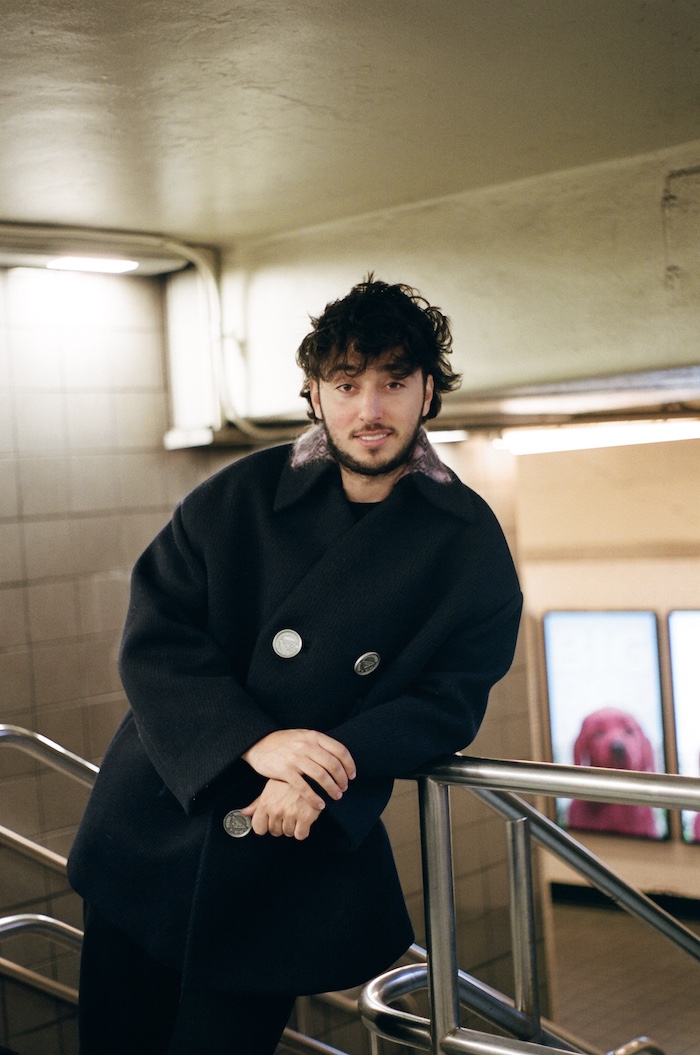
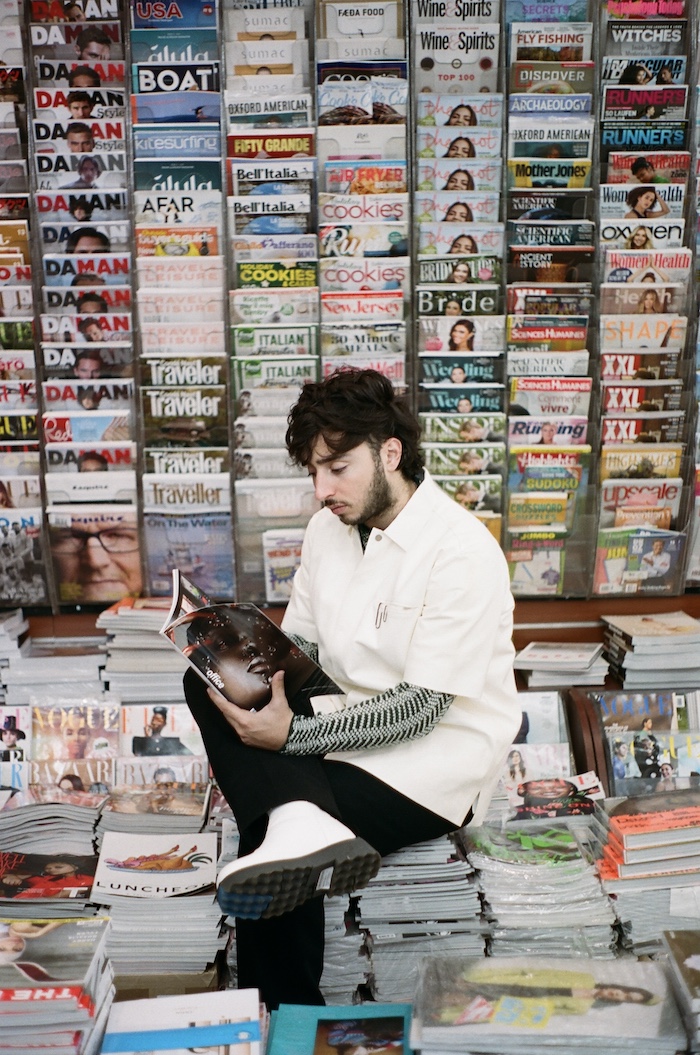
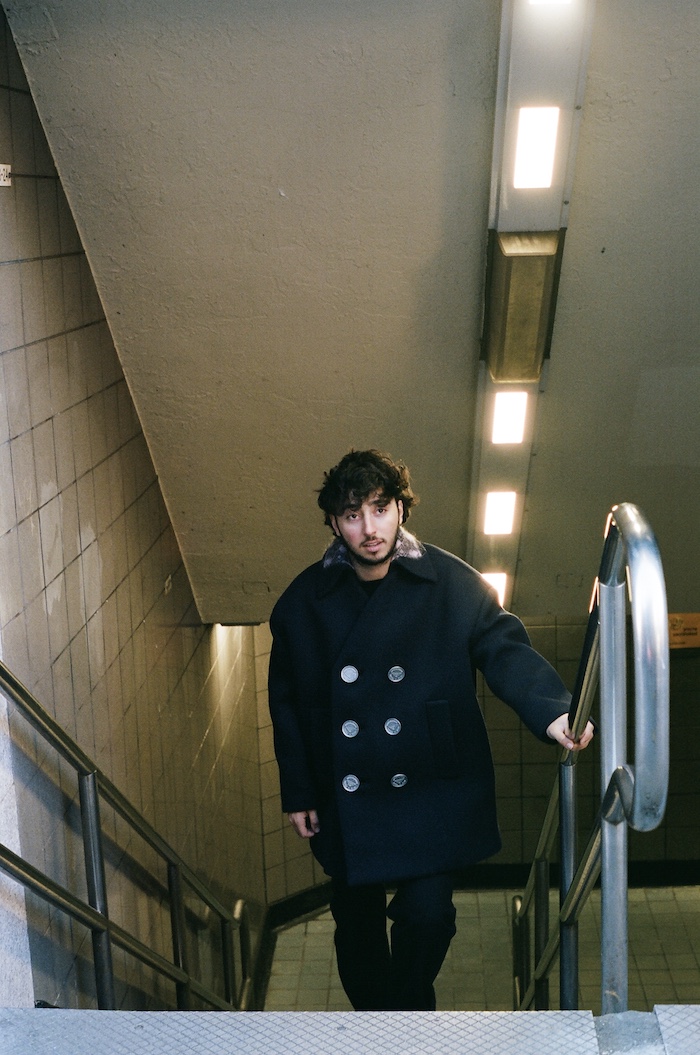
Being a good person is like don't try to make a little side deal. Don't fuck anyone over. It's like realizing that everyone has their own shit going on in their life. You know, every individual lives a life as individual as your own.
They have their own complexities, their own world. And you have to kind of respect that and keep that in mind when you're talking to anyone — it forms empathy. Speaking of, hypothetically, if this was Zack Bia's world, you were in charge — what does this world look like, what're the rules, what is going on there?
It's hard to imagine a world that's so different than what's happening now in terms of like, what do you change? What's the first thing you change? What's right to change? I think we're experiencing it now. Everything's changing. And I'm not going to go on some full crypto, you know, dark web conspiracy talk. But I think the everything has to change or education has to change. I think the financial institutions are going to change. And the way my world would look like it's just a world in which —I was raised by a single mom. Everyone has their own complexities. And I seen the things she struggled with and things my brothers had to balance with dealing with school and trying to build a company. And the balance of family and work and different priorities. So I think just based on my own experiences, it's just a world that would sort of change the things that personally affected me. It's a different education system. It's a world that prioritizes different things.
I wish I could, I could answer it that simply. And maybe the sky would be orange. Maybe I'm attacking it too deep. Maybe I have to just be like, yo, there'd be Yeat playing in the streets. And the sky is neon green.
No, but it is like uncovering the whole education system, systemic racism, like everything that we've, that we know that we don't even think is like a problem that would have to change as well.
Whether we're conscious of it or not. We are products of all these different things. And every block you grew up on profoundly shapes you as a person. I went to a nets game, and I only say to preface it with this, not sound cool, but it's all the players are my friends. I'm there with some cool people, whatever. But I grew up three blocks away, not knowing a single person, just a kid from Brooklyn whose mom just moved up from Paris. You know, like just sort of learning all this stuff on the fly. And my only two friends at the time were these two kids who lived on my block in Brooklyn. I moved out of Brooklyn when I was eight, almost nine. And that's the place I've lived in the longest, my whole life. I've moved 13 times since then. I've traveled a lot of, I met a lot of amazing people. I've been able to accomplish a couple of things. So long story short, my road leads me back to Brooklyn and I'm at this nets game. It's like an afternoon game. And I'm like, you know what? I haven't been back to my child at home since I left, you know, over 15 years ago.
So I'm walking down, Brooklyn, I'm walking around the arena. I'm like 'That Modell's is where I bought my first pair of Jordans. This little crack in this street was where I fell on the skateboard, this little P.S. is where I caught my first football.' Like all these funny things. All this nostalgia is coming back. So I go to my old house and it looks different now, you know, it's been cleaned up, but the block, the curves are still the same because it's been historically zoned, or whatever. So I'm looking at my old house. I'm thinking about how much has changed. And I moved up to Manhattan, I moved to LA, I've done just all this crazy. It's kind of overwhelming. I call my mom, like, where do my friend Gabriel live? So I walked down the block. I'm thinking about like my birthday parties on the block, and all these other things I have completely not thought of. I'm ringing the door bell, no one answers, I ring again and my mom's friend opens the door. She sees me and immediately starts crying. 15 years, recognizes me off the rip. She runs through to her bedroom, pulls a picture of me and her son at his third birthday. It's on her nightstand to this day.
So, to put it into perspective, that's just how life goes. It can take you in all of these crazy directions. And to be at this game 15 years and to be at a Nets game to see all my friends play, and I grew up two blocks away. So from Brooklyn, to around the world, to come back there. That's just like the story of my life.
